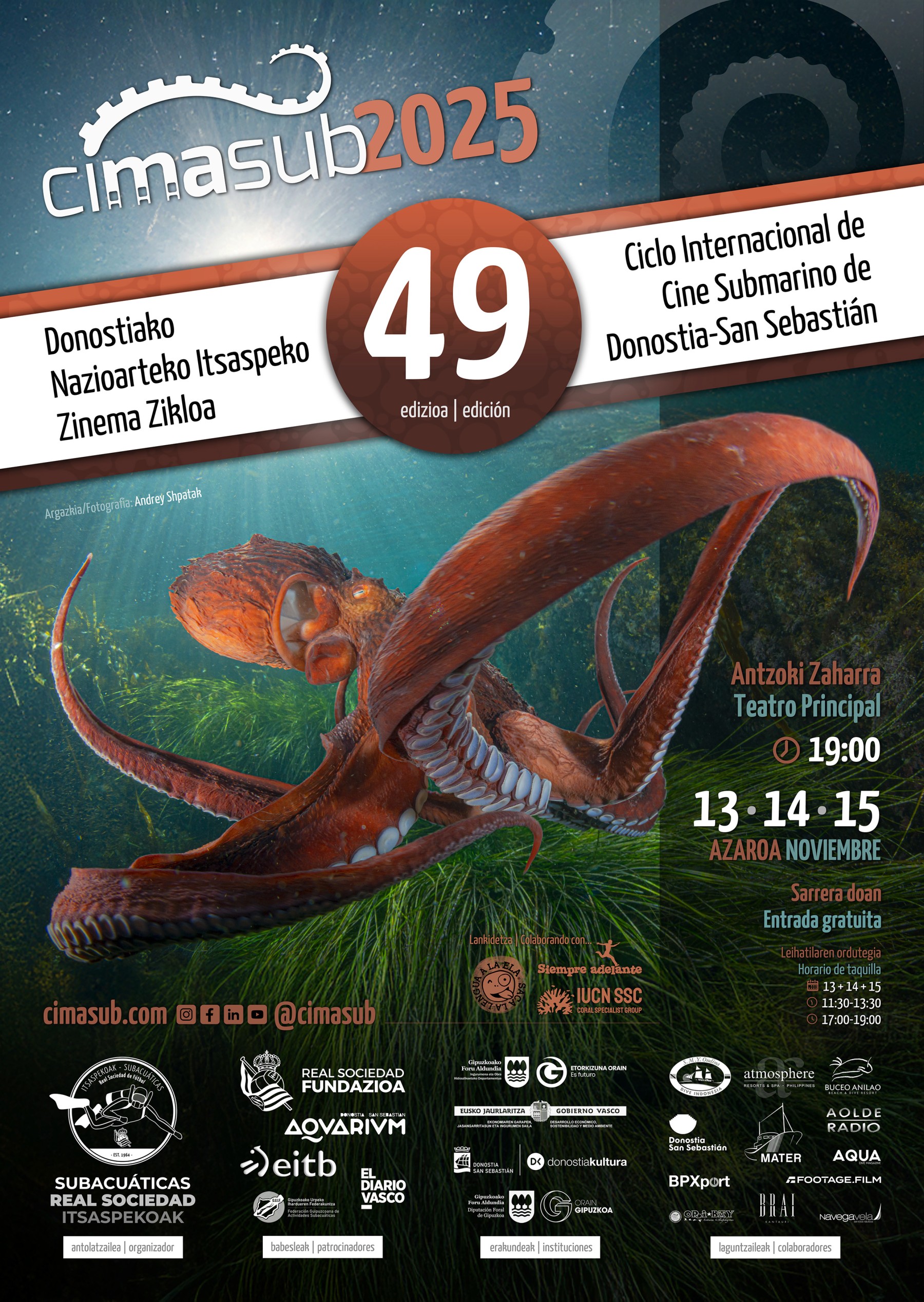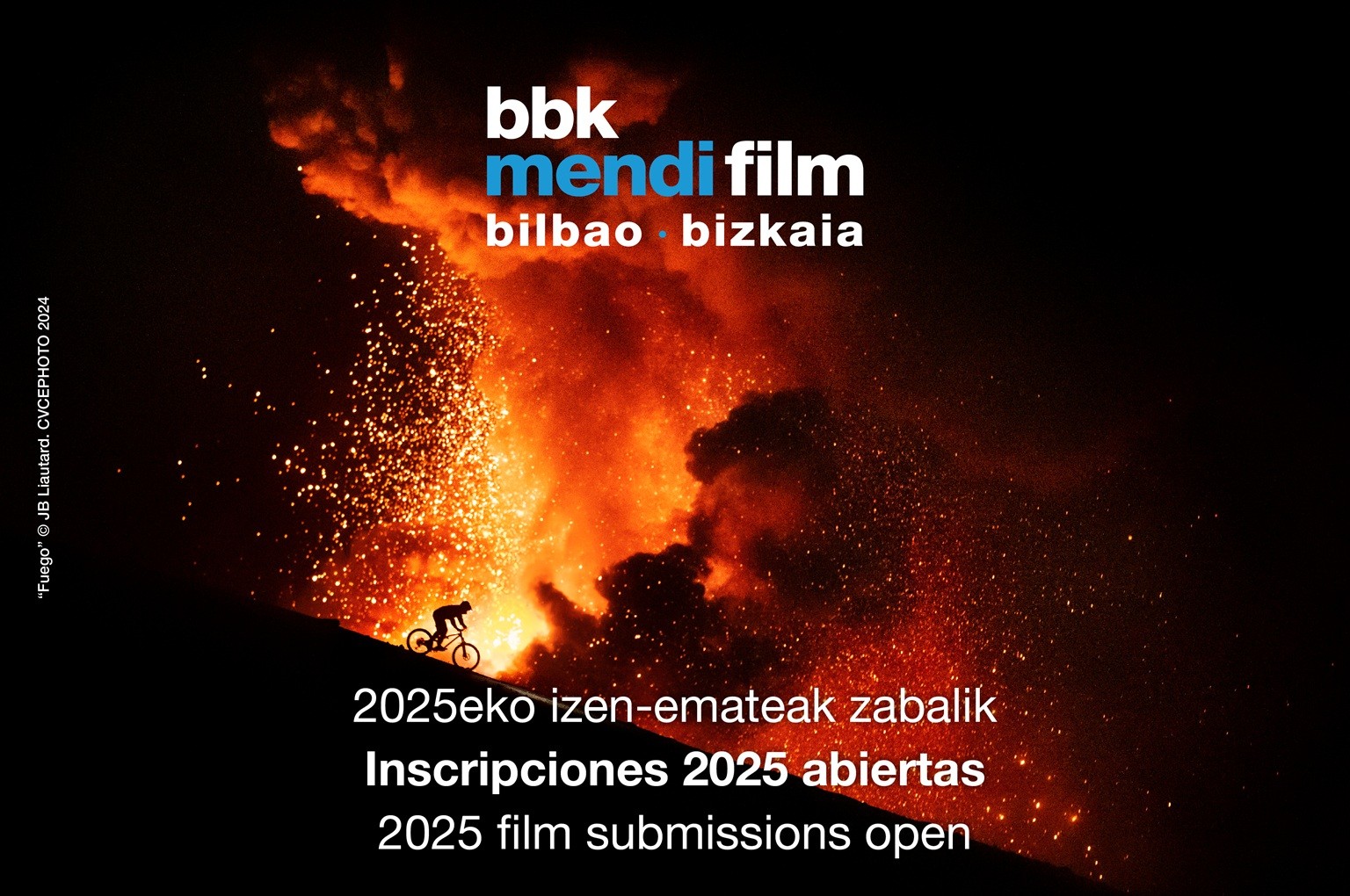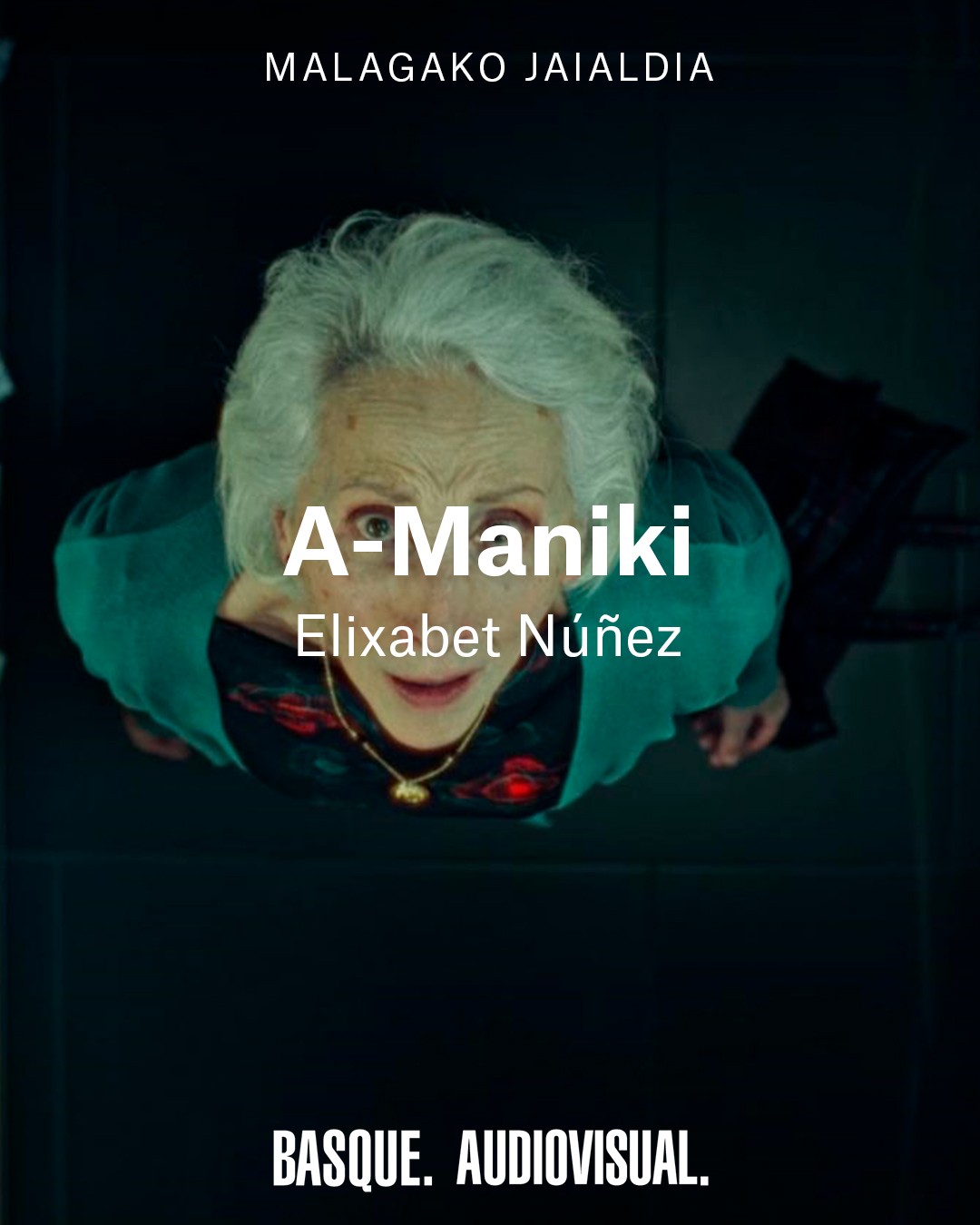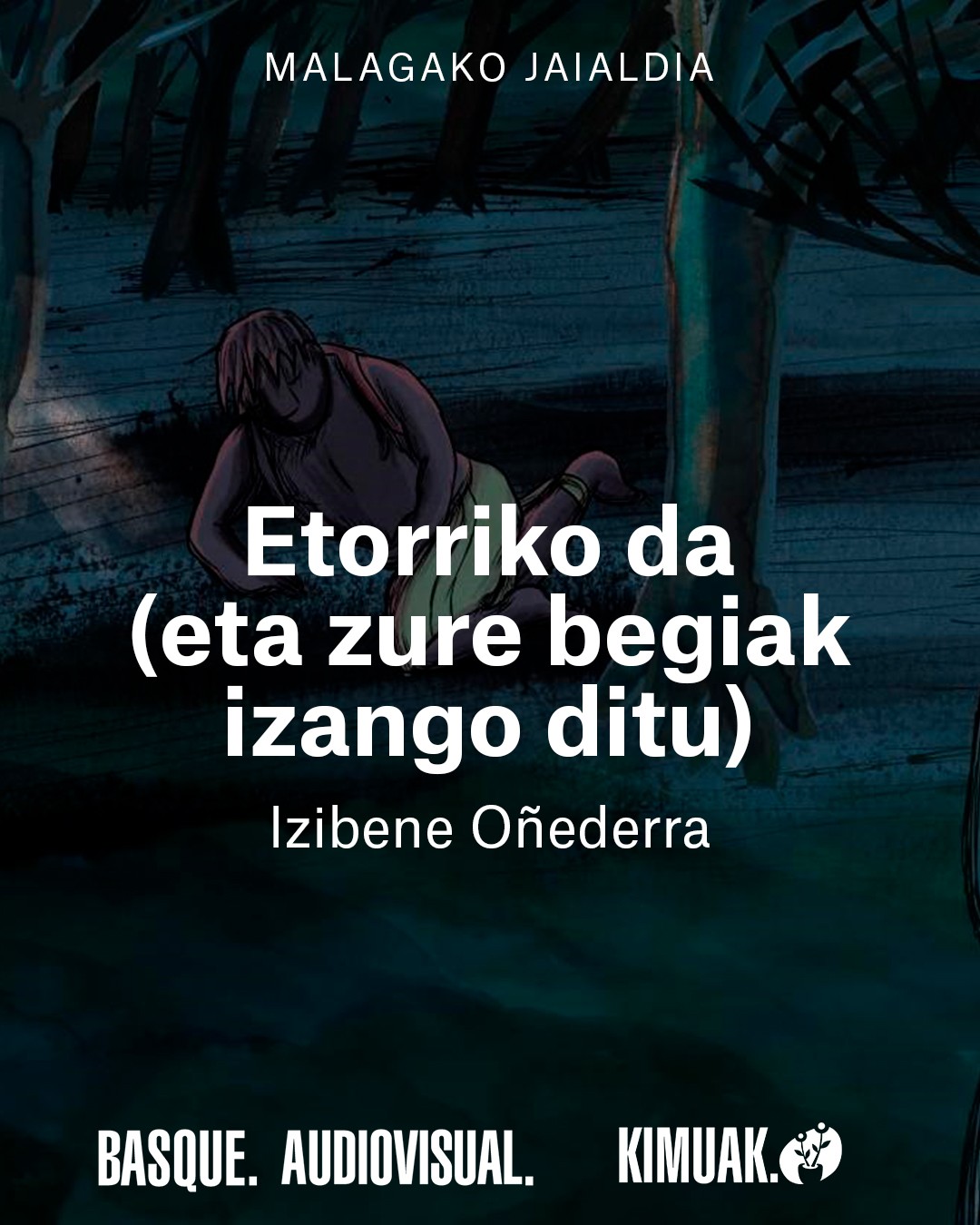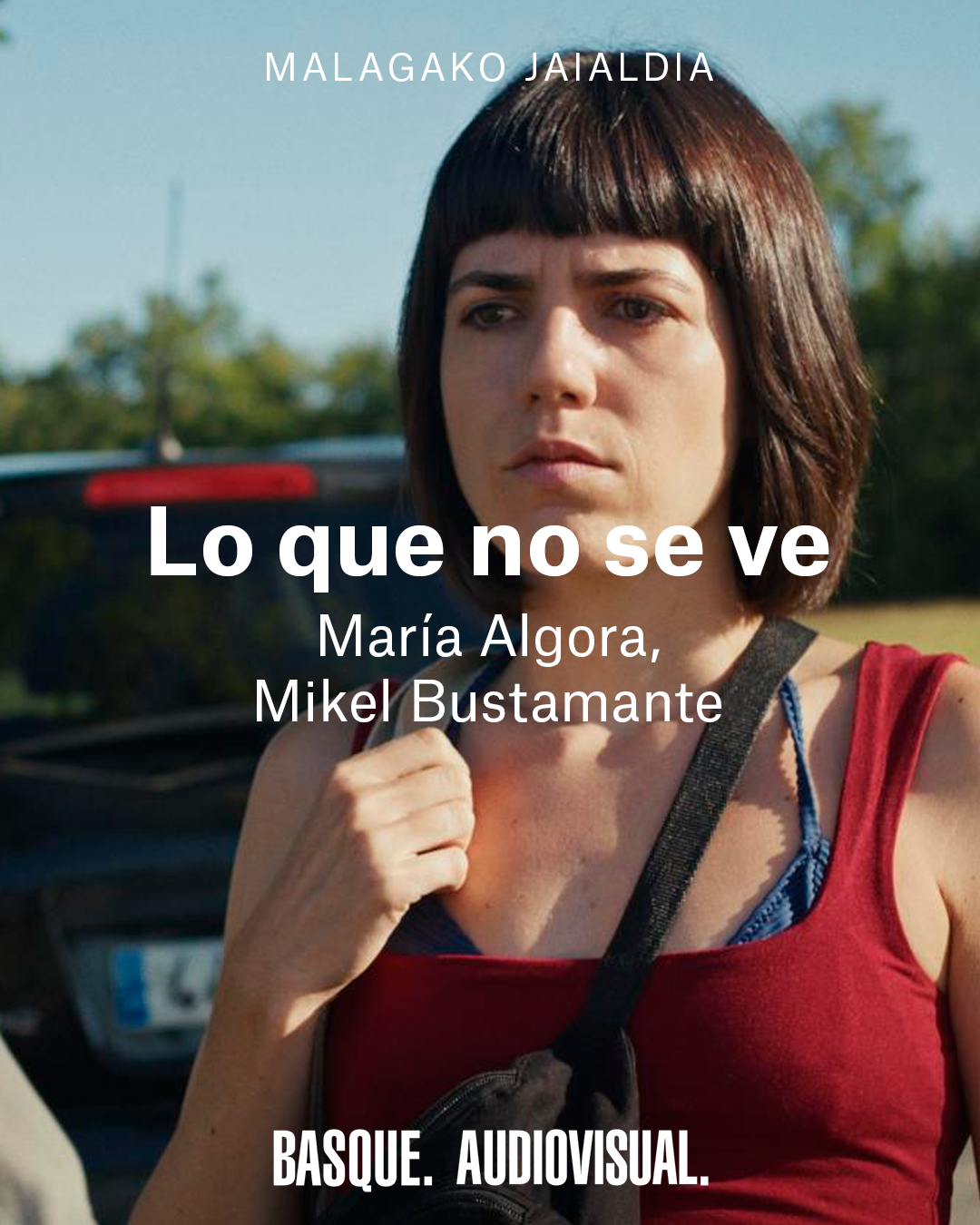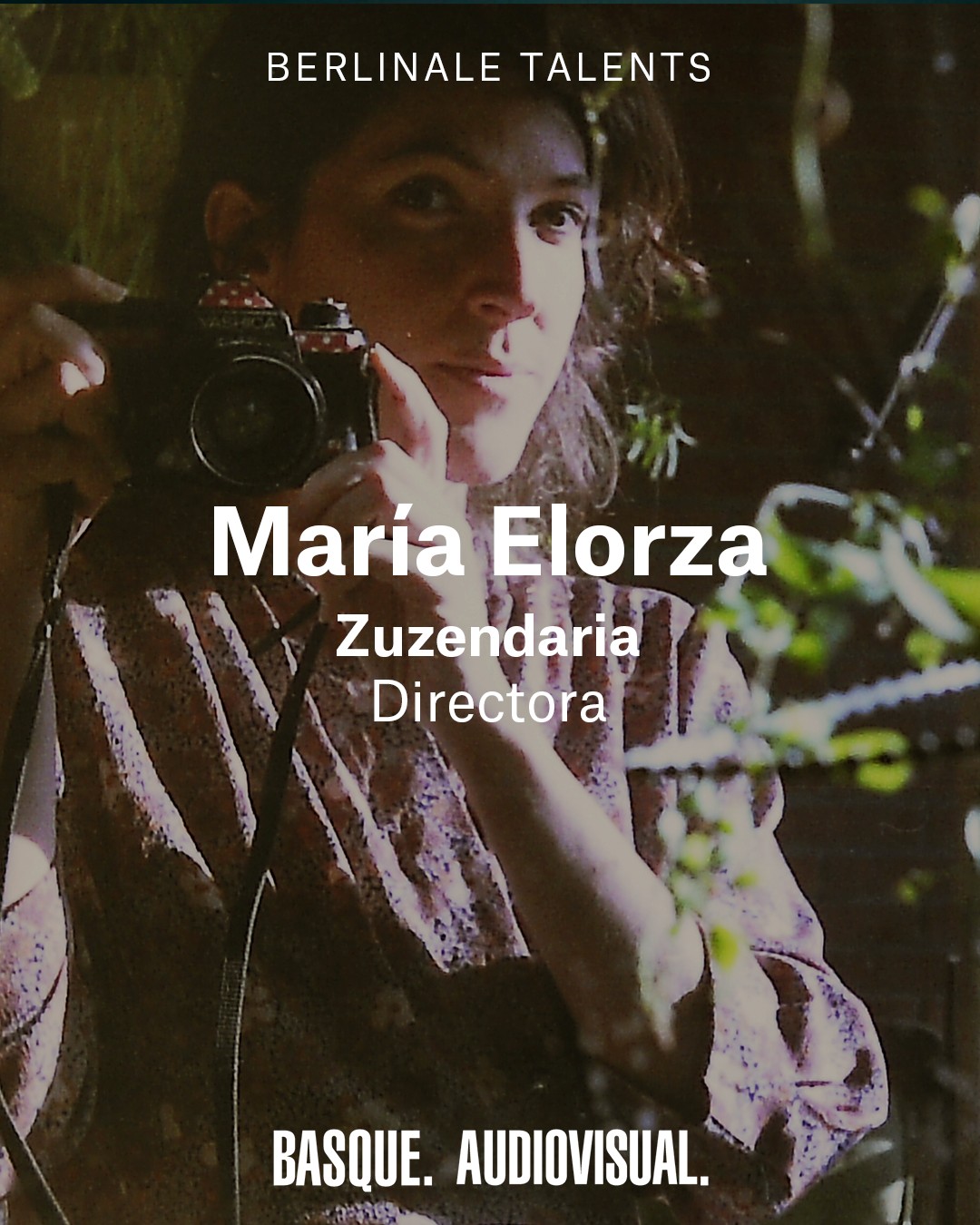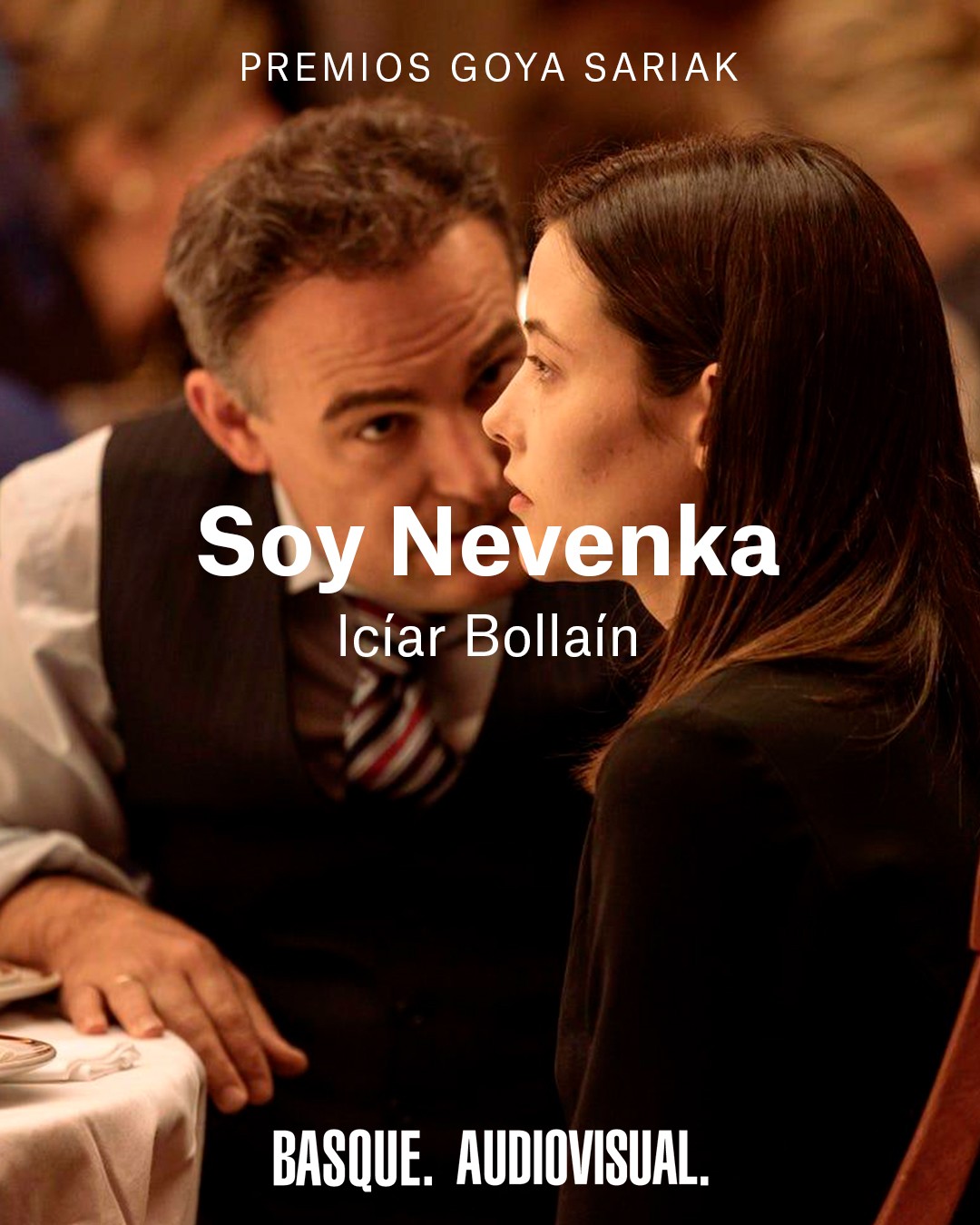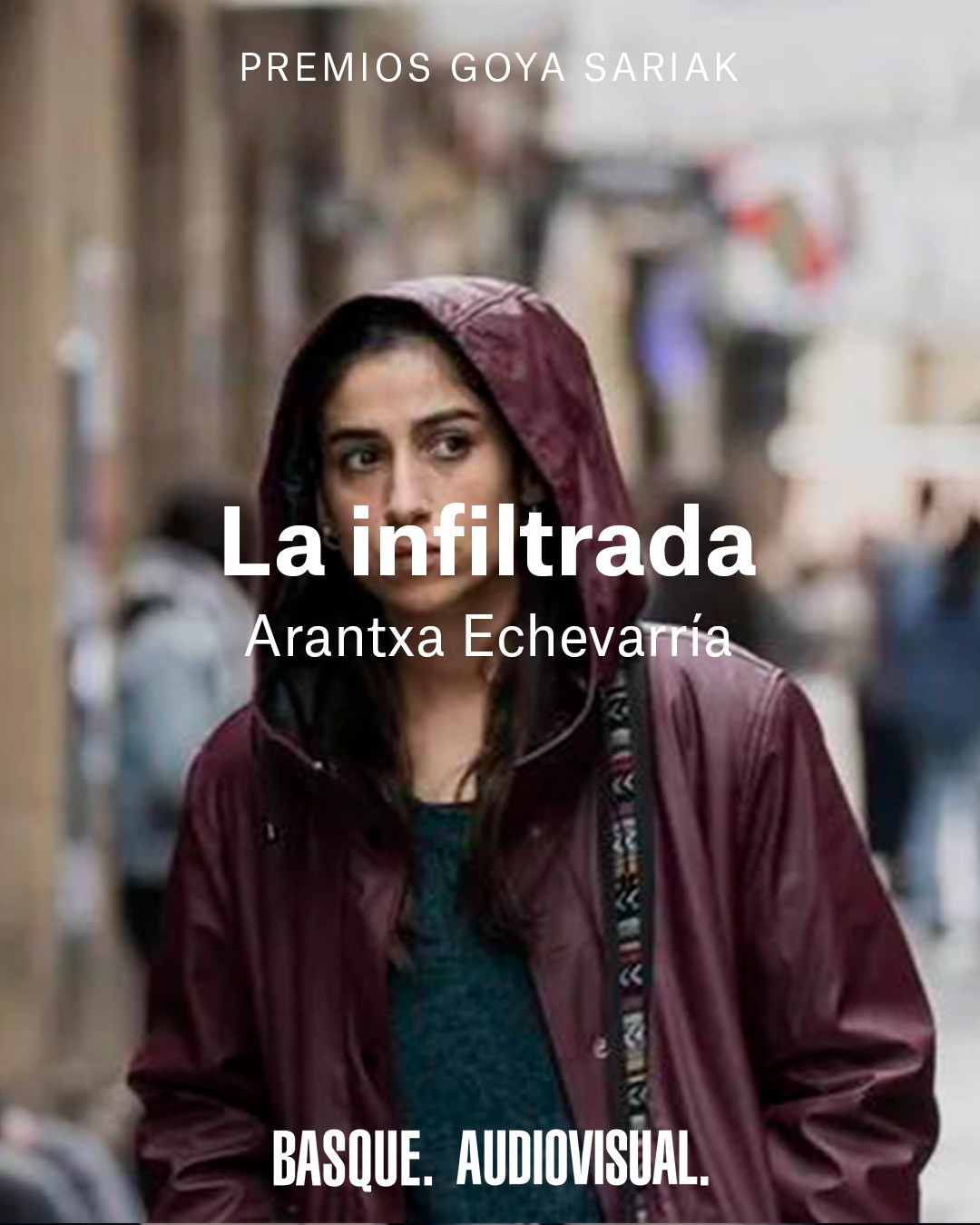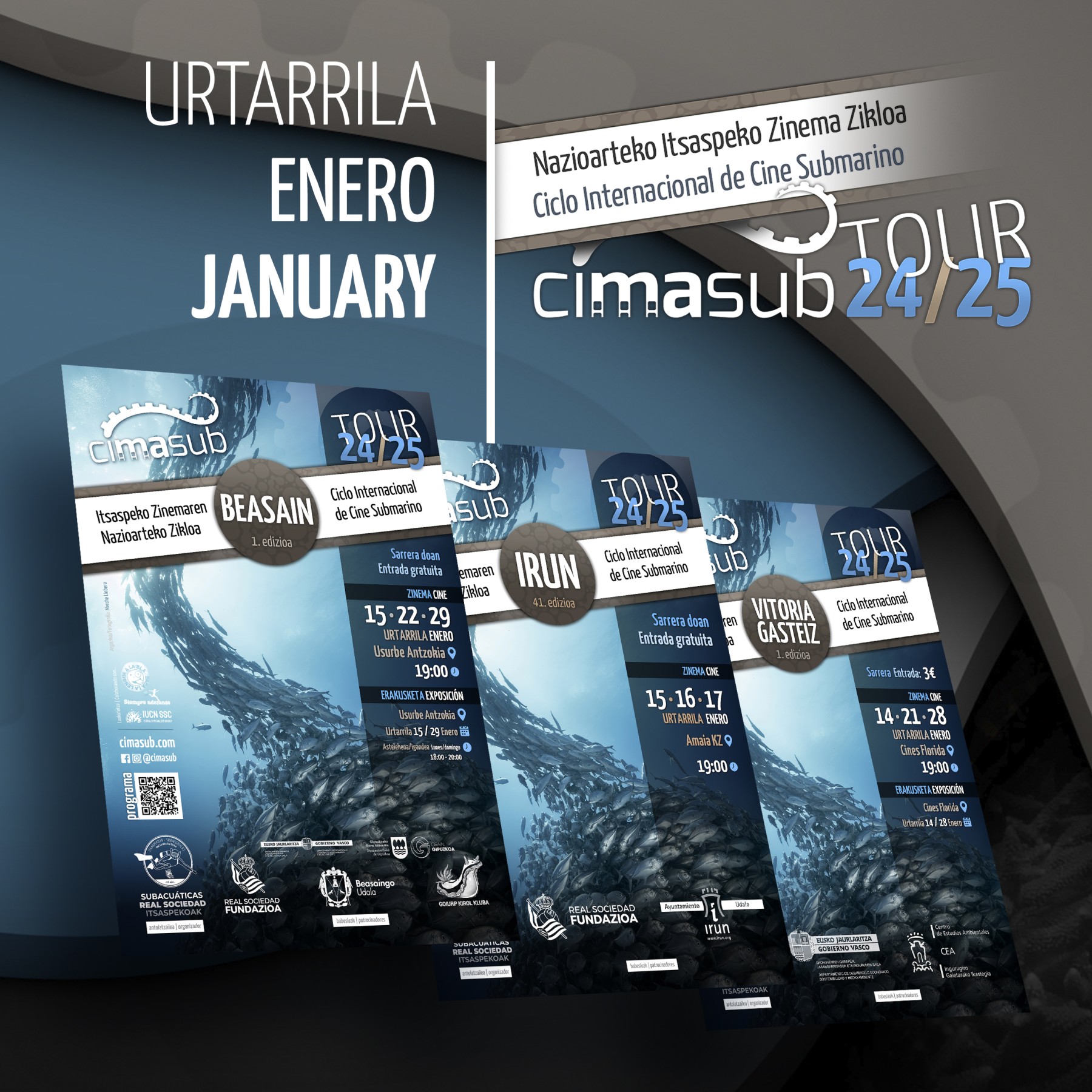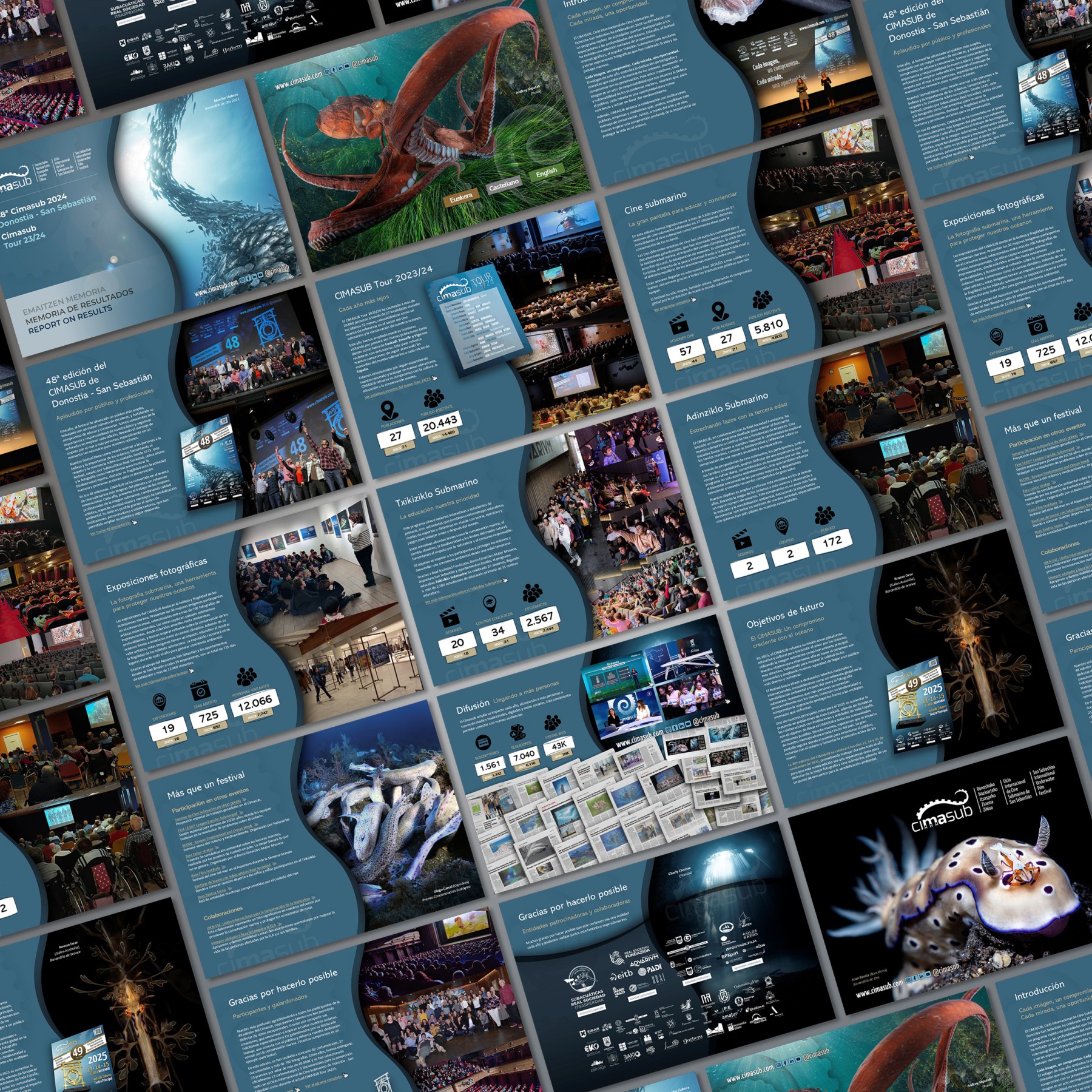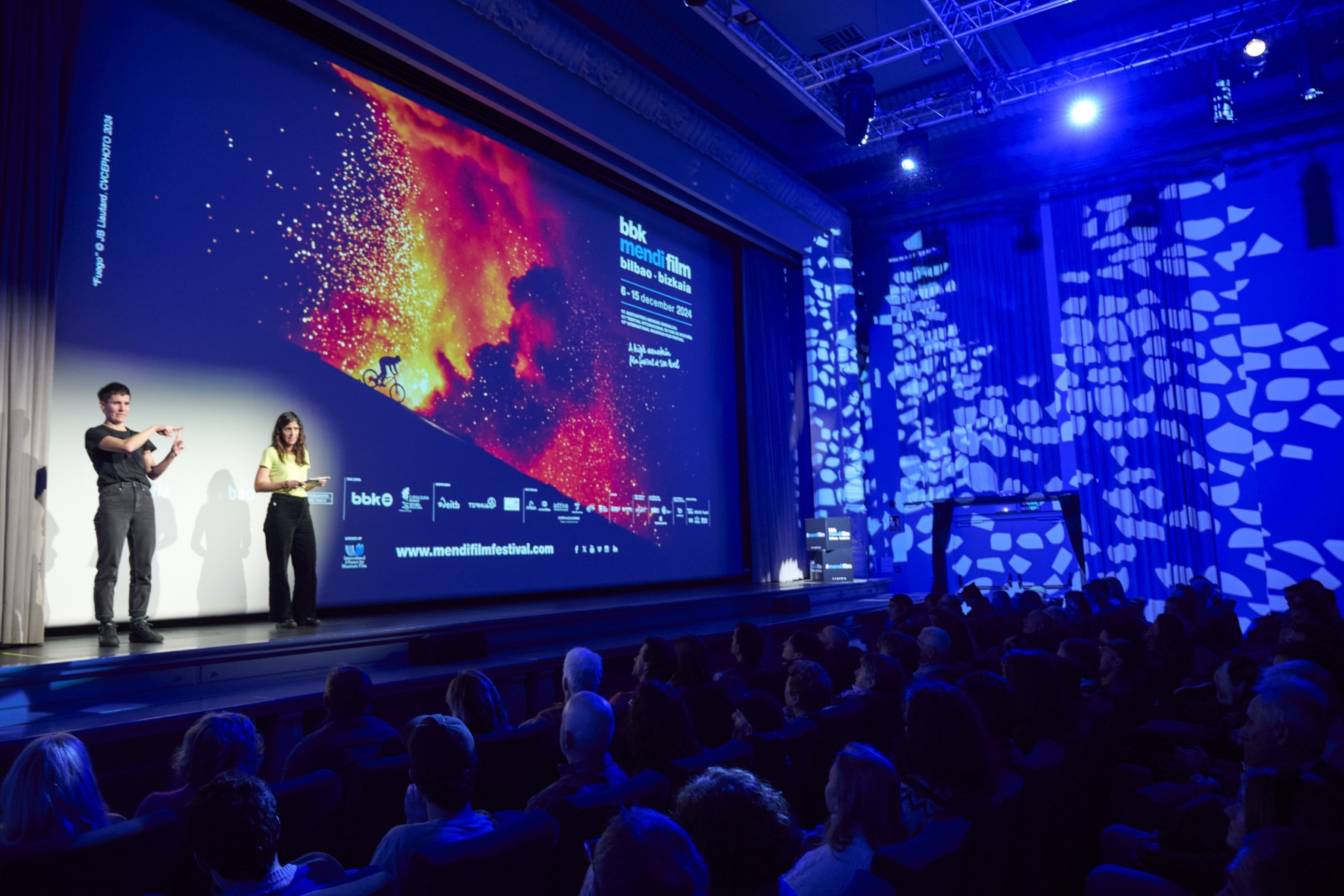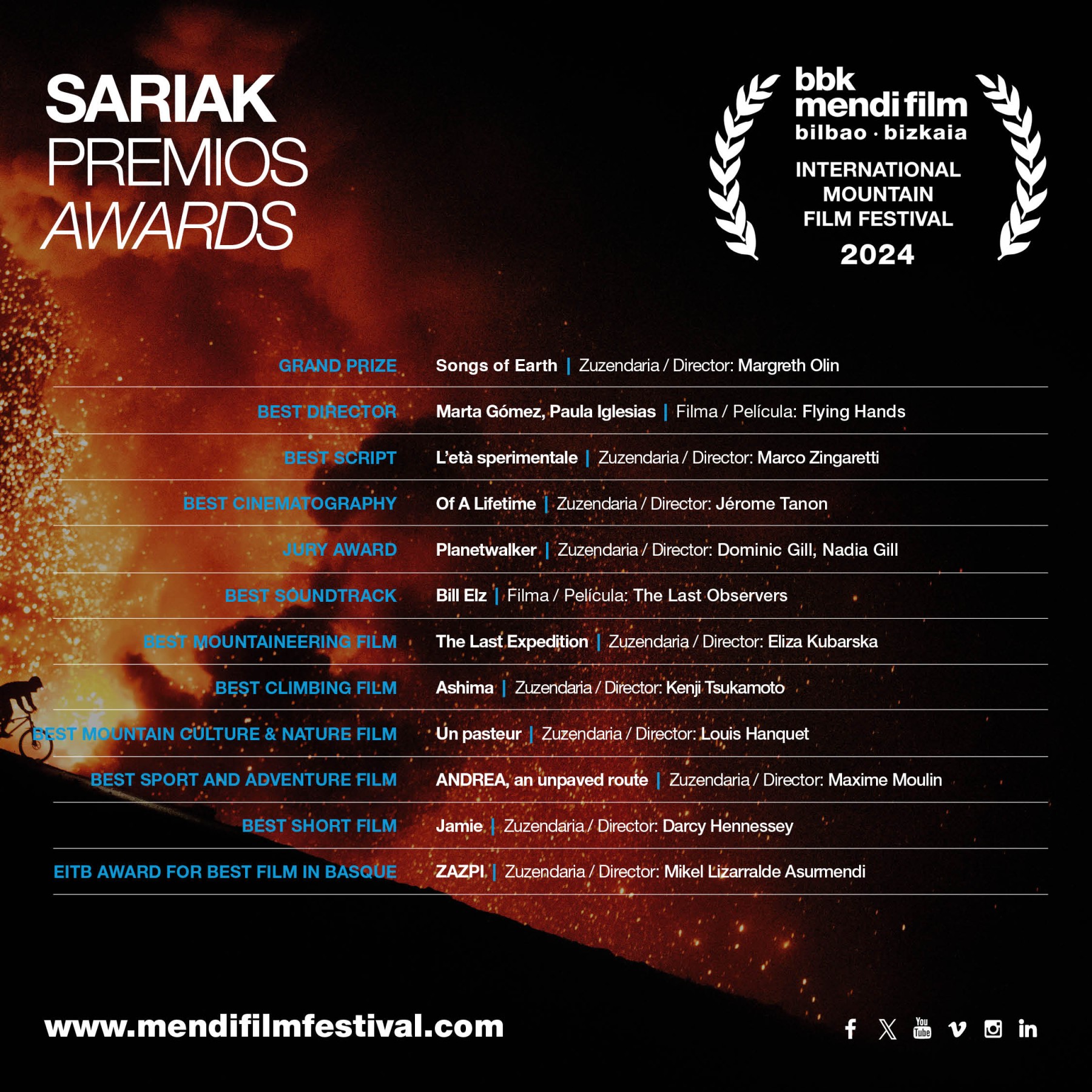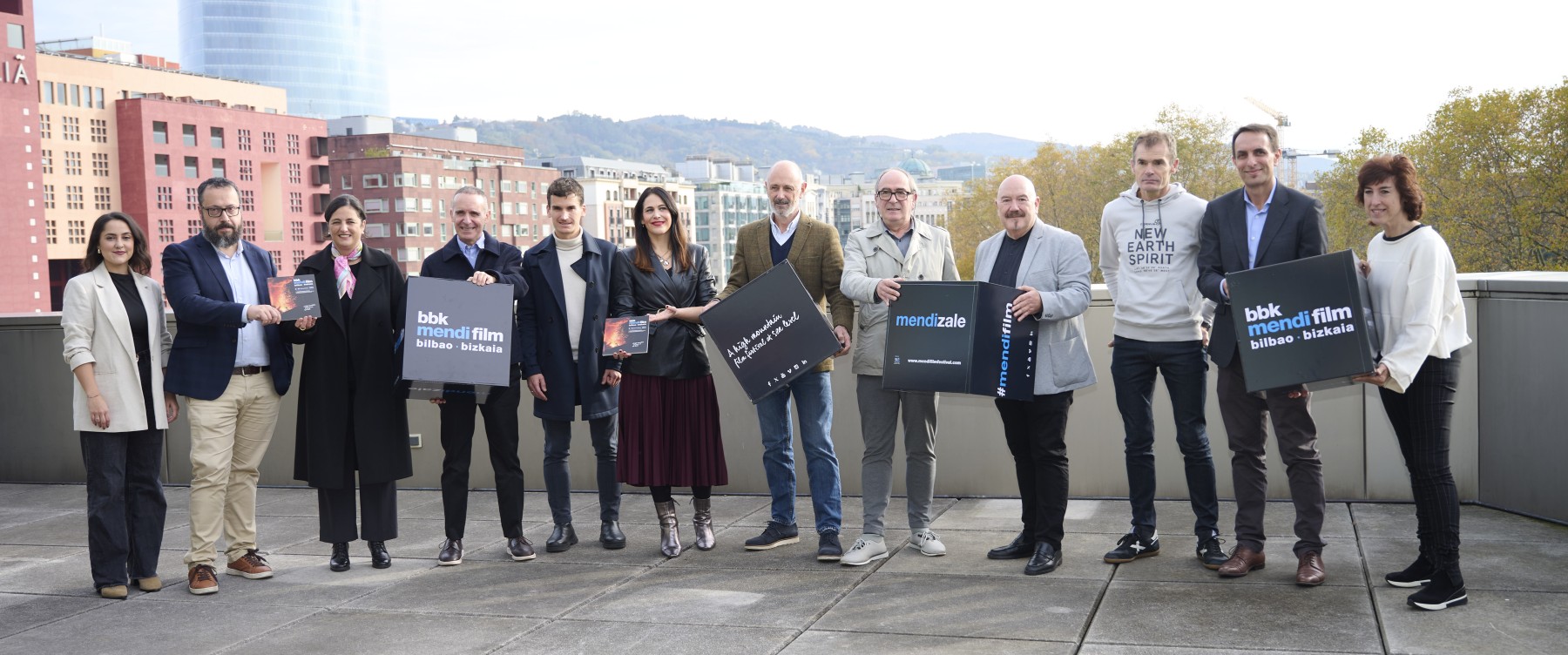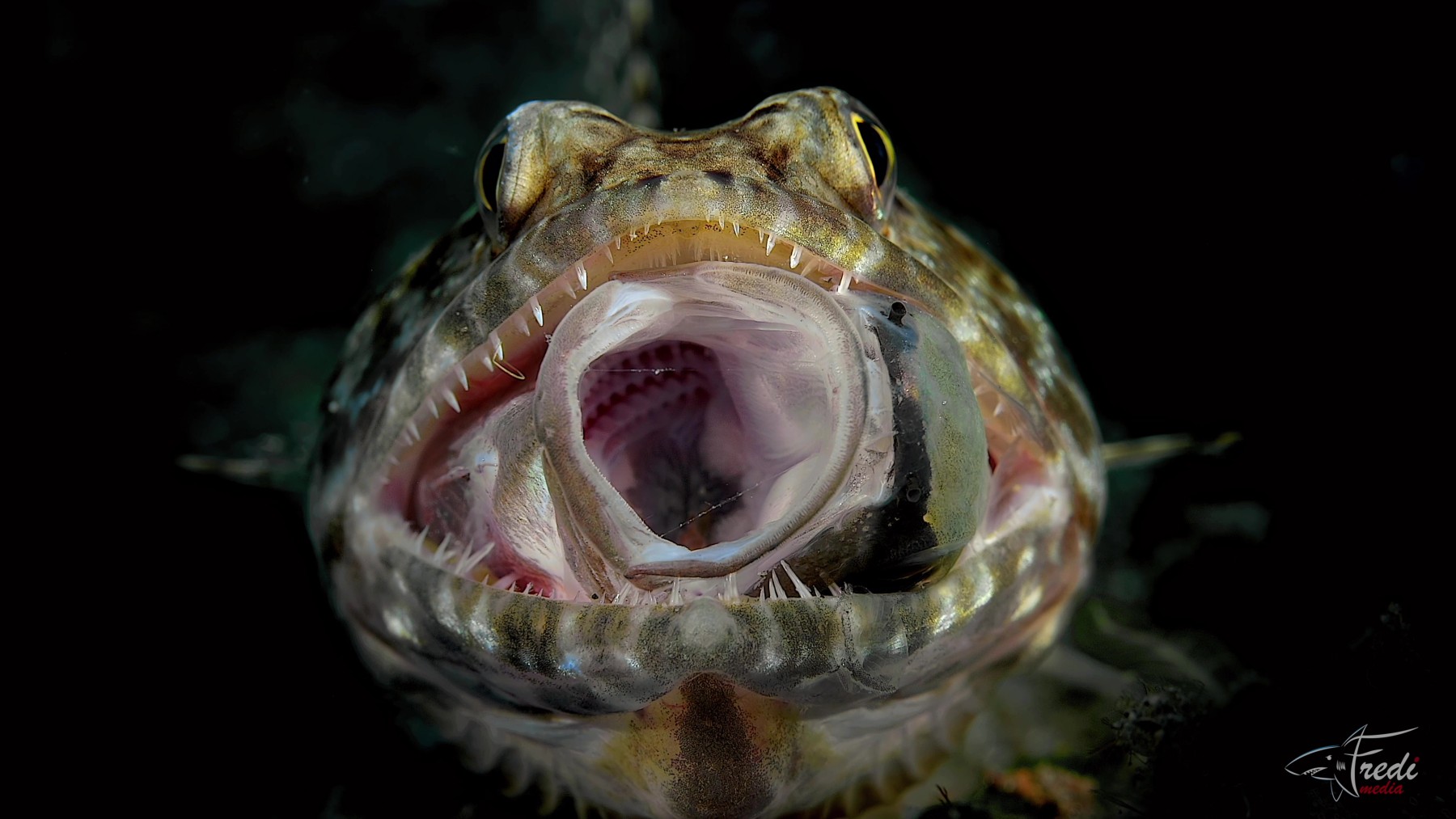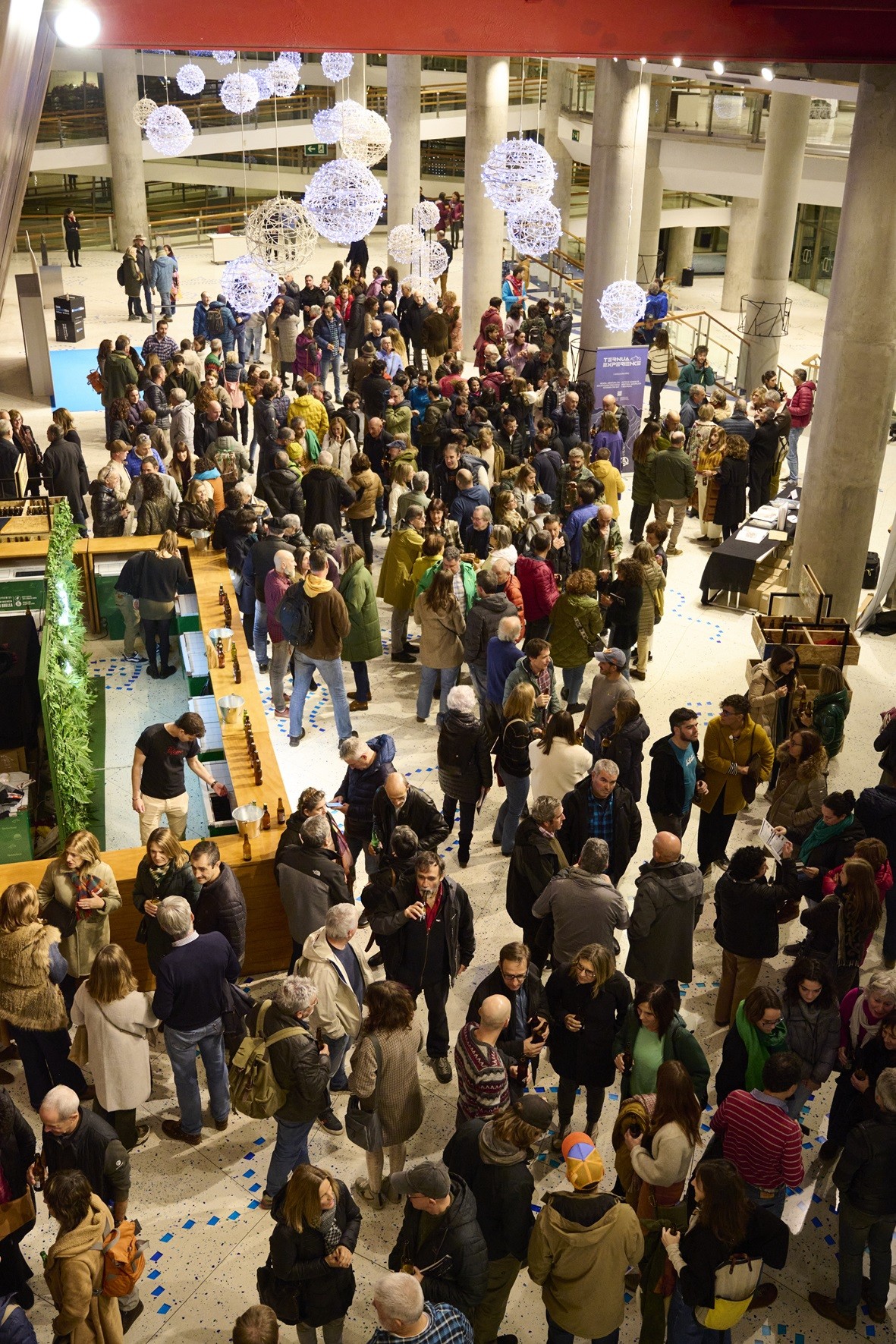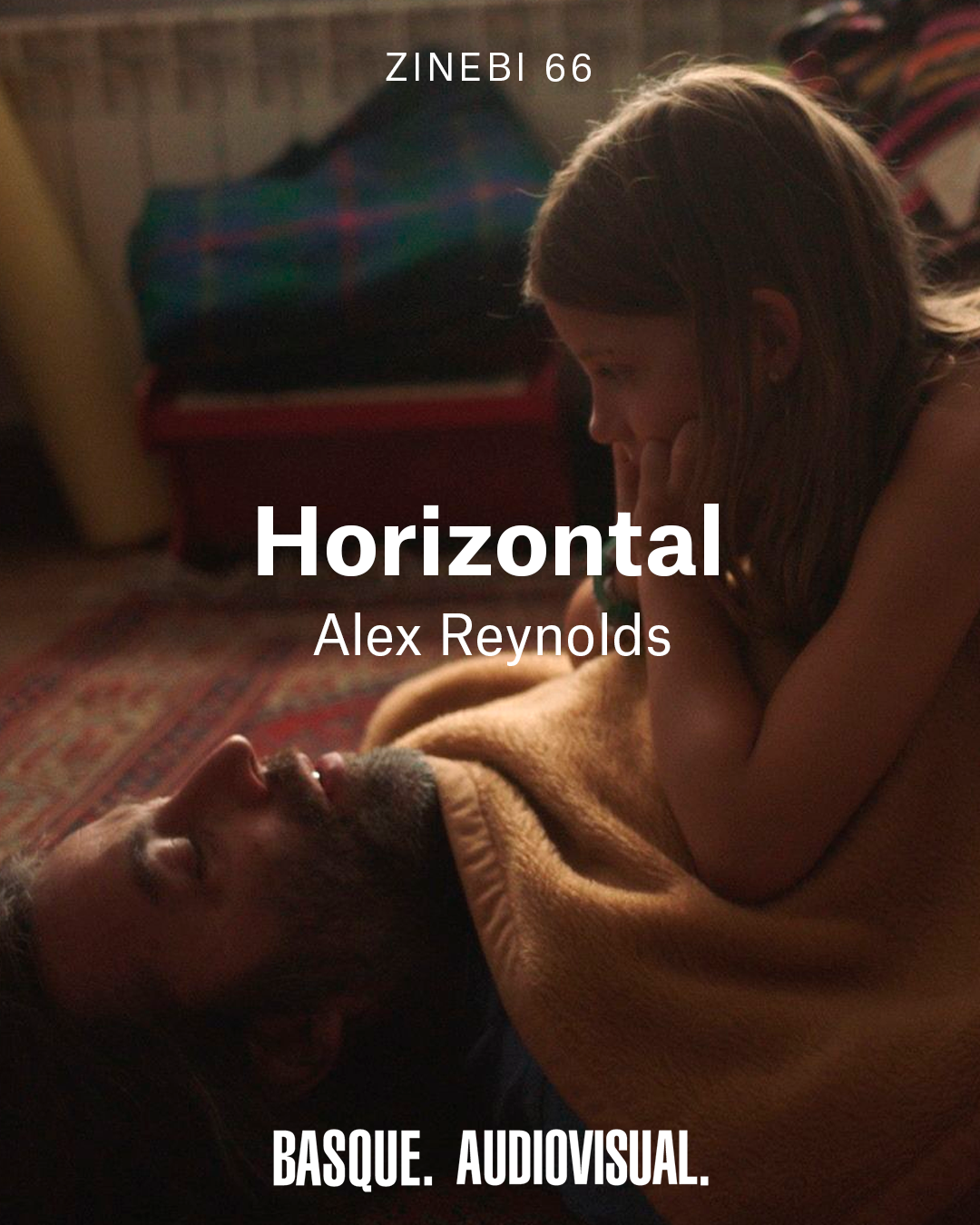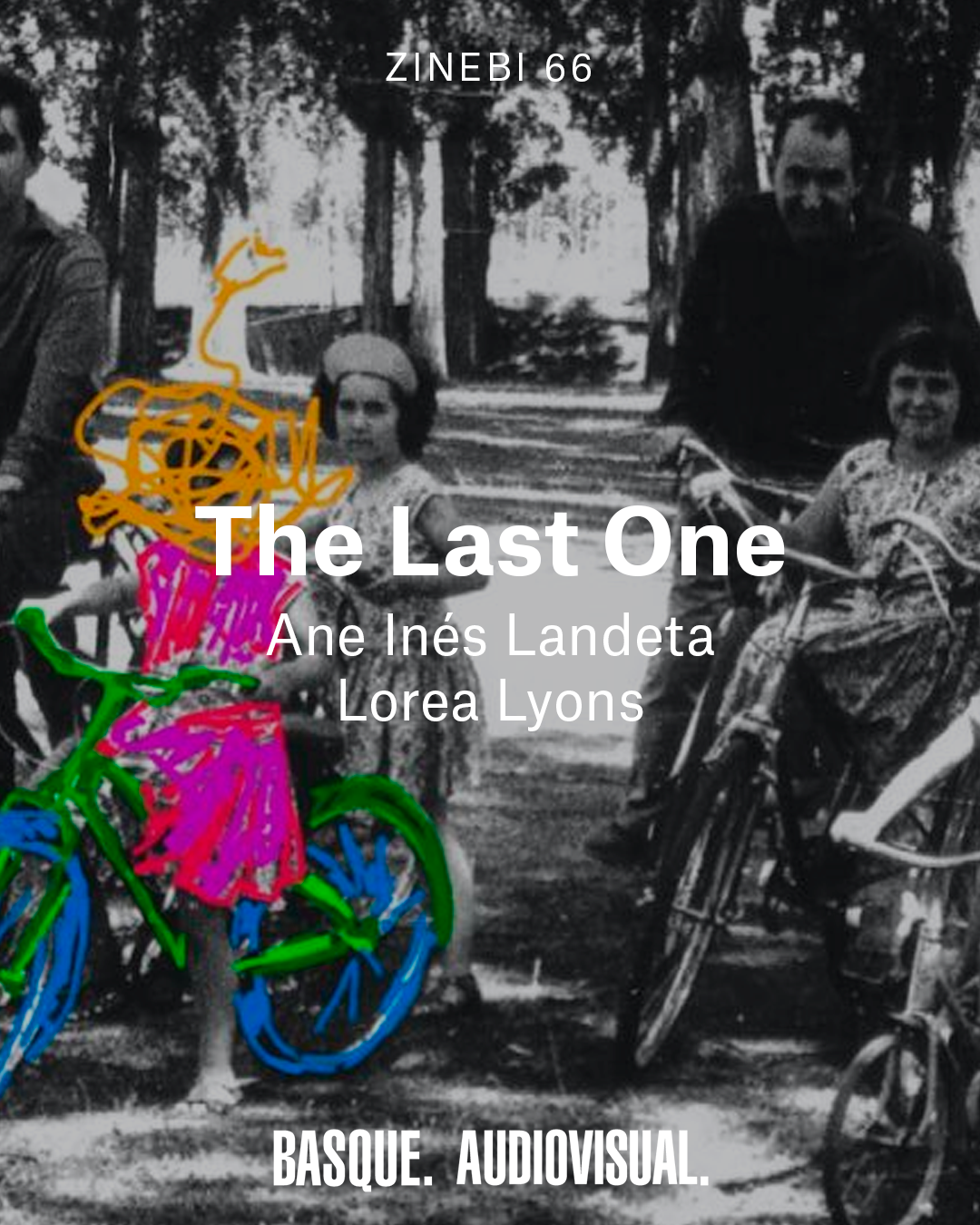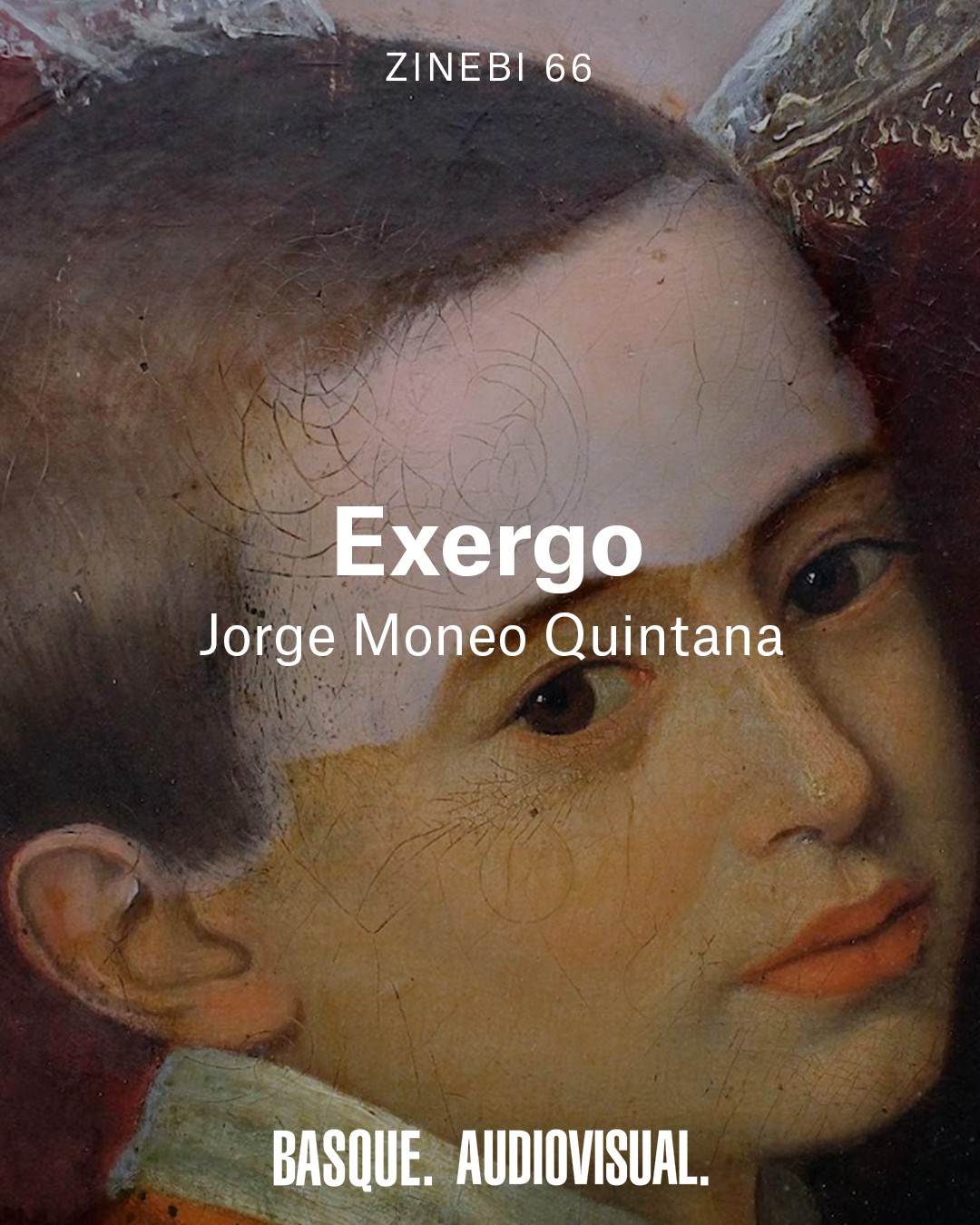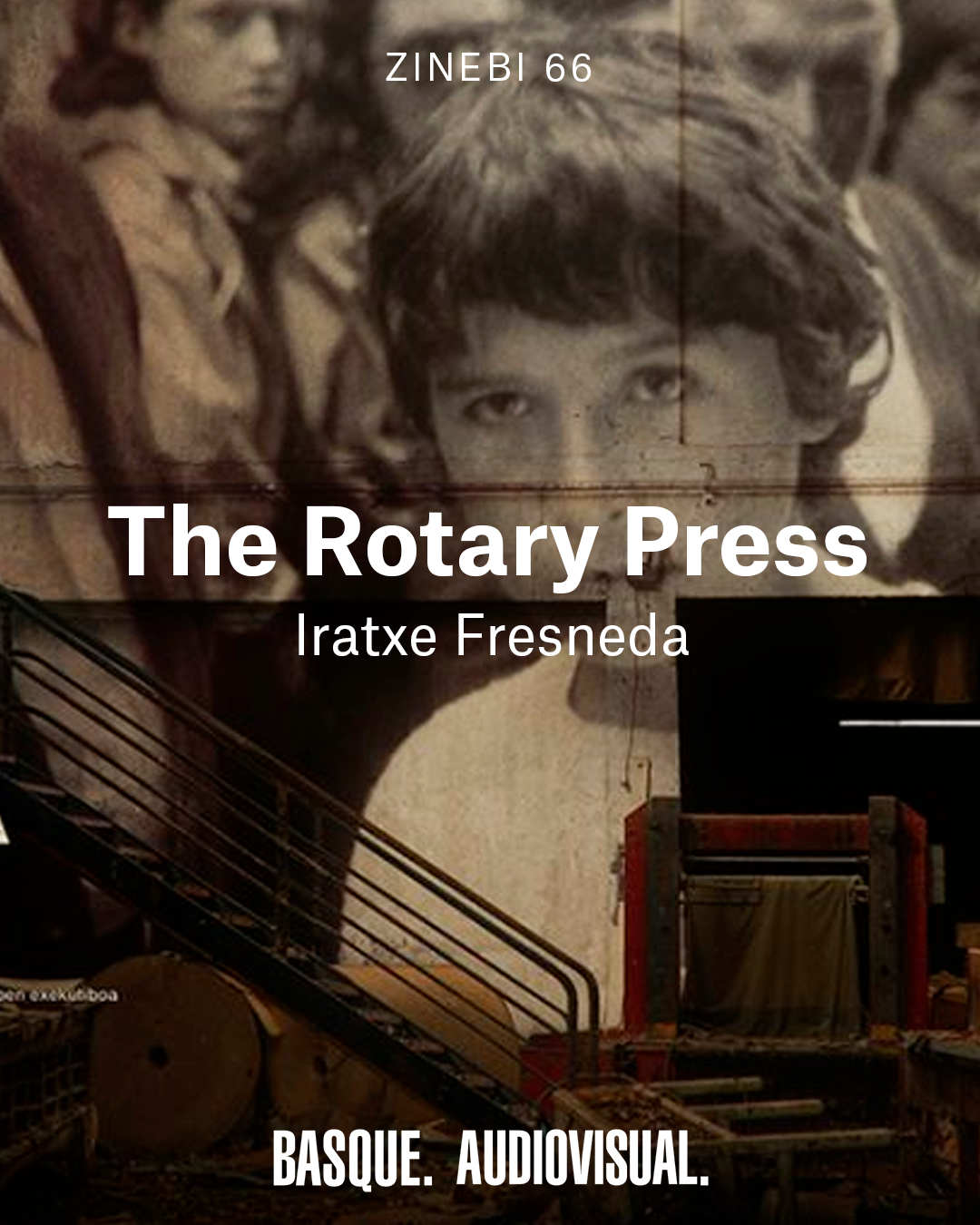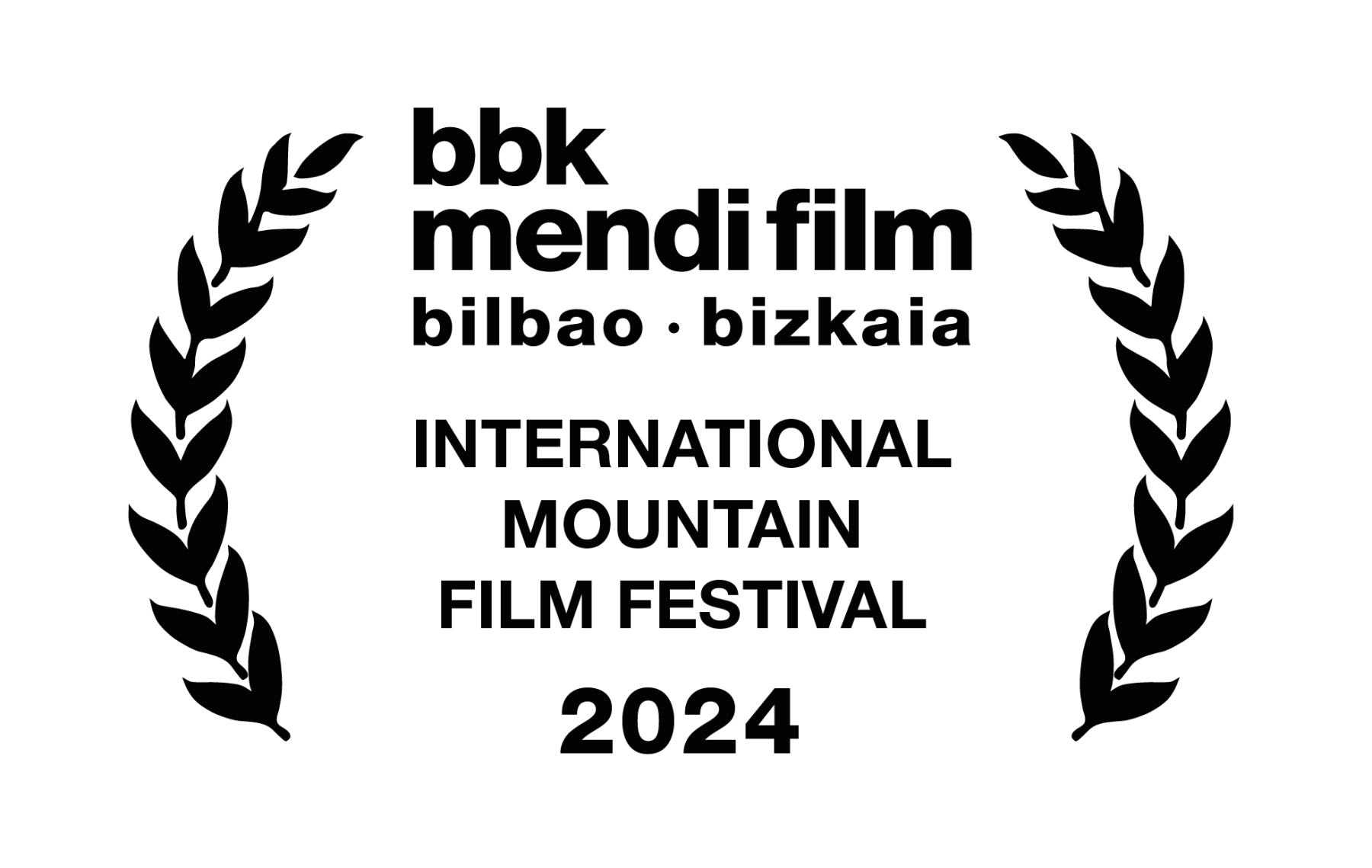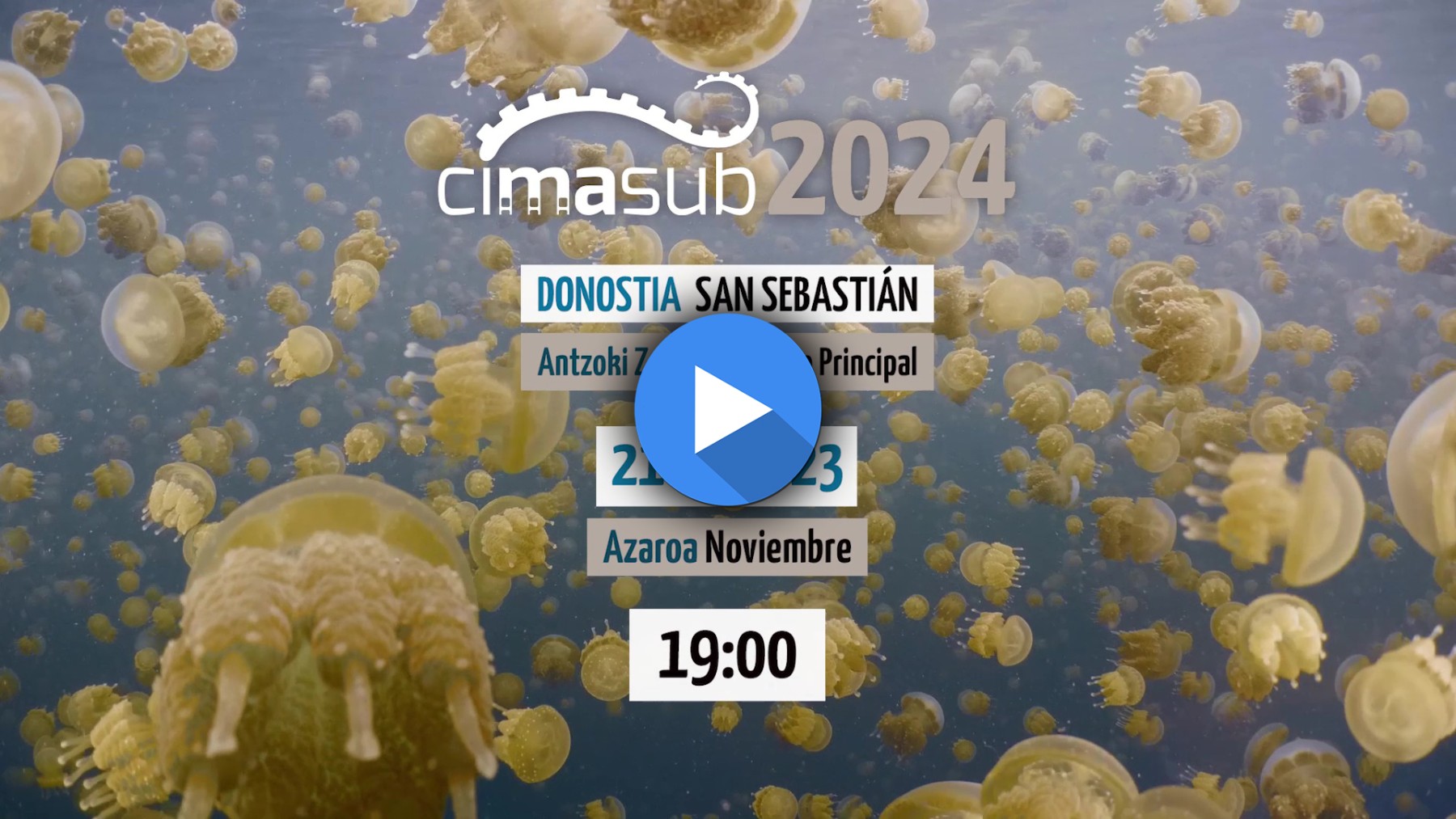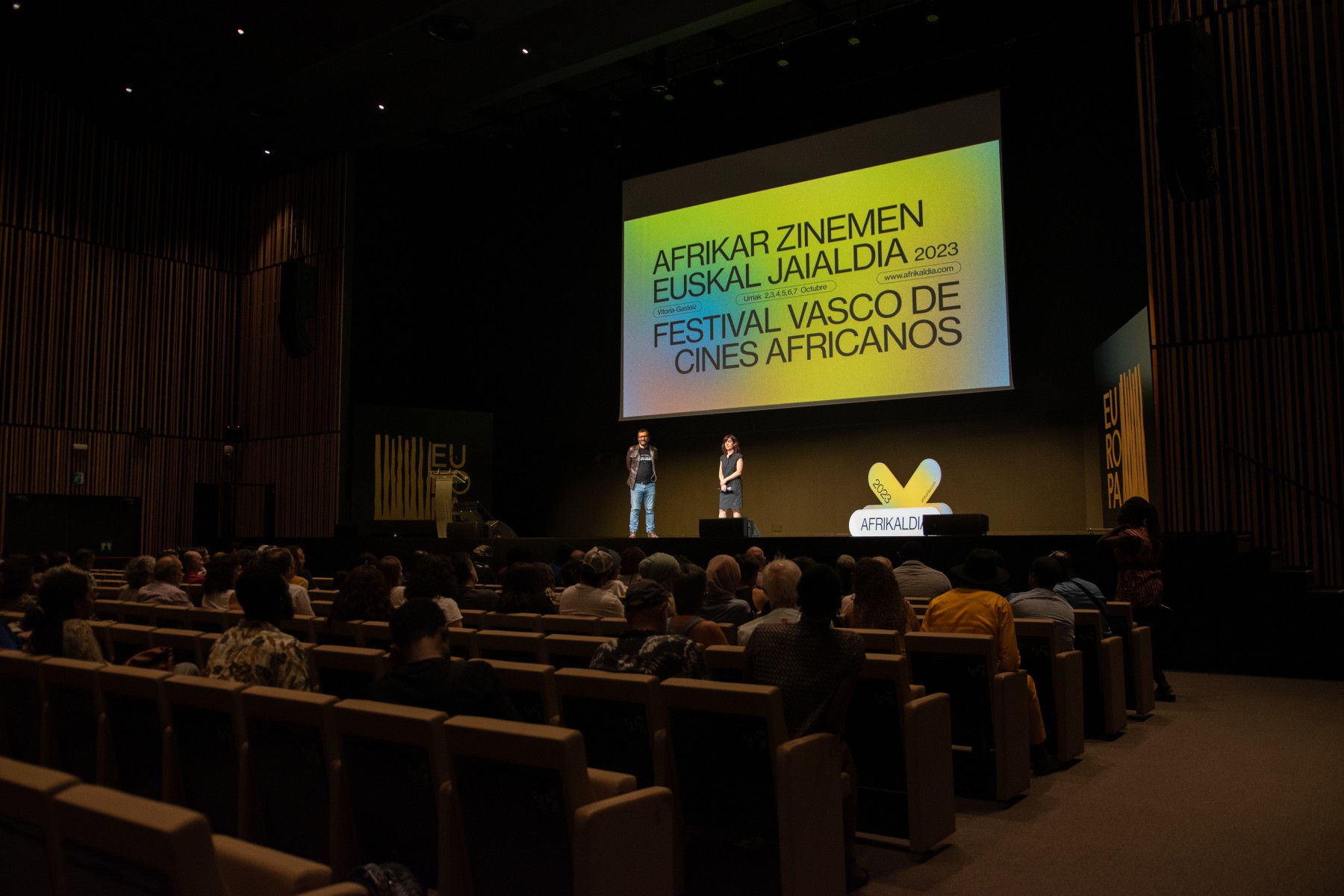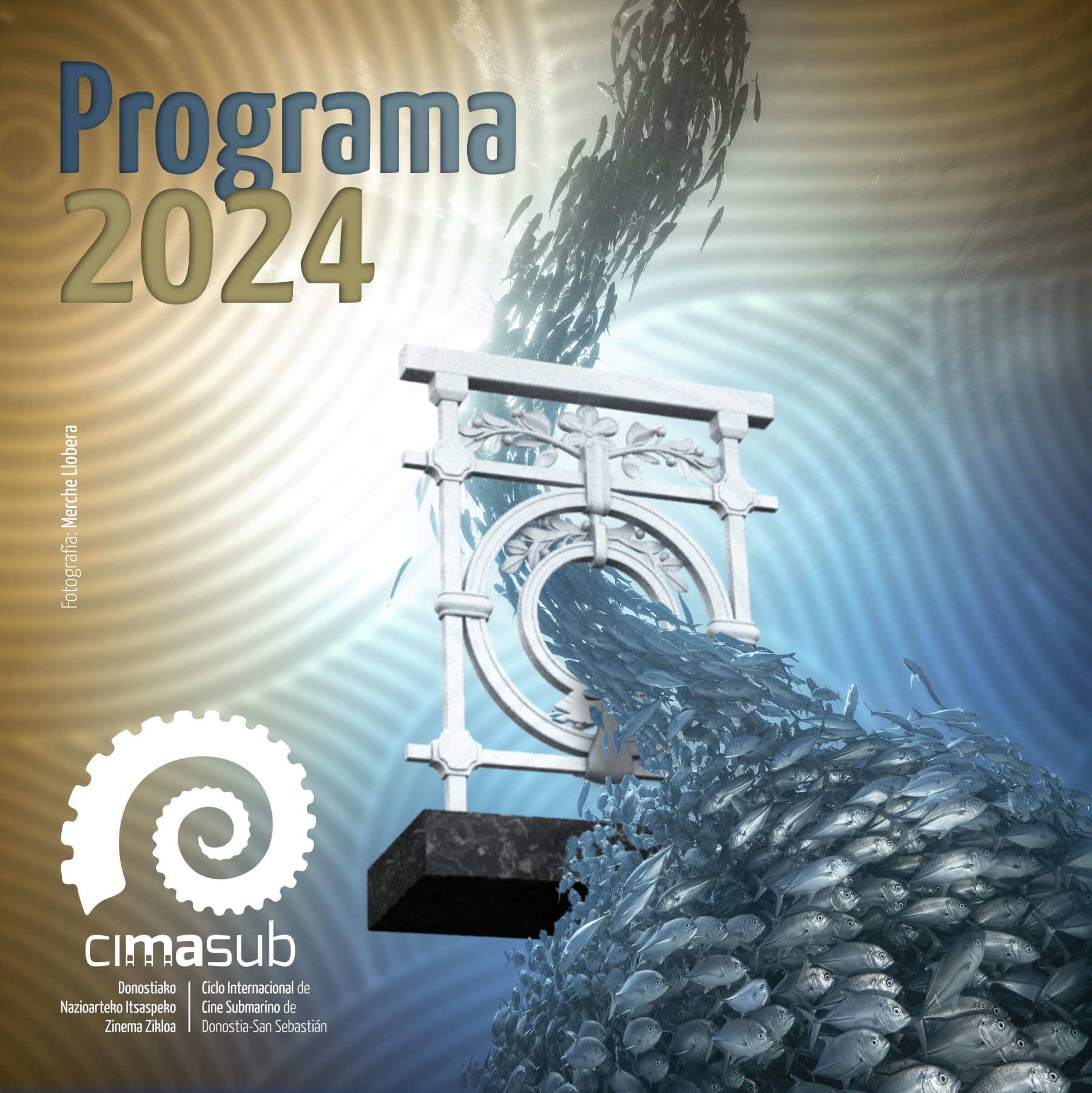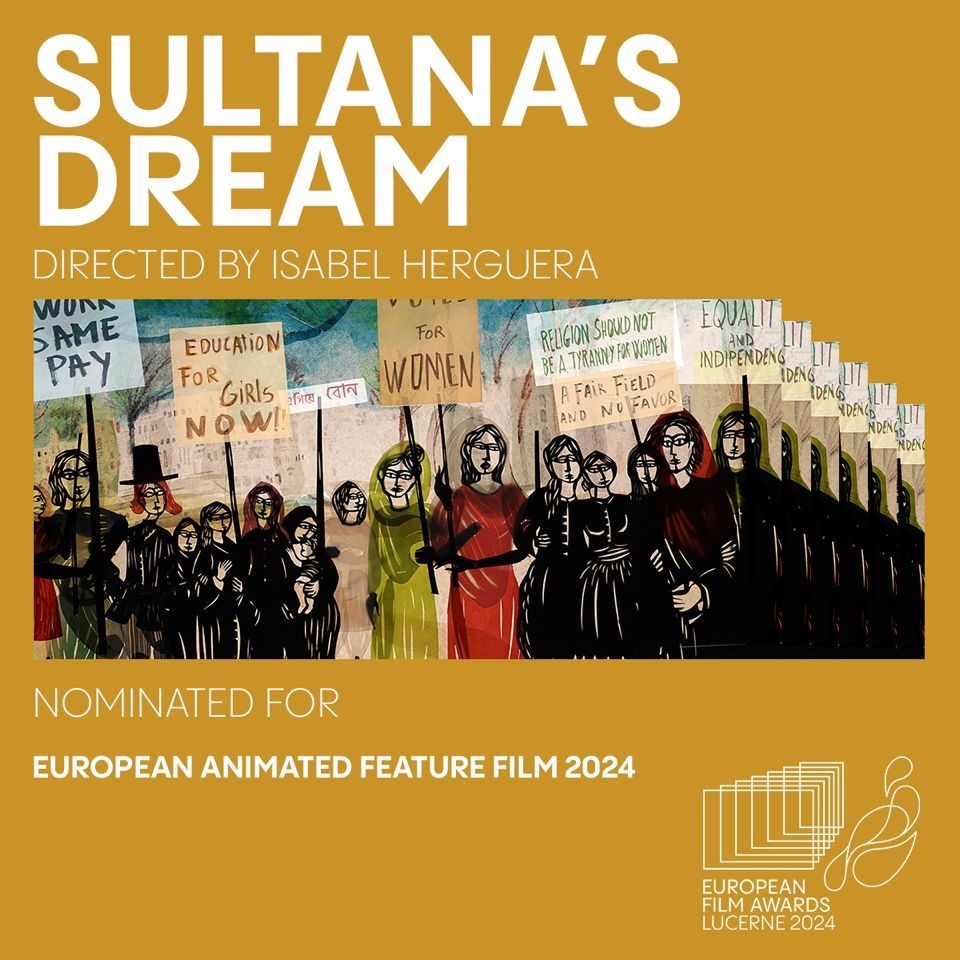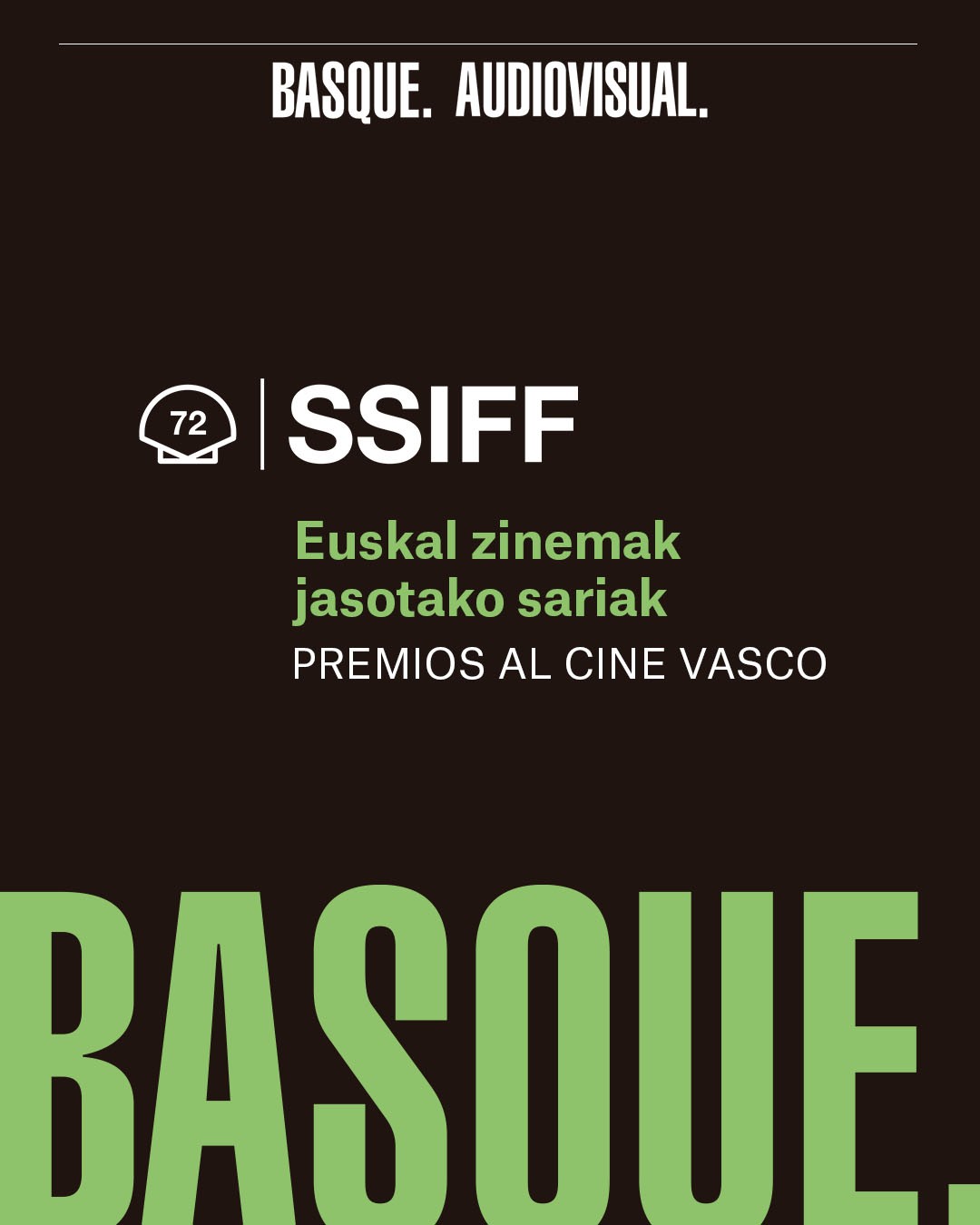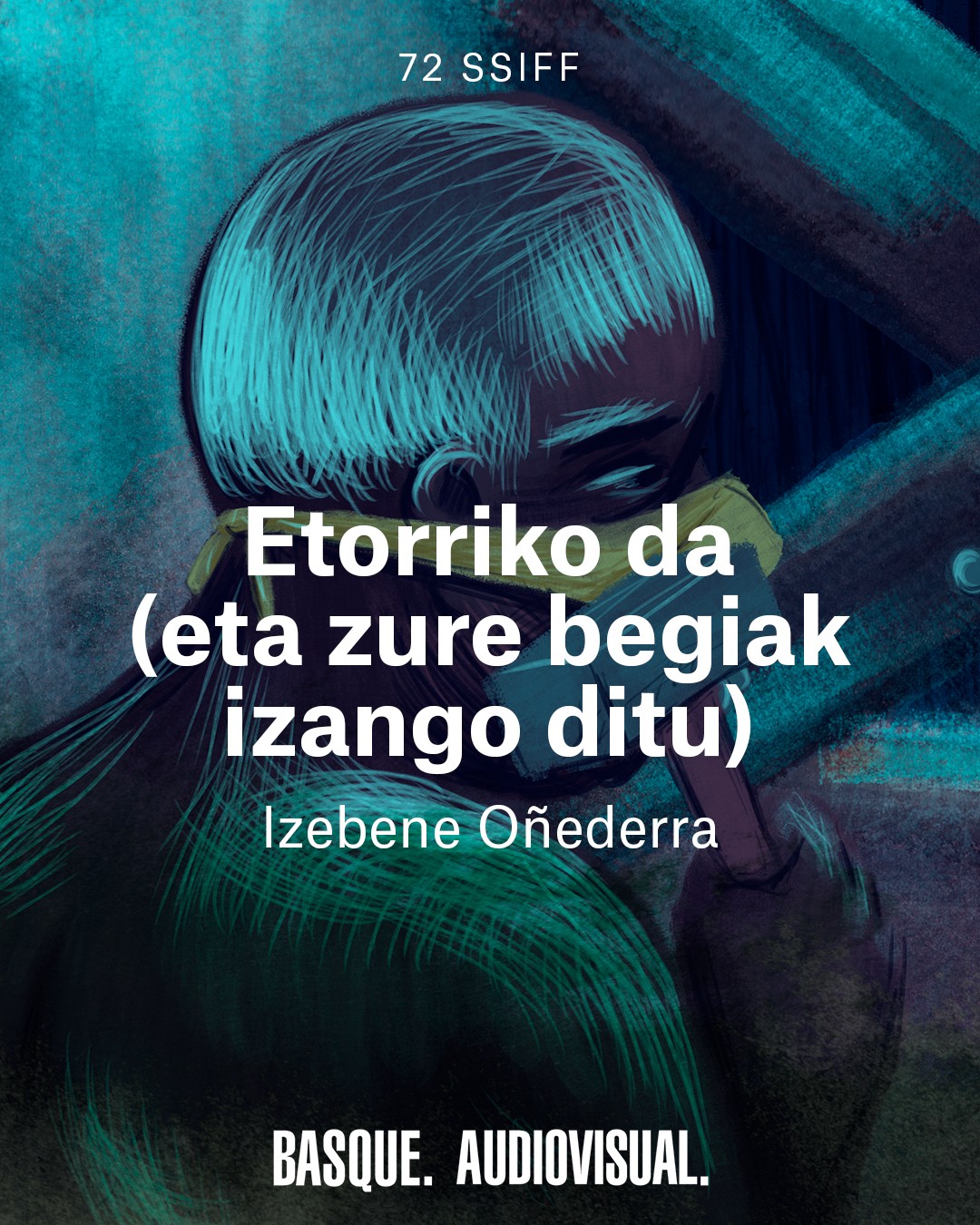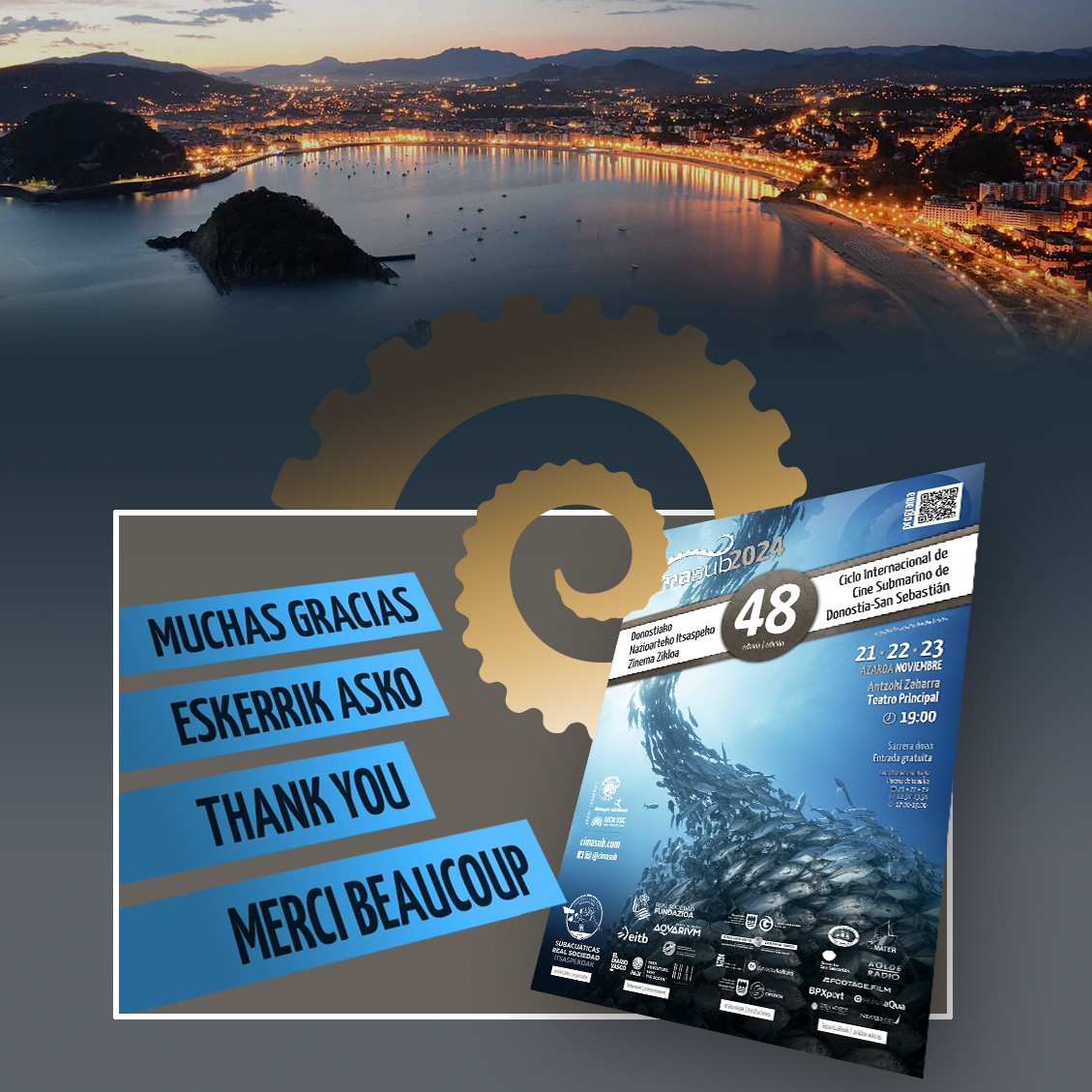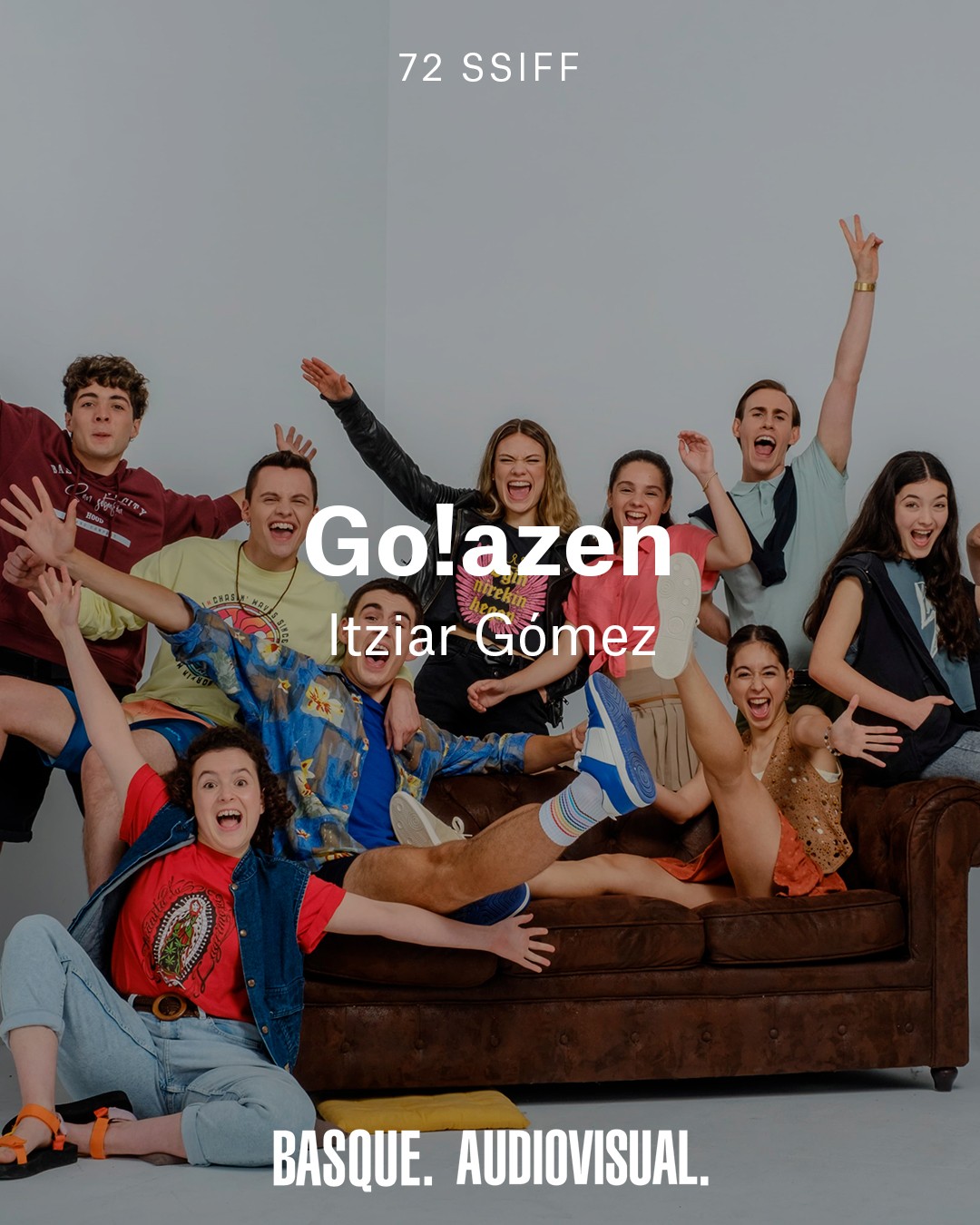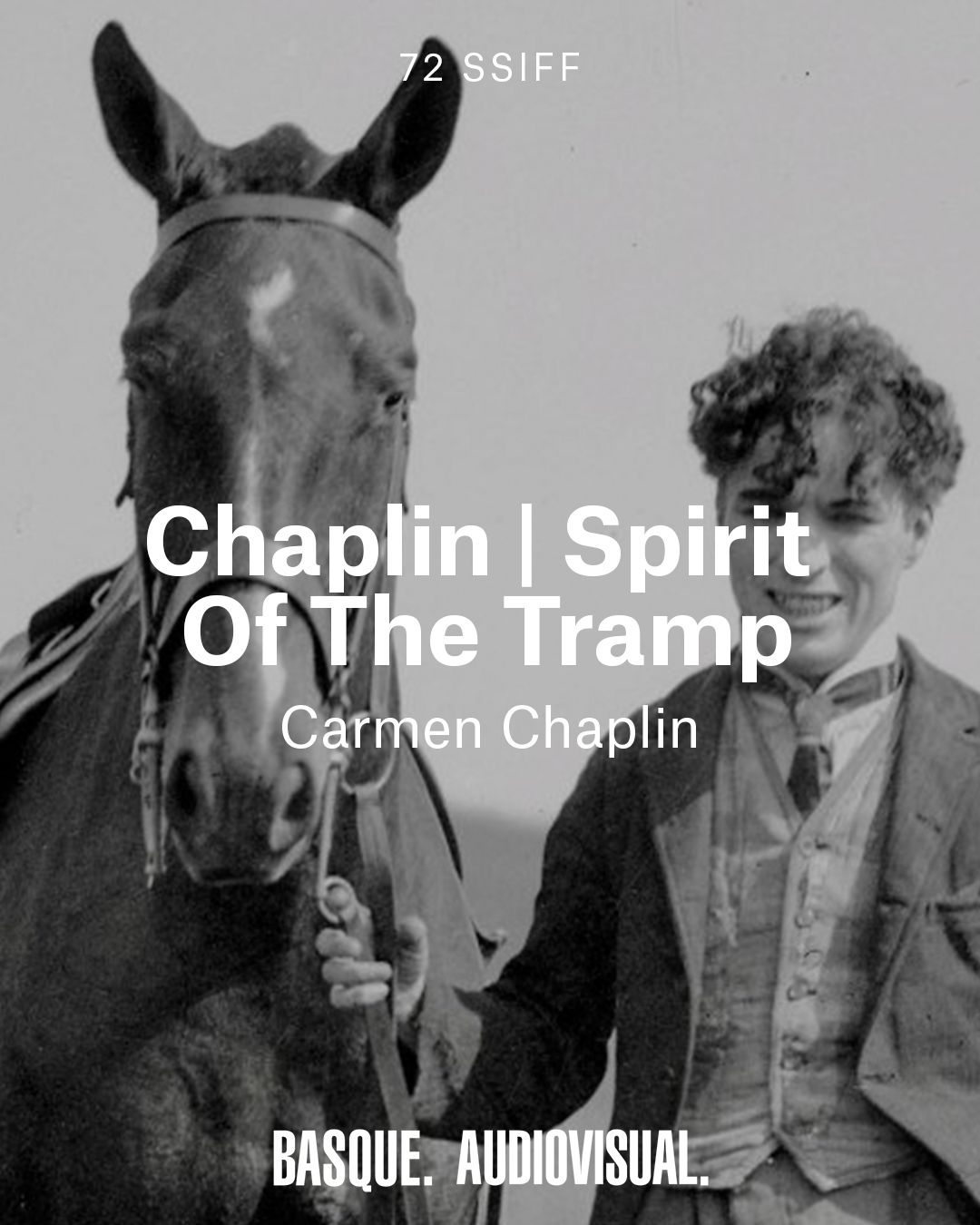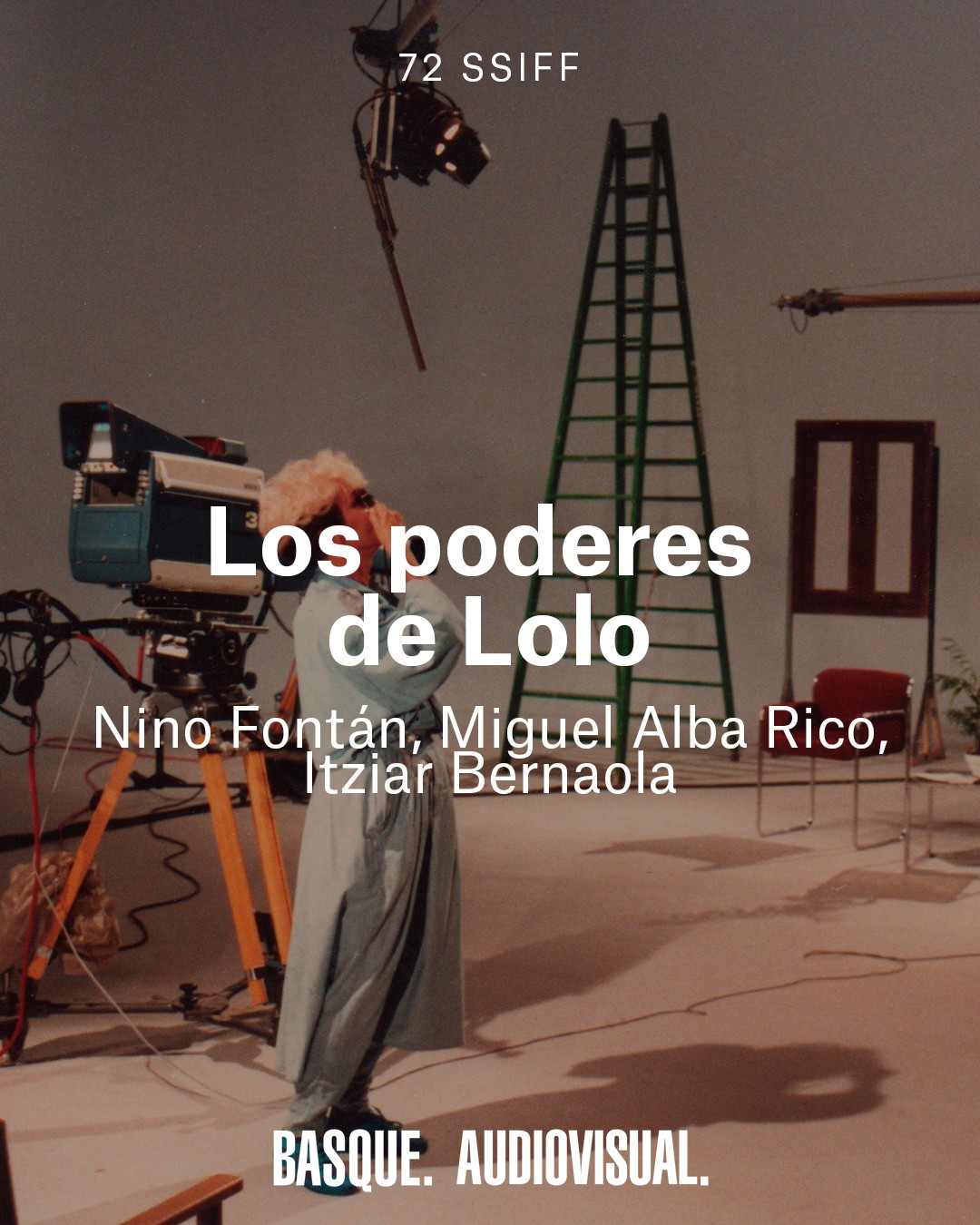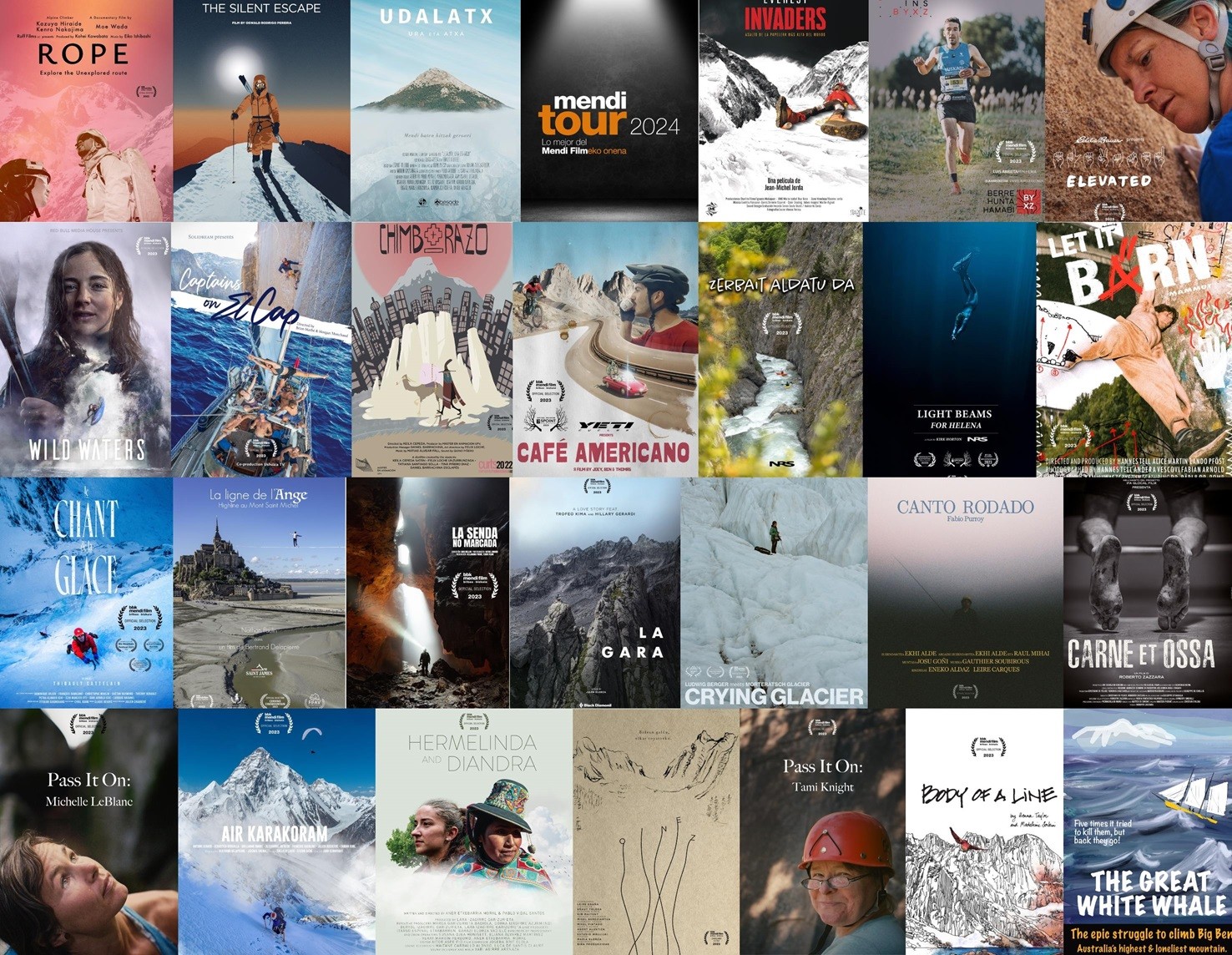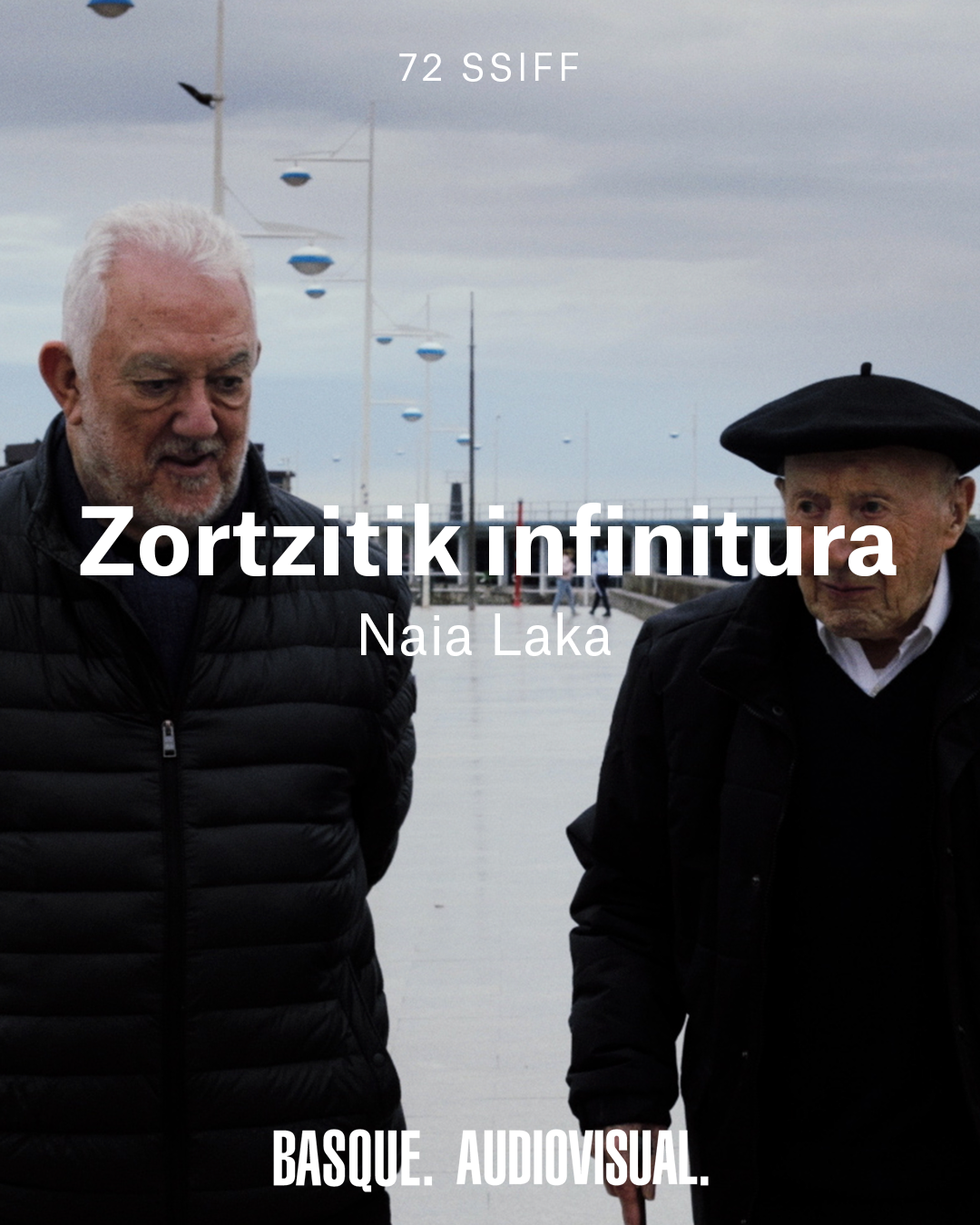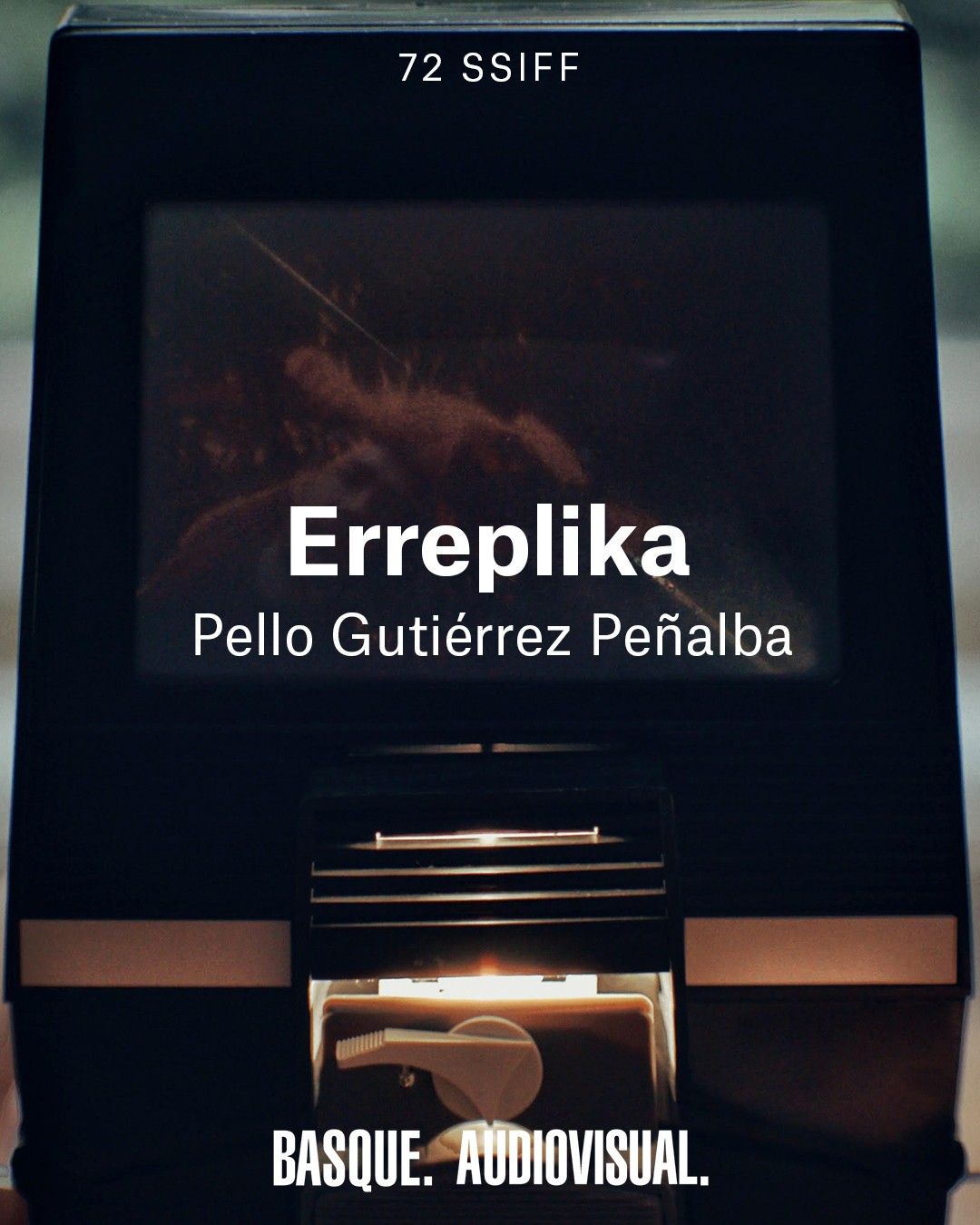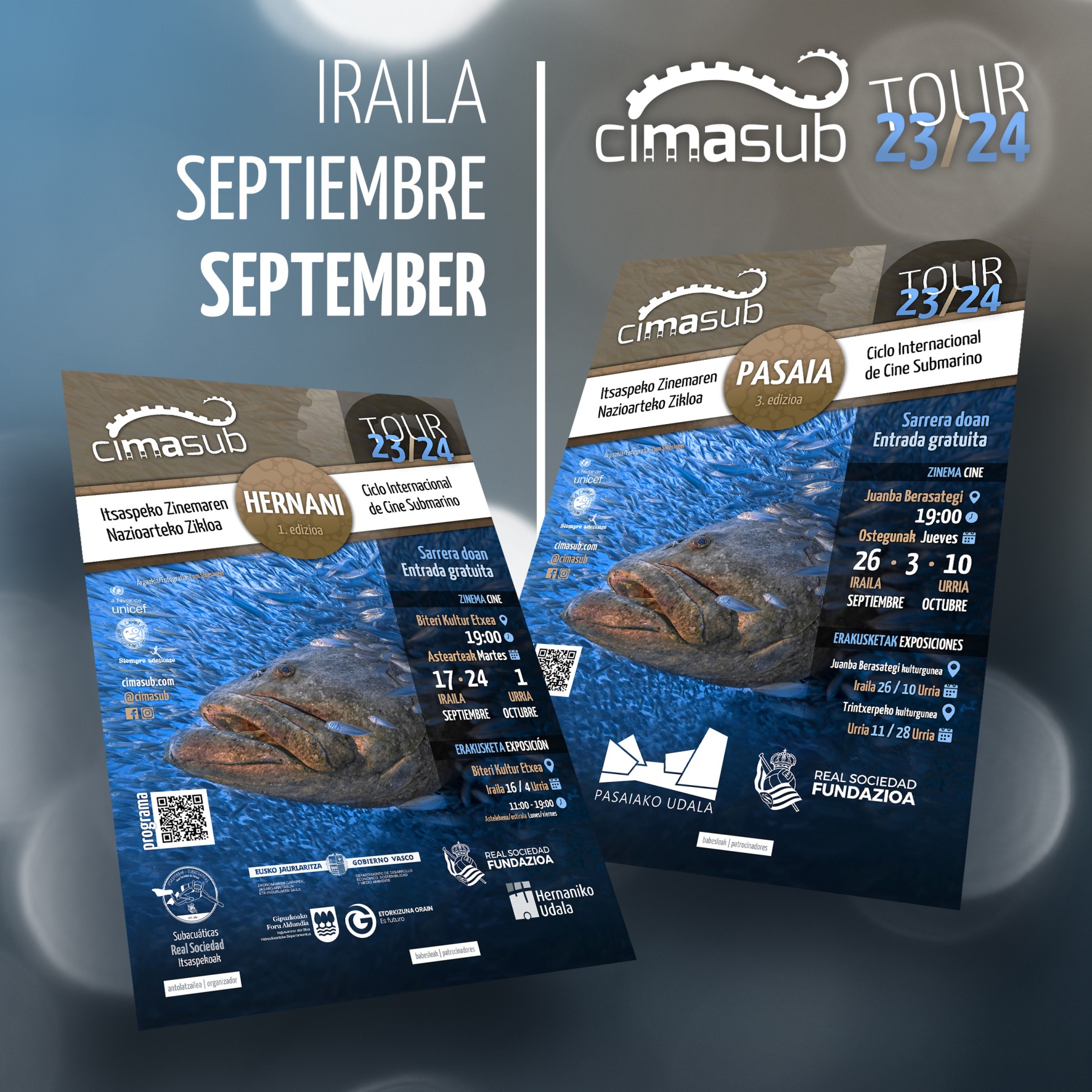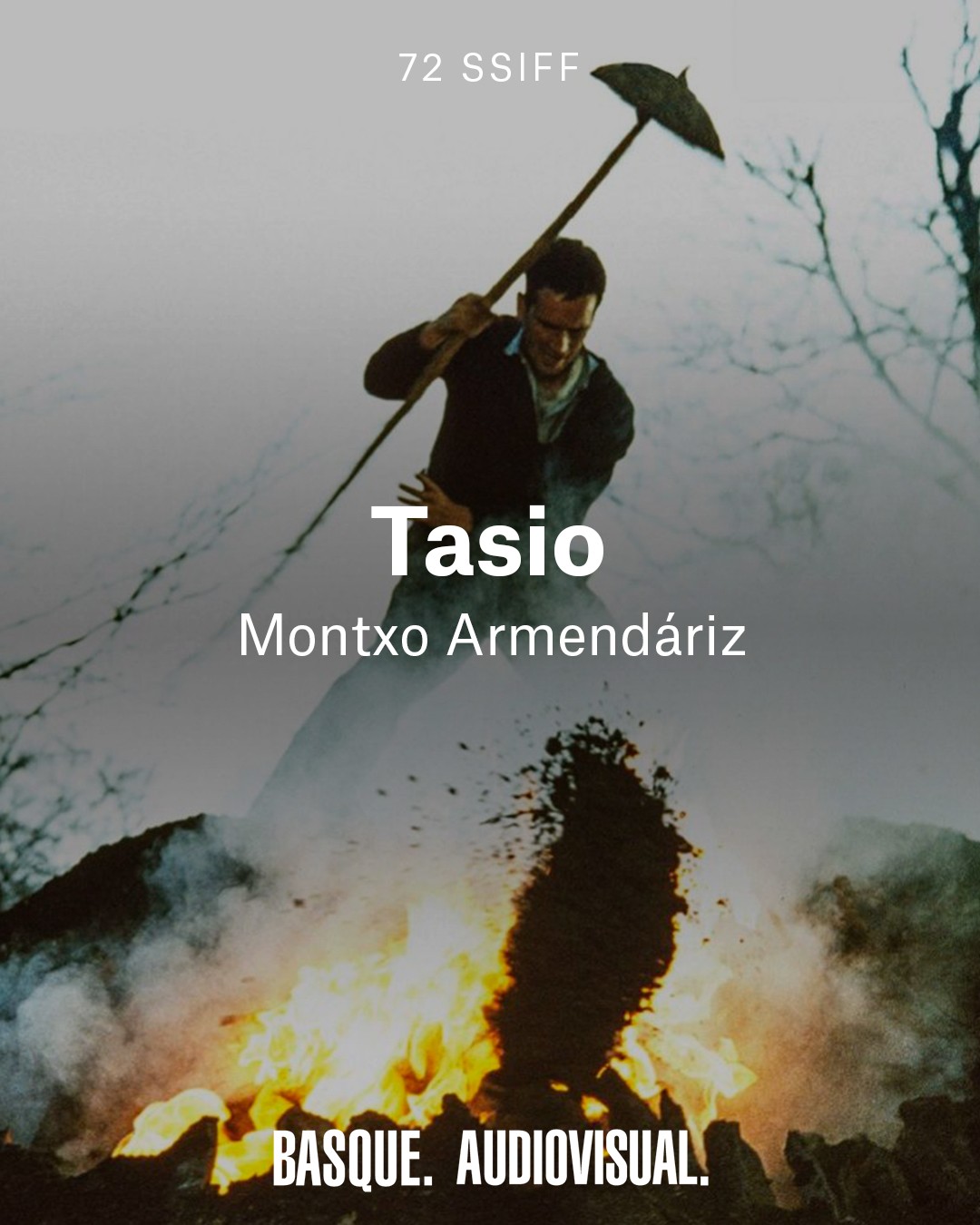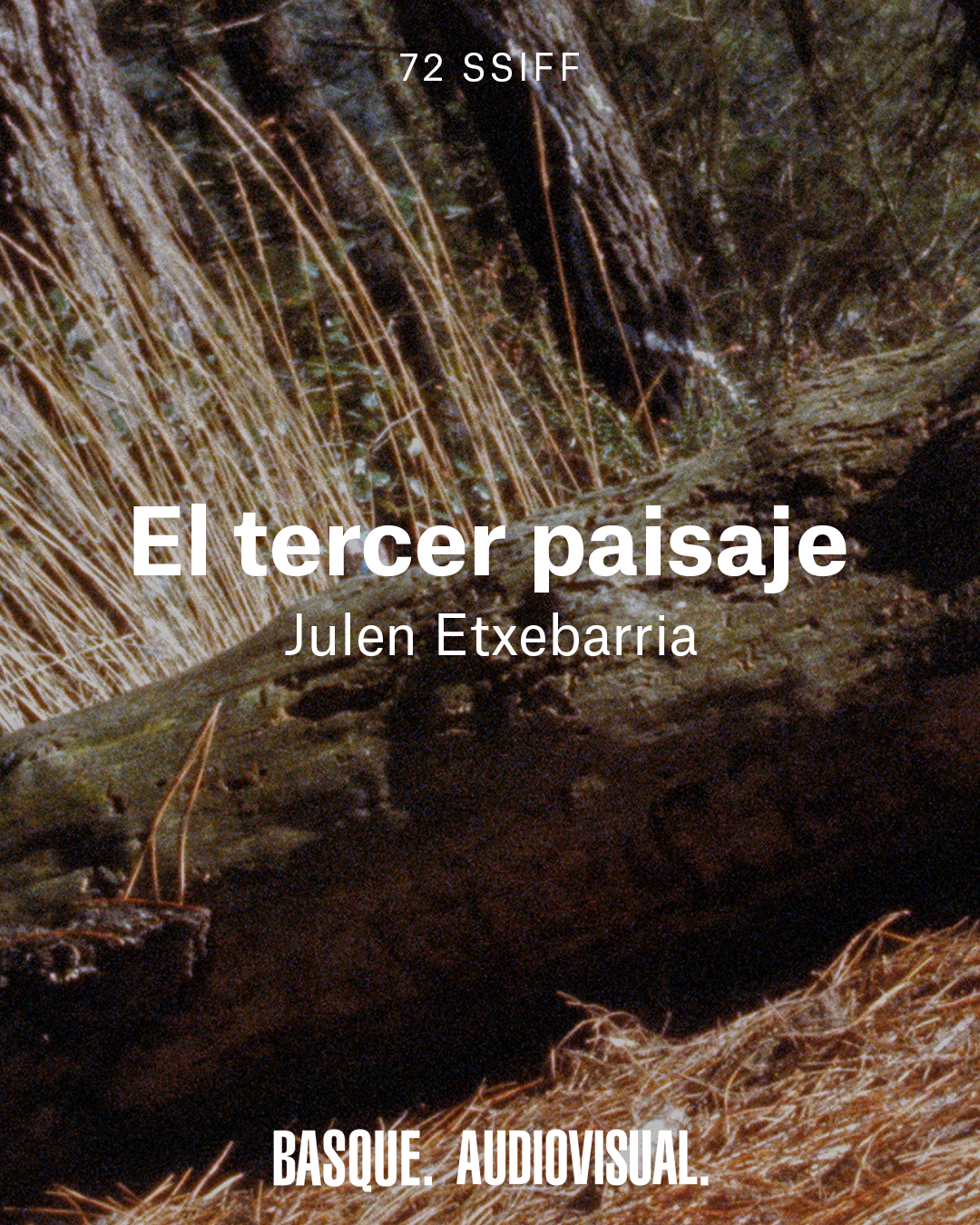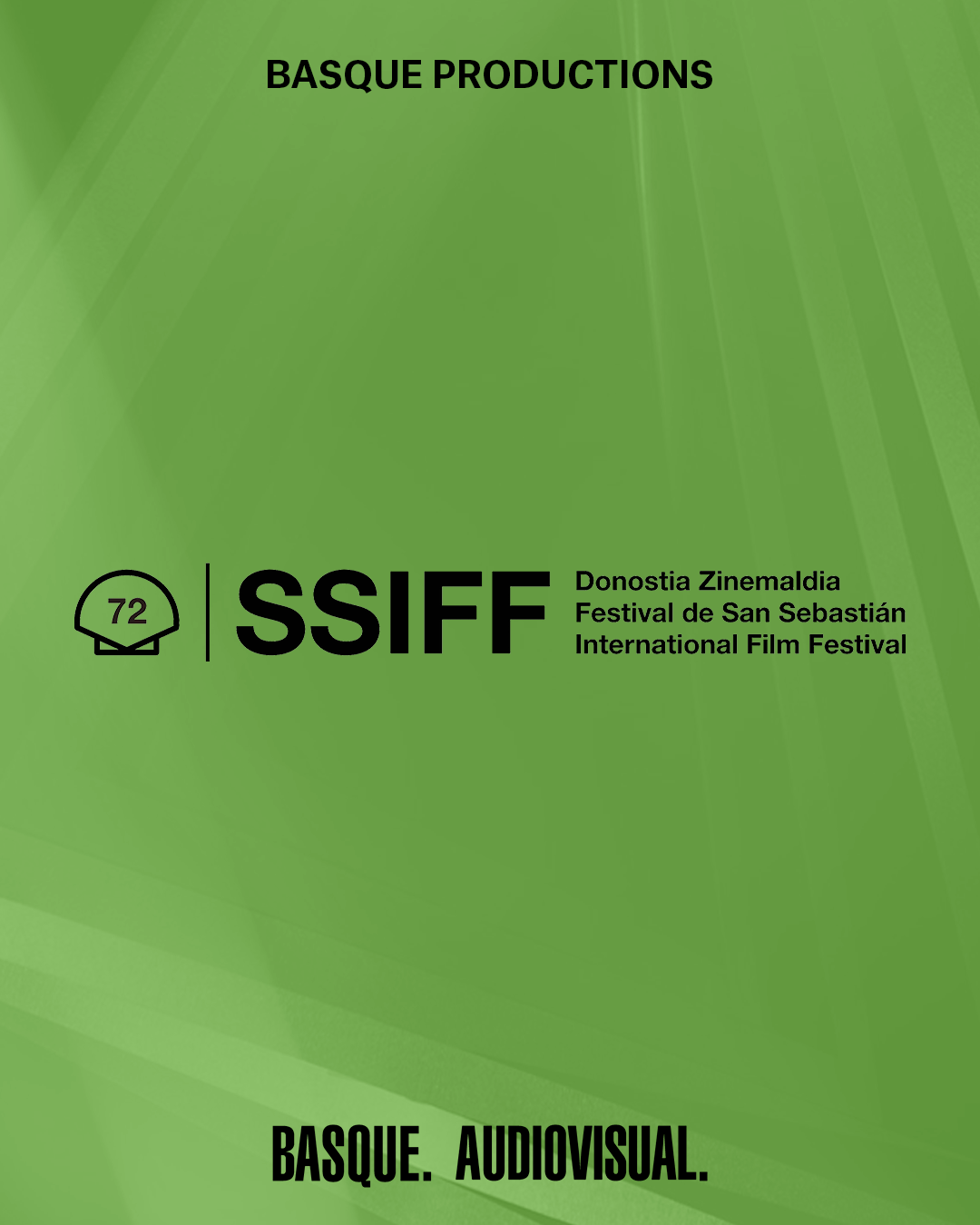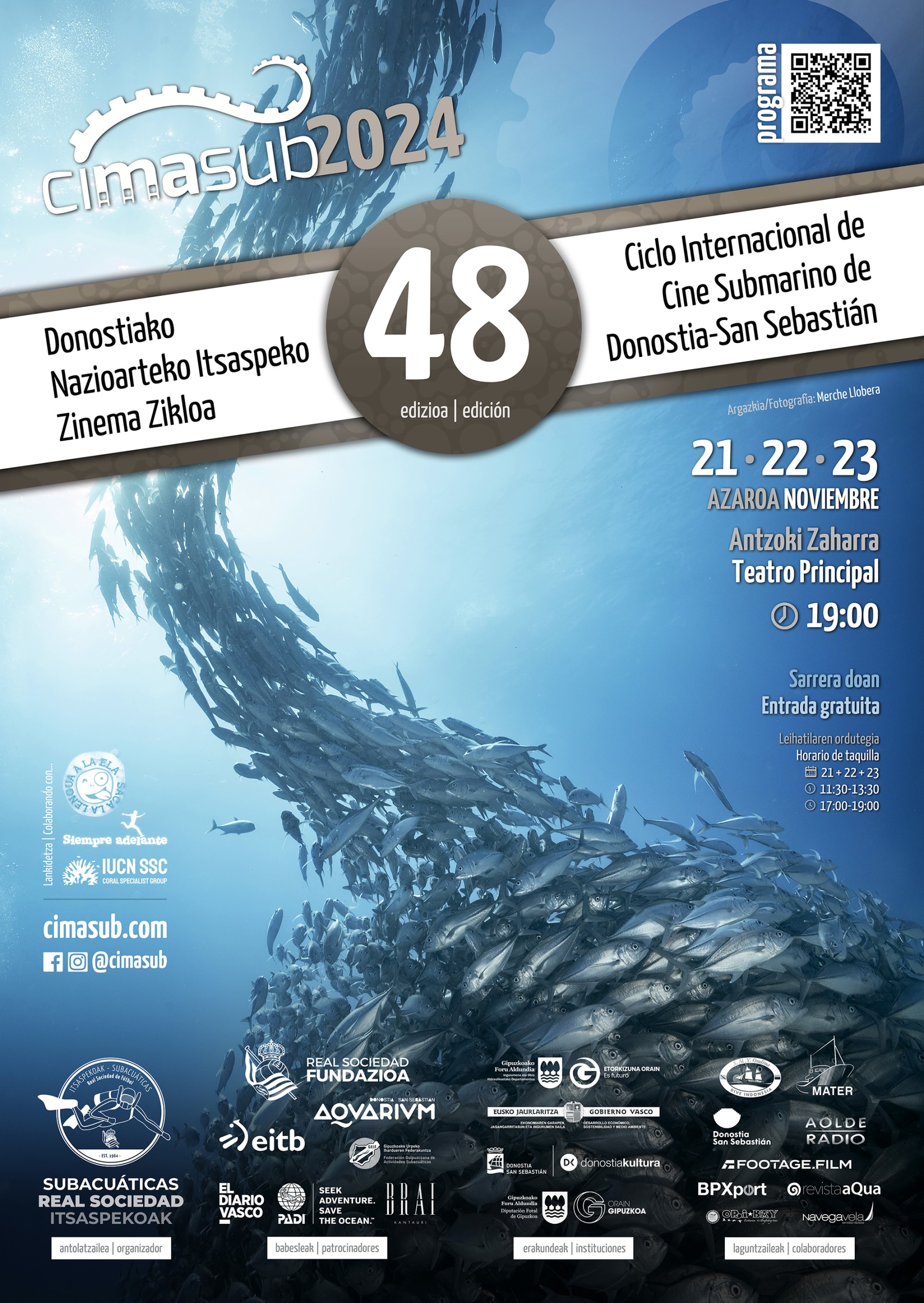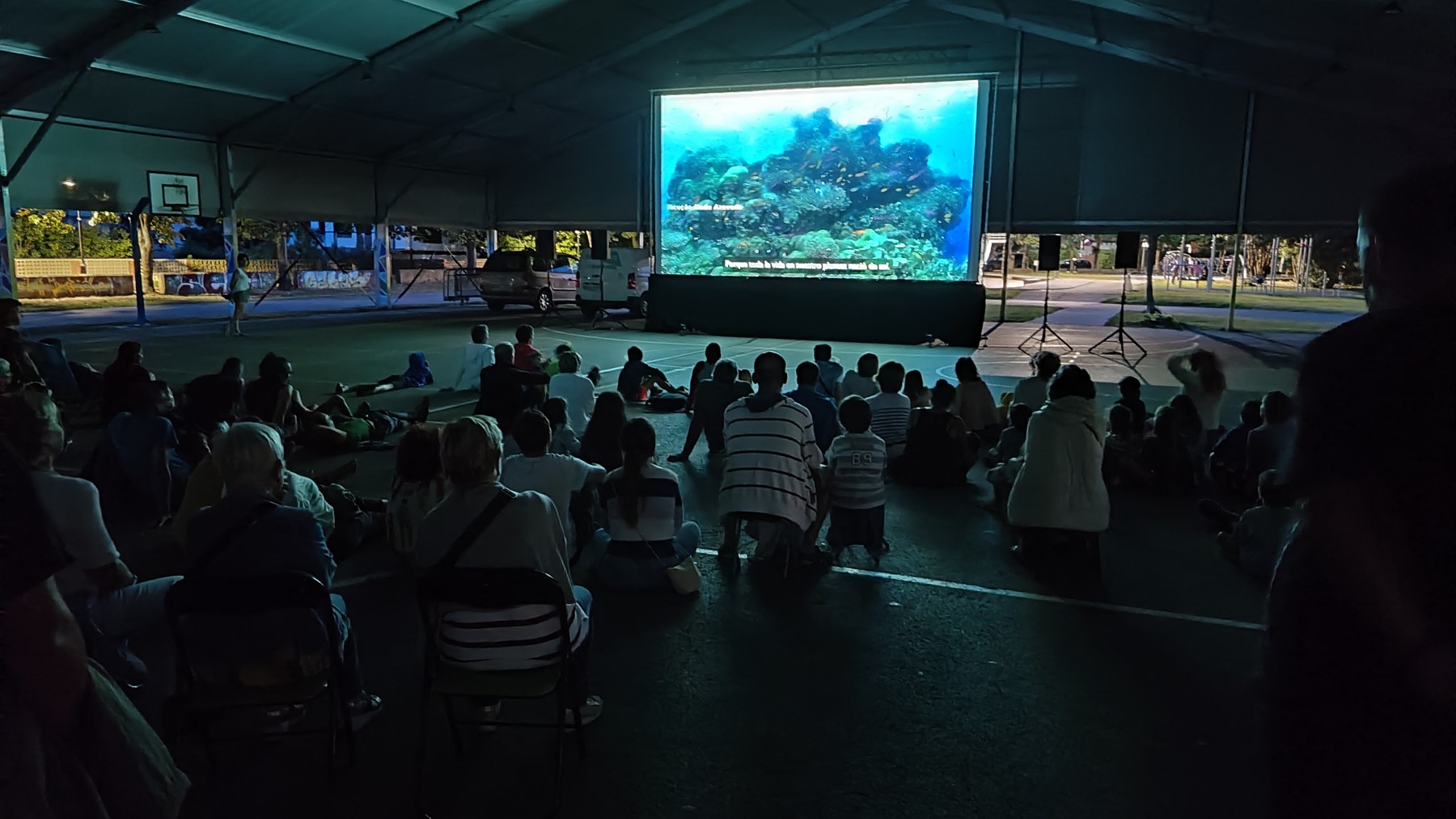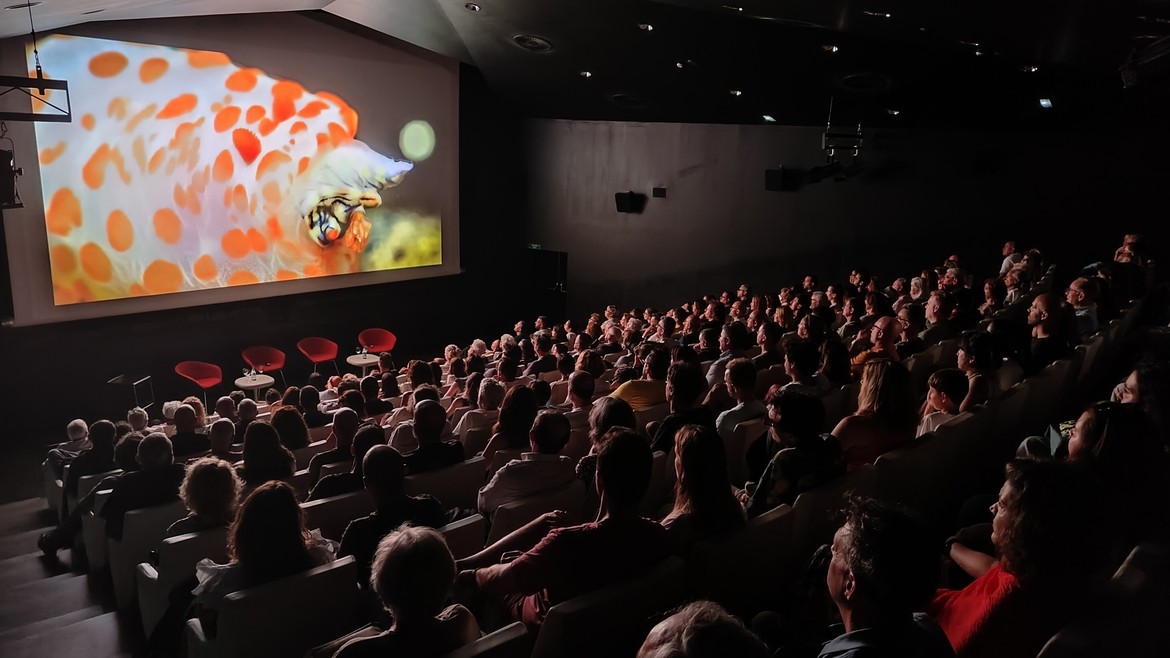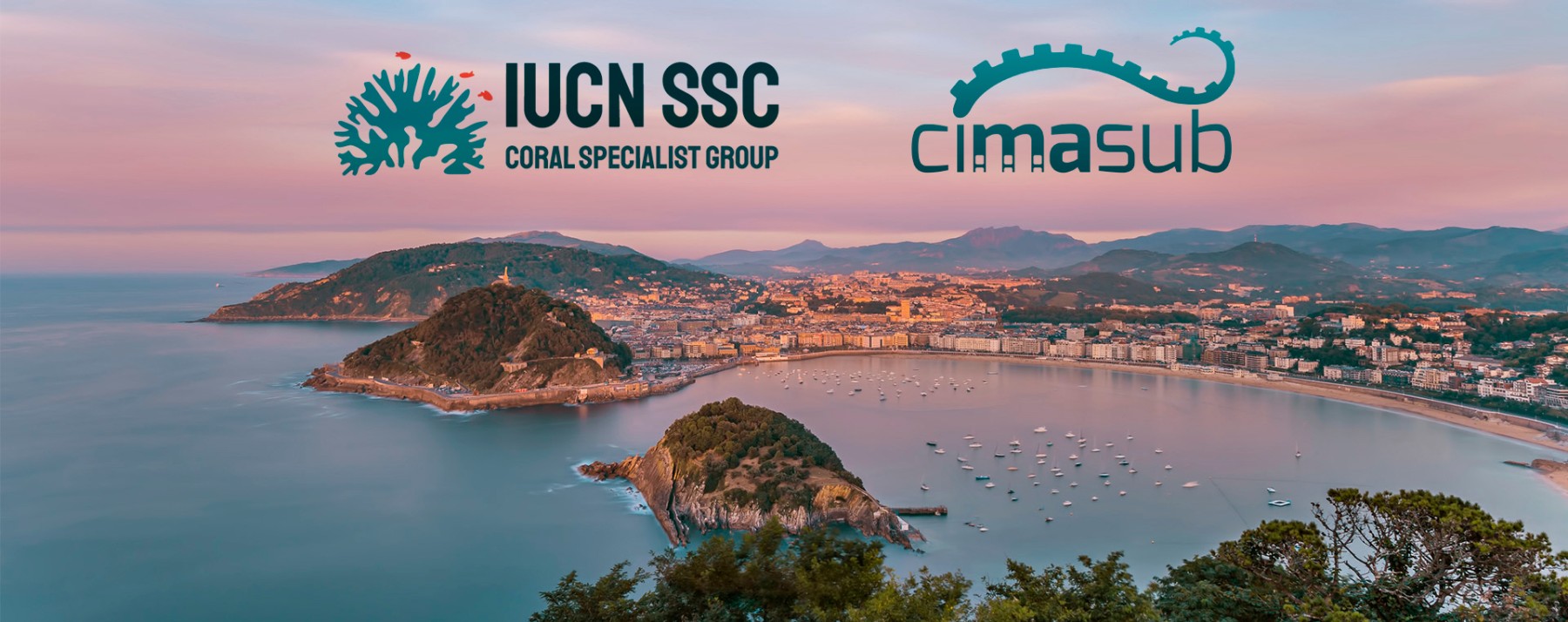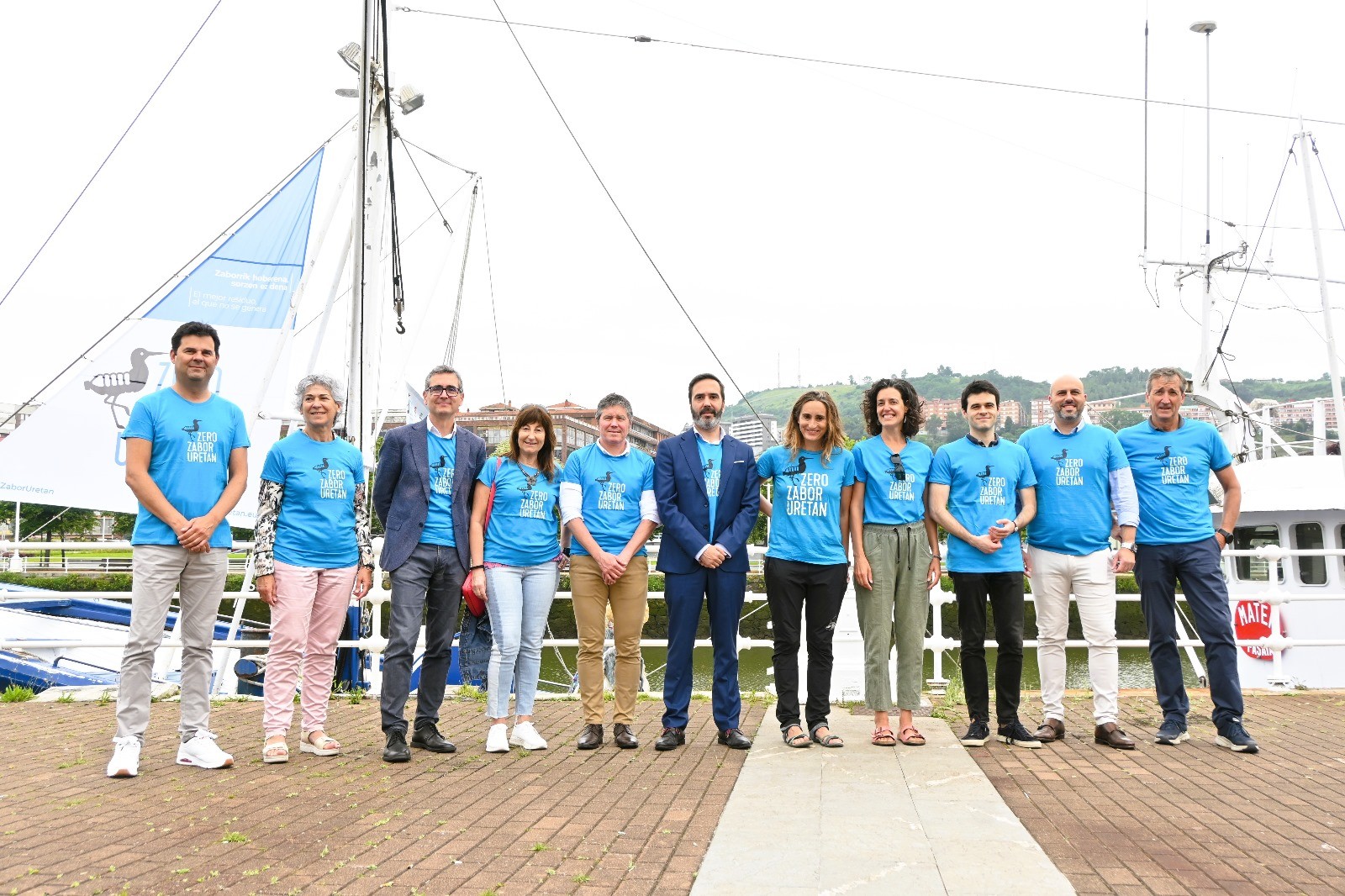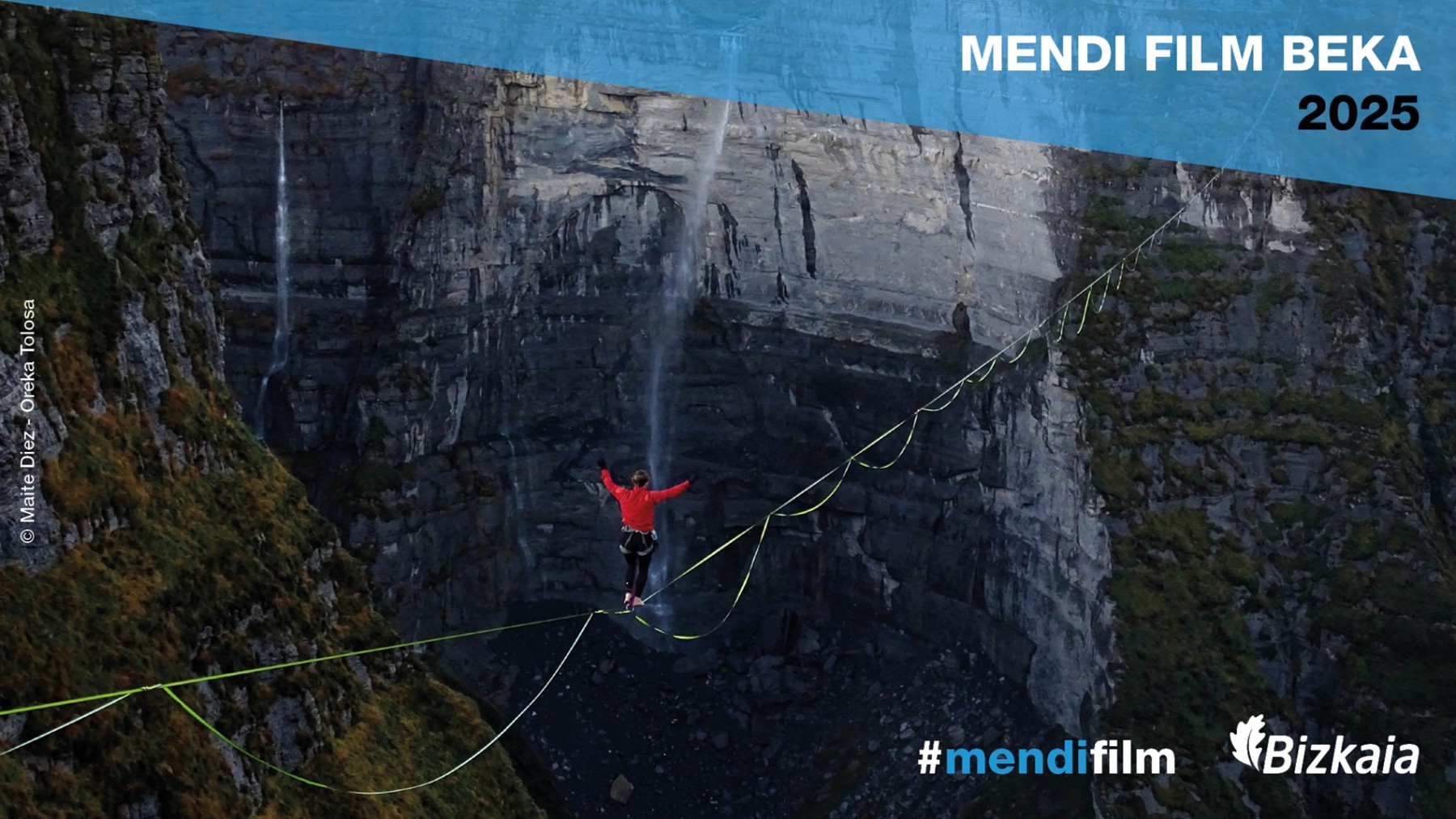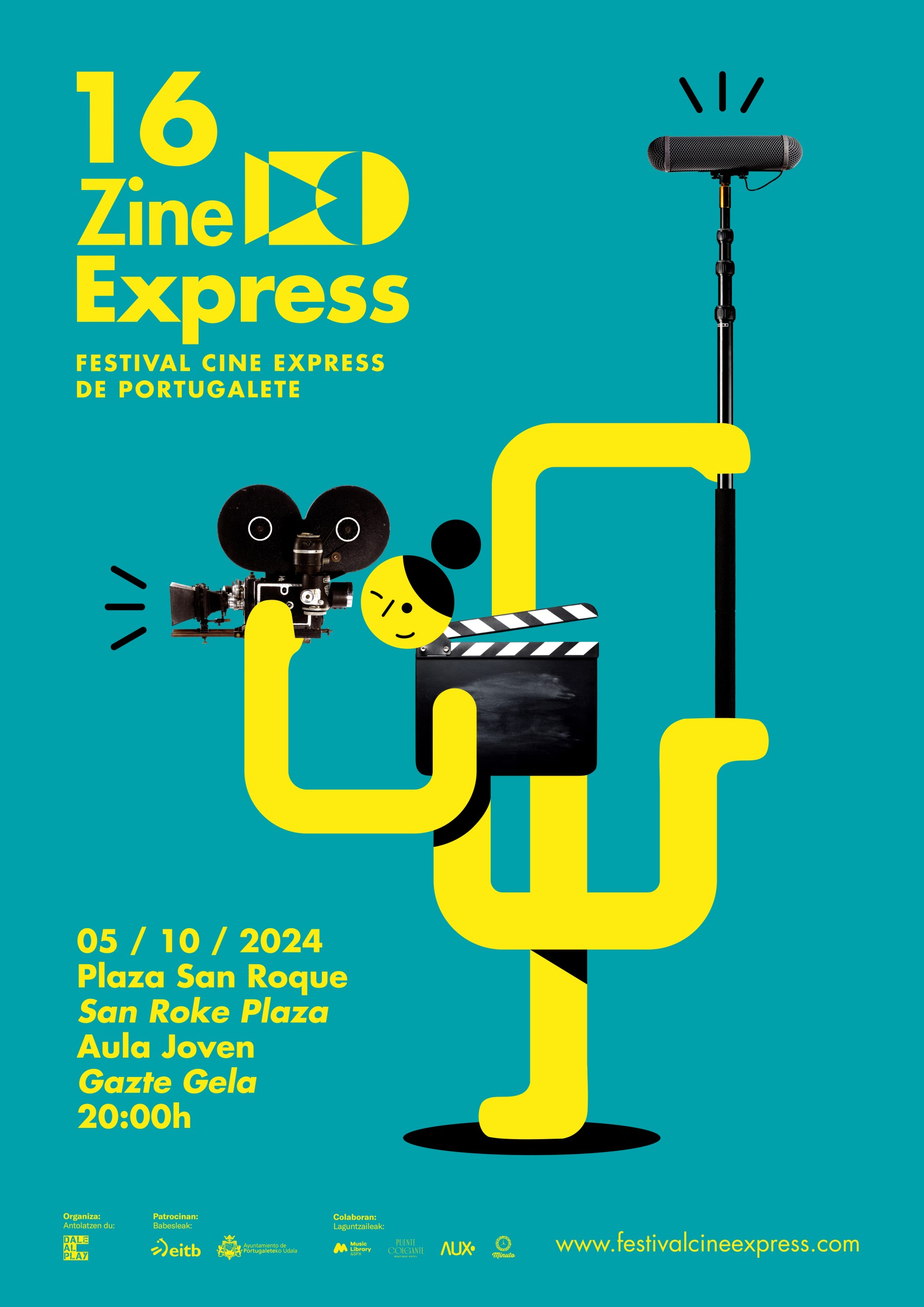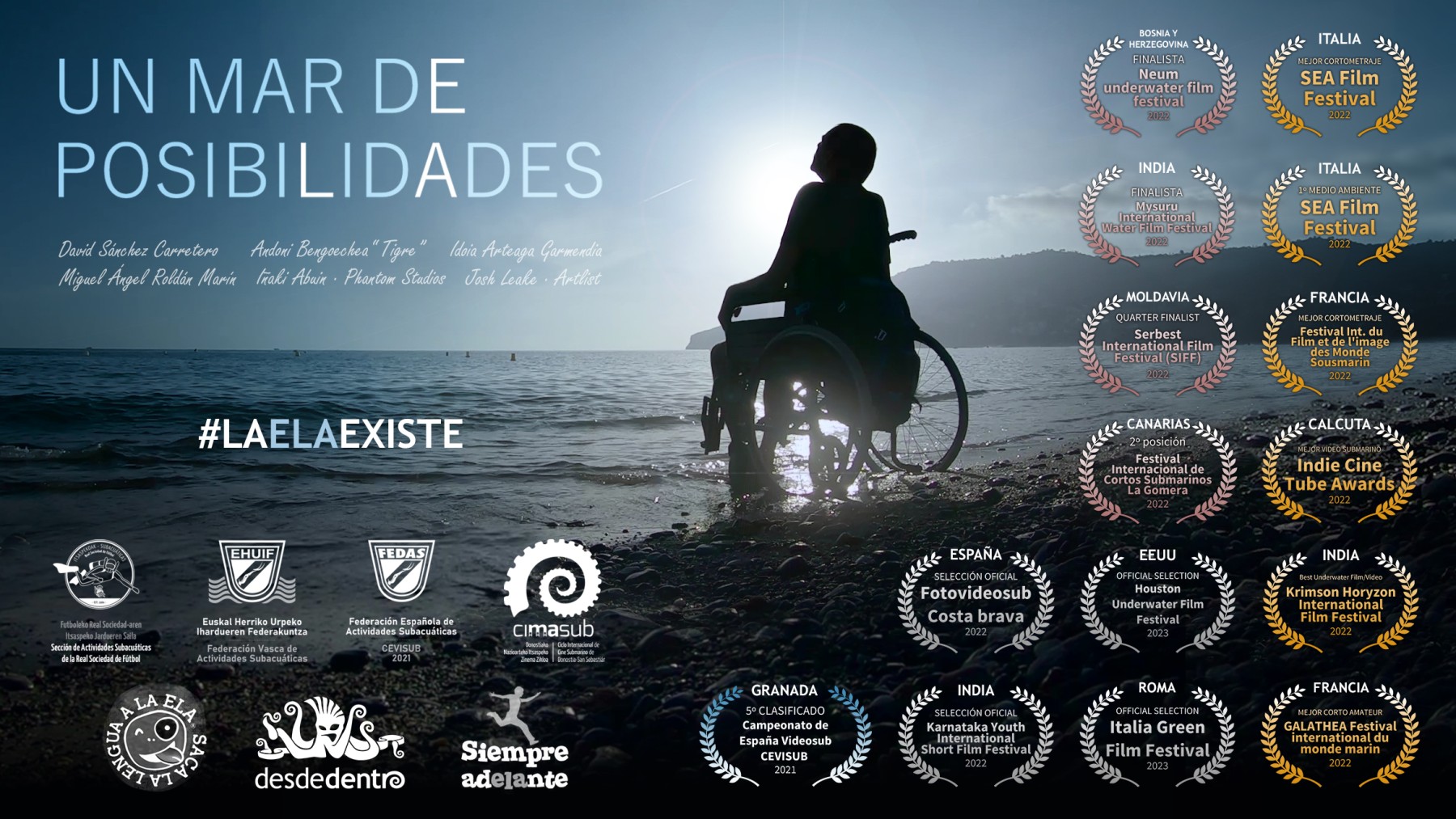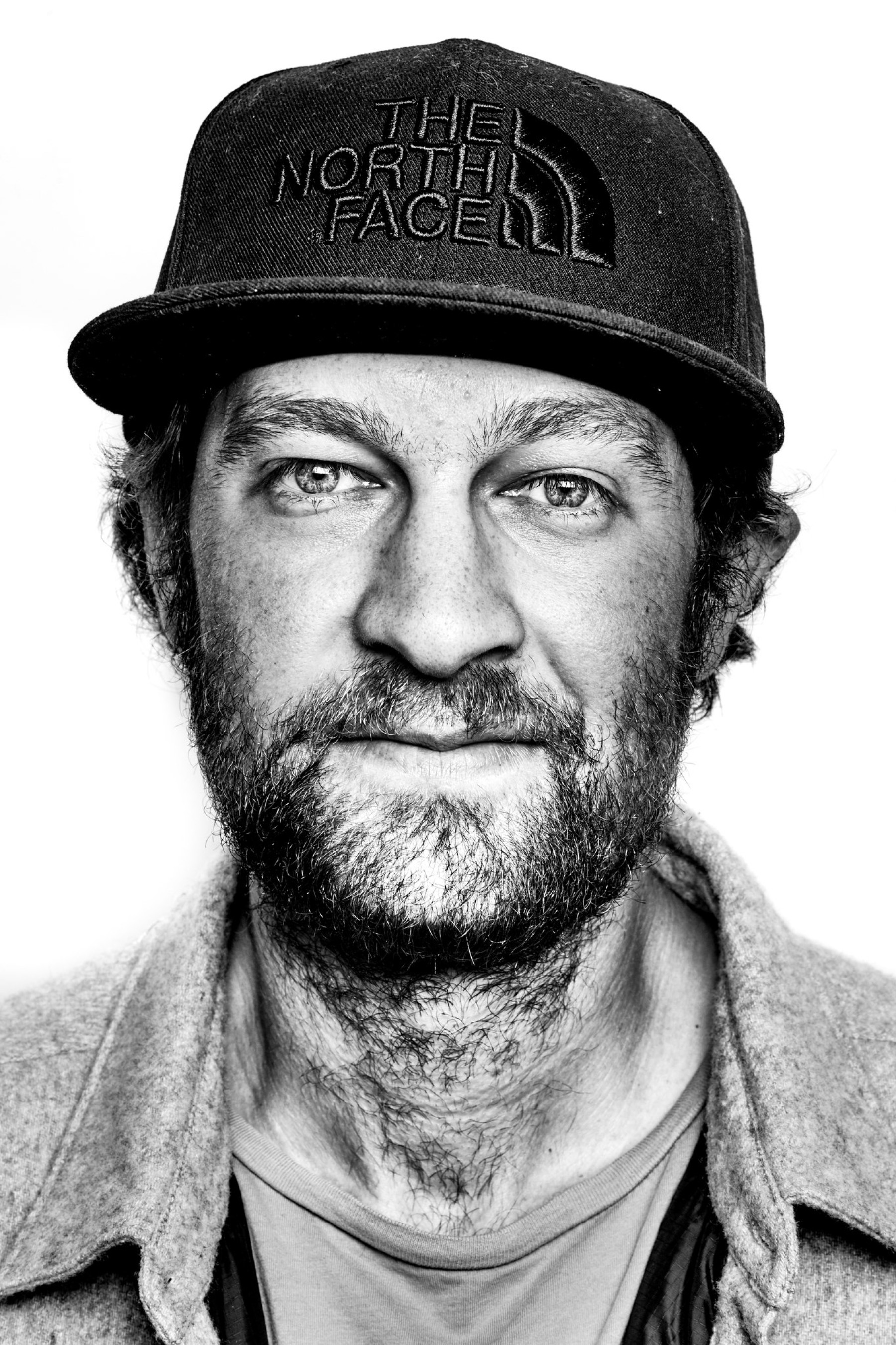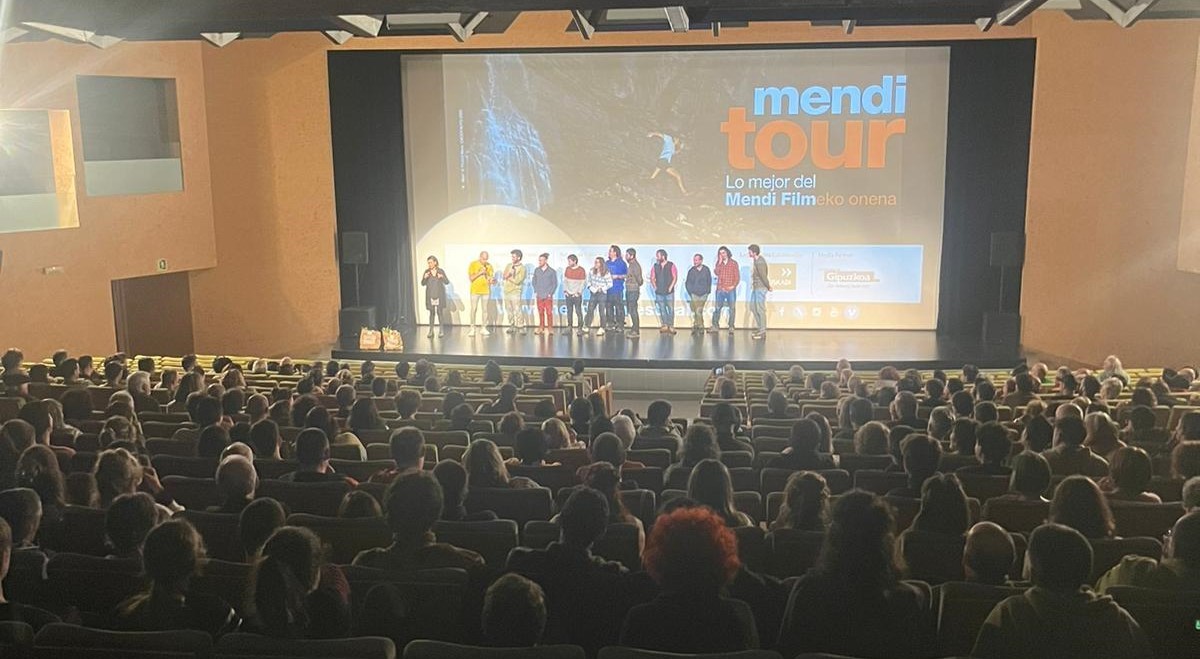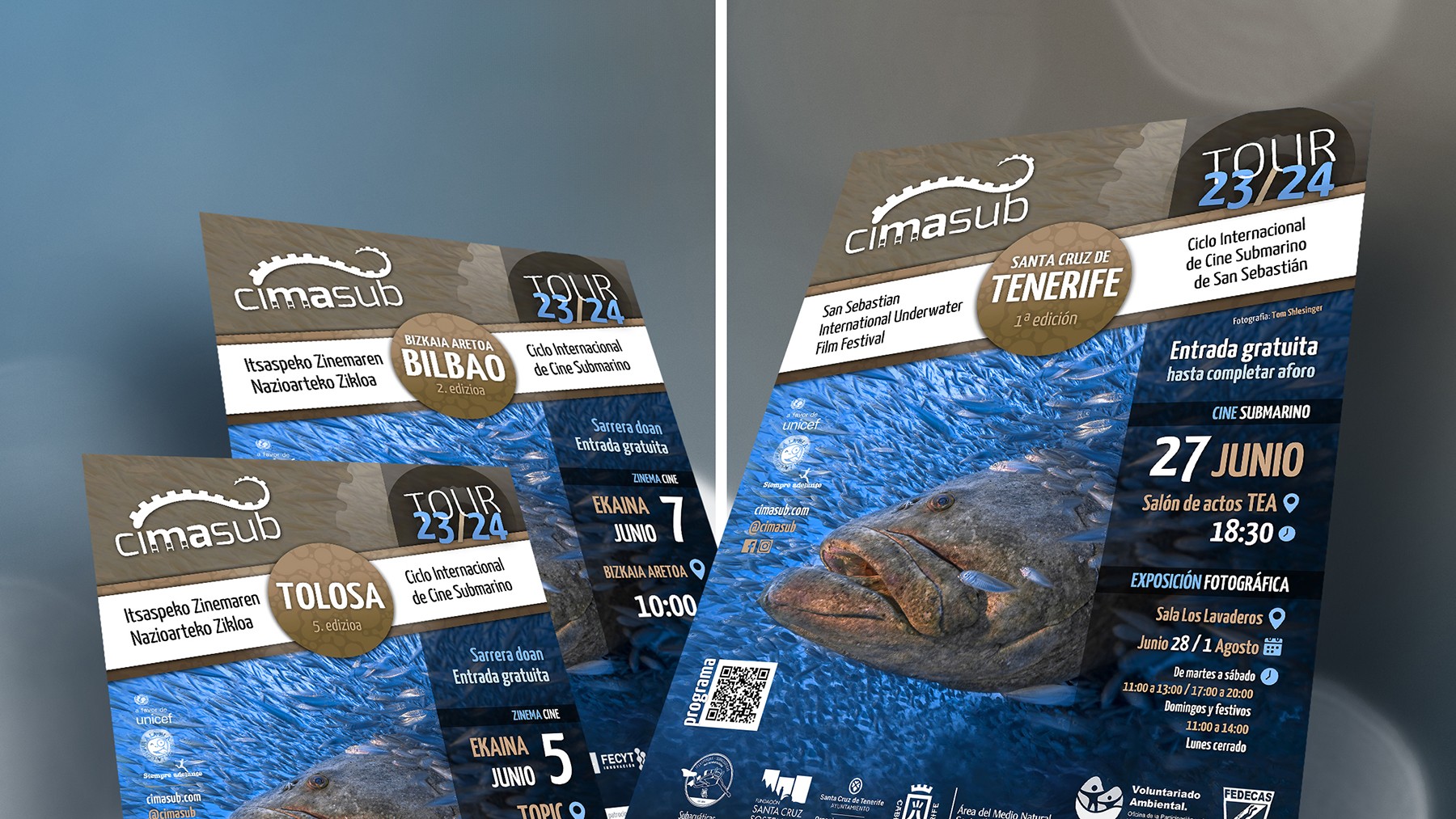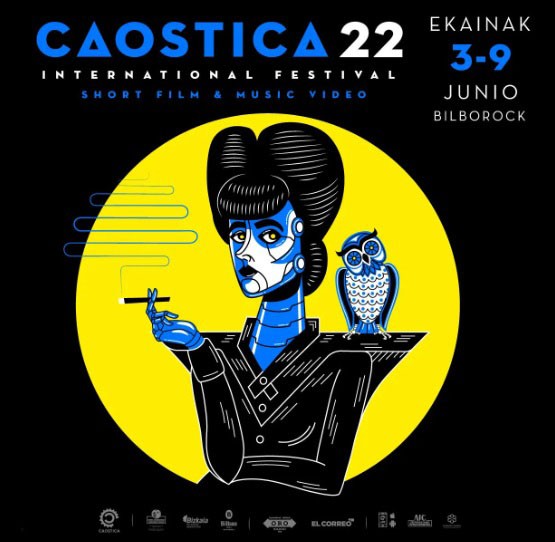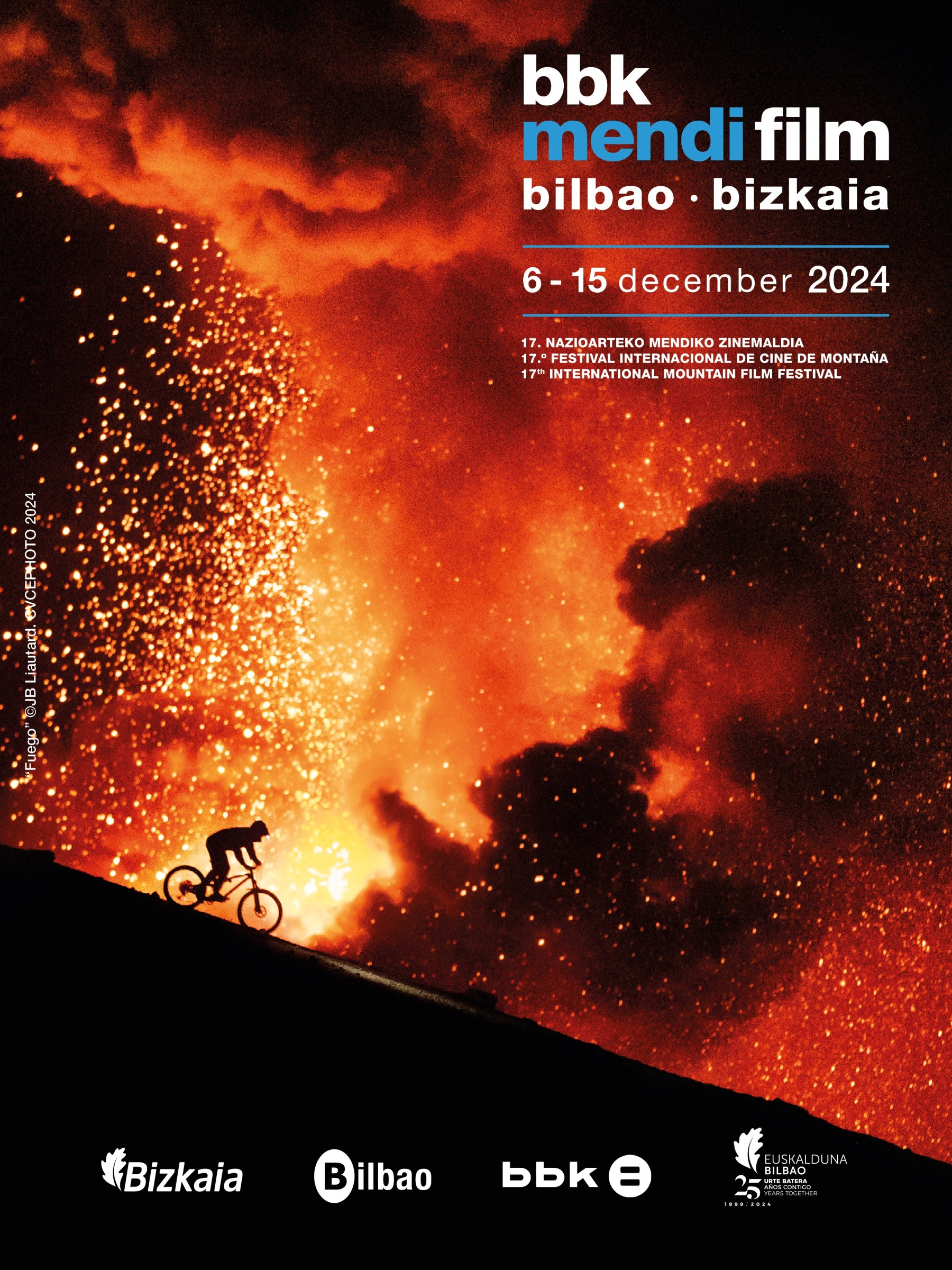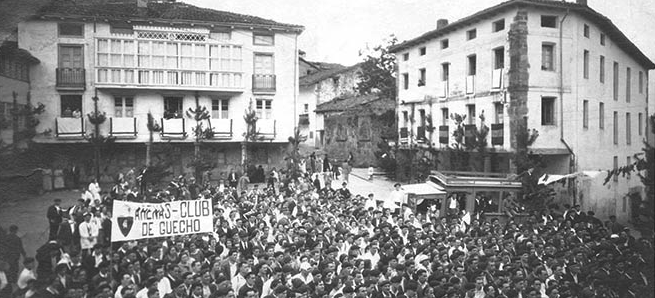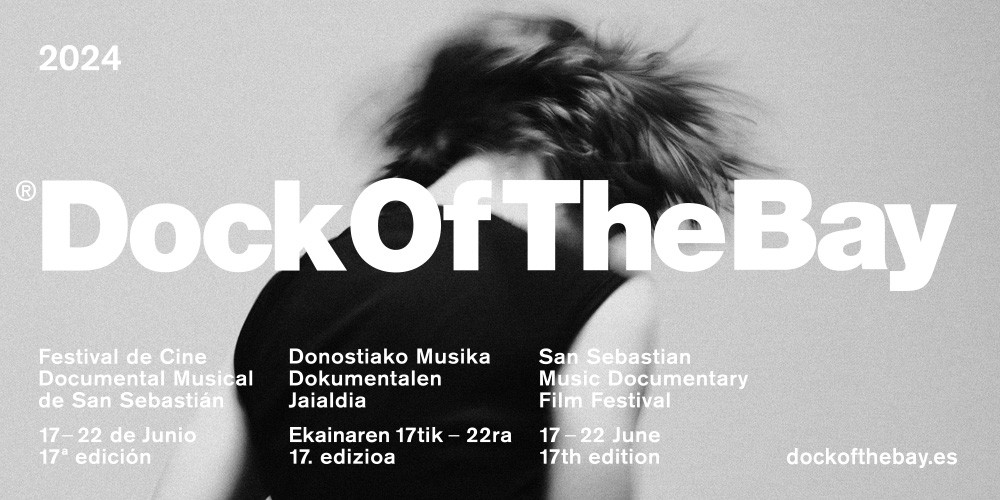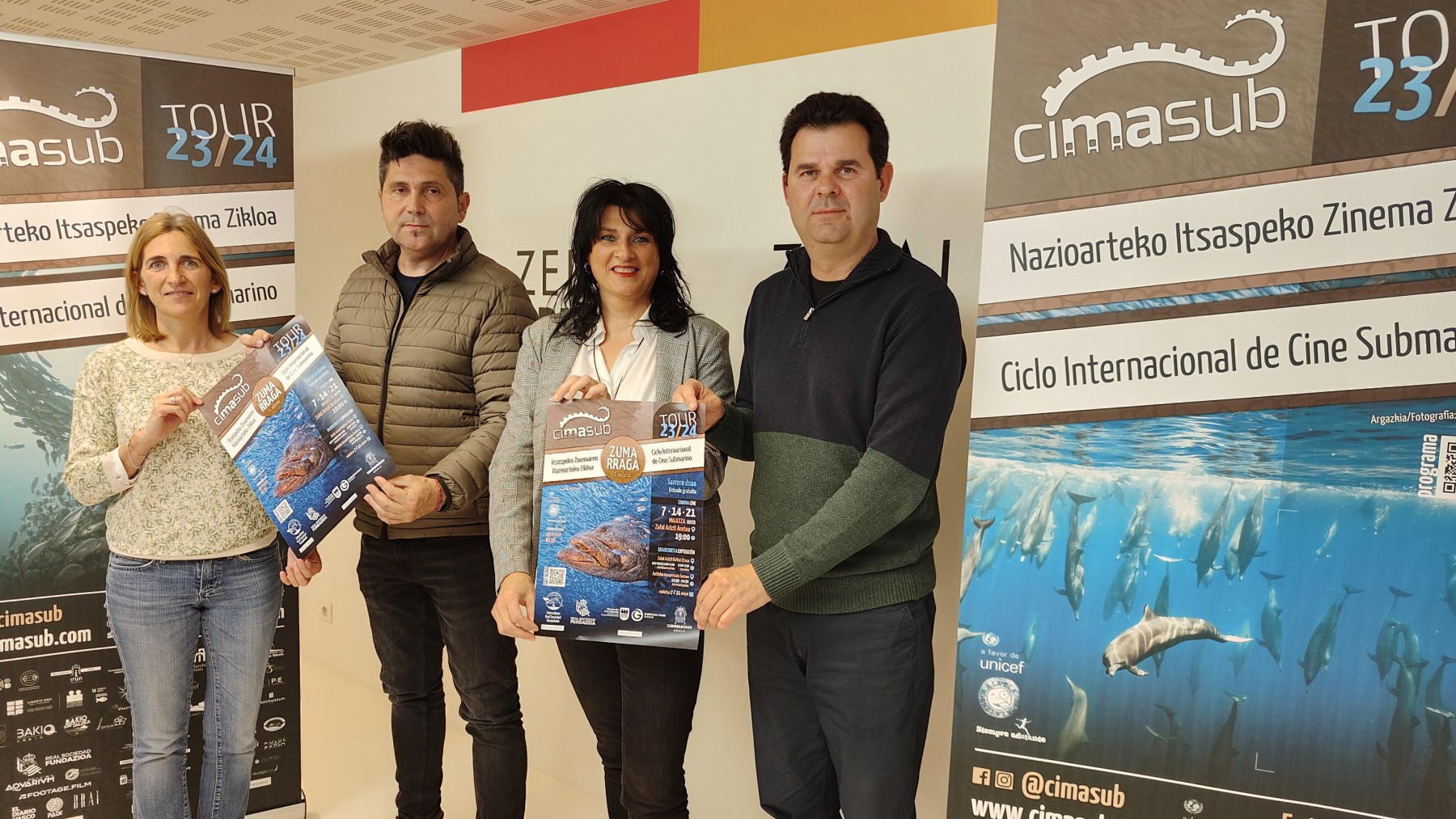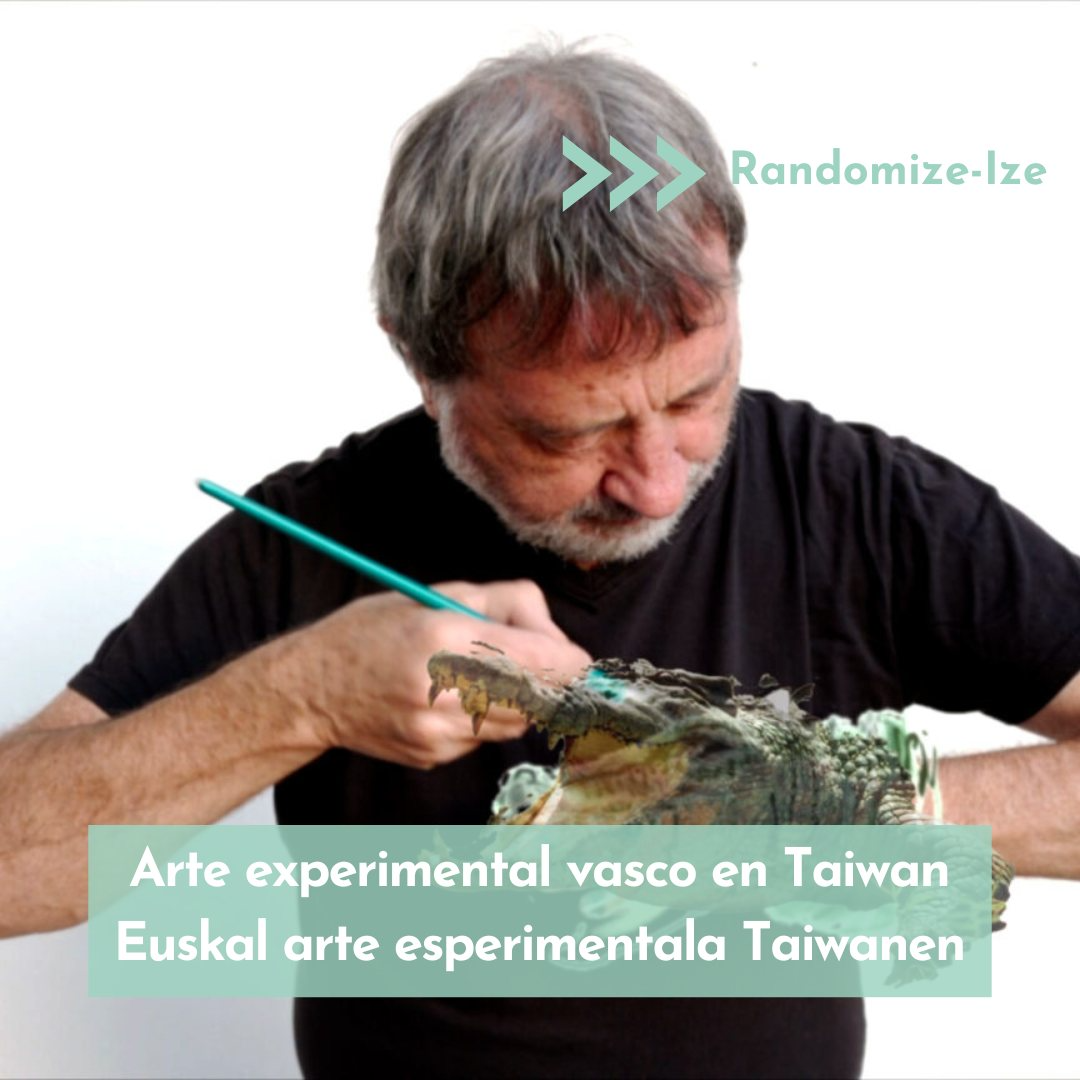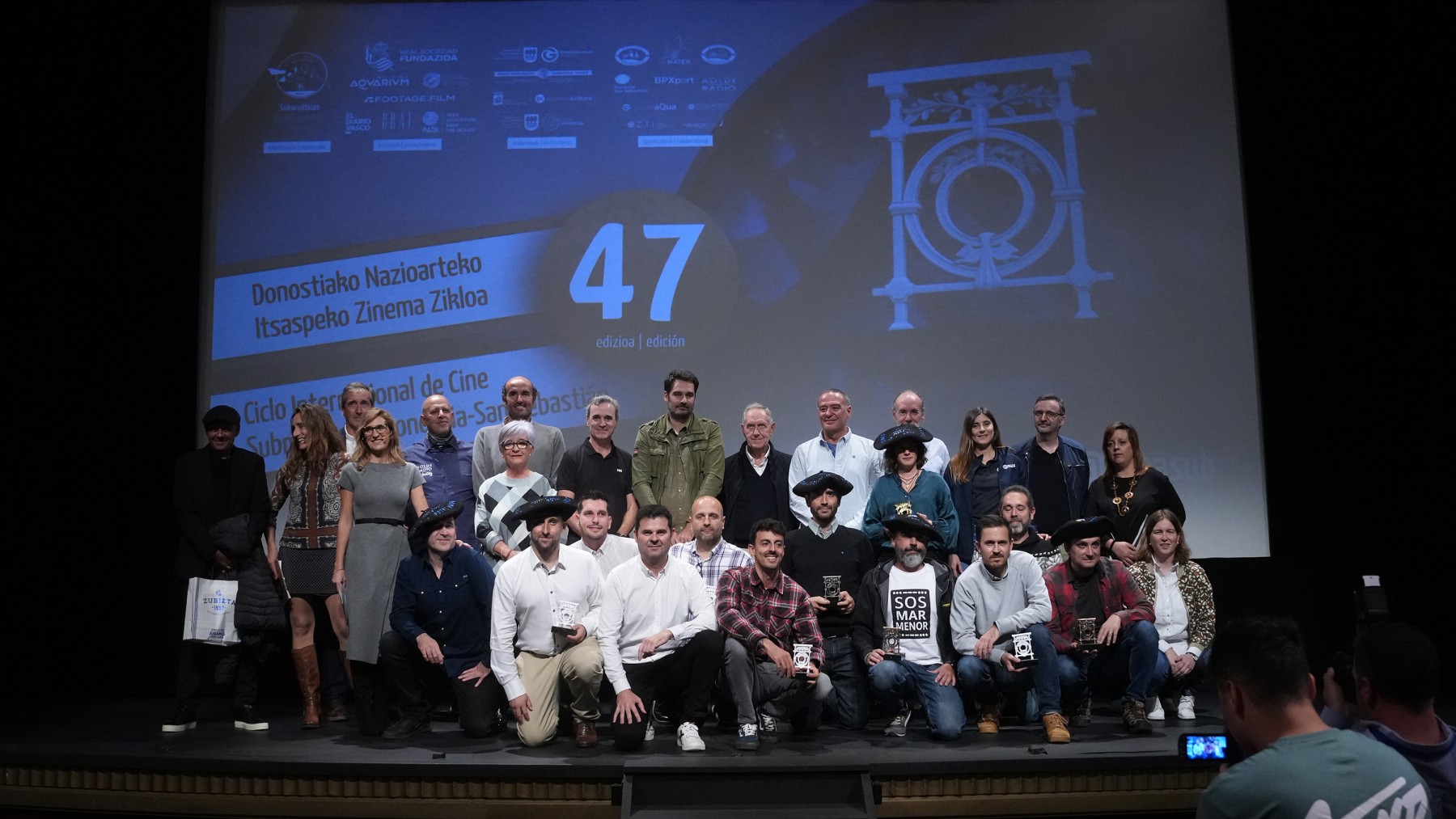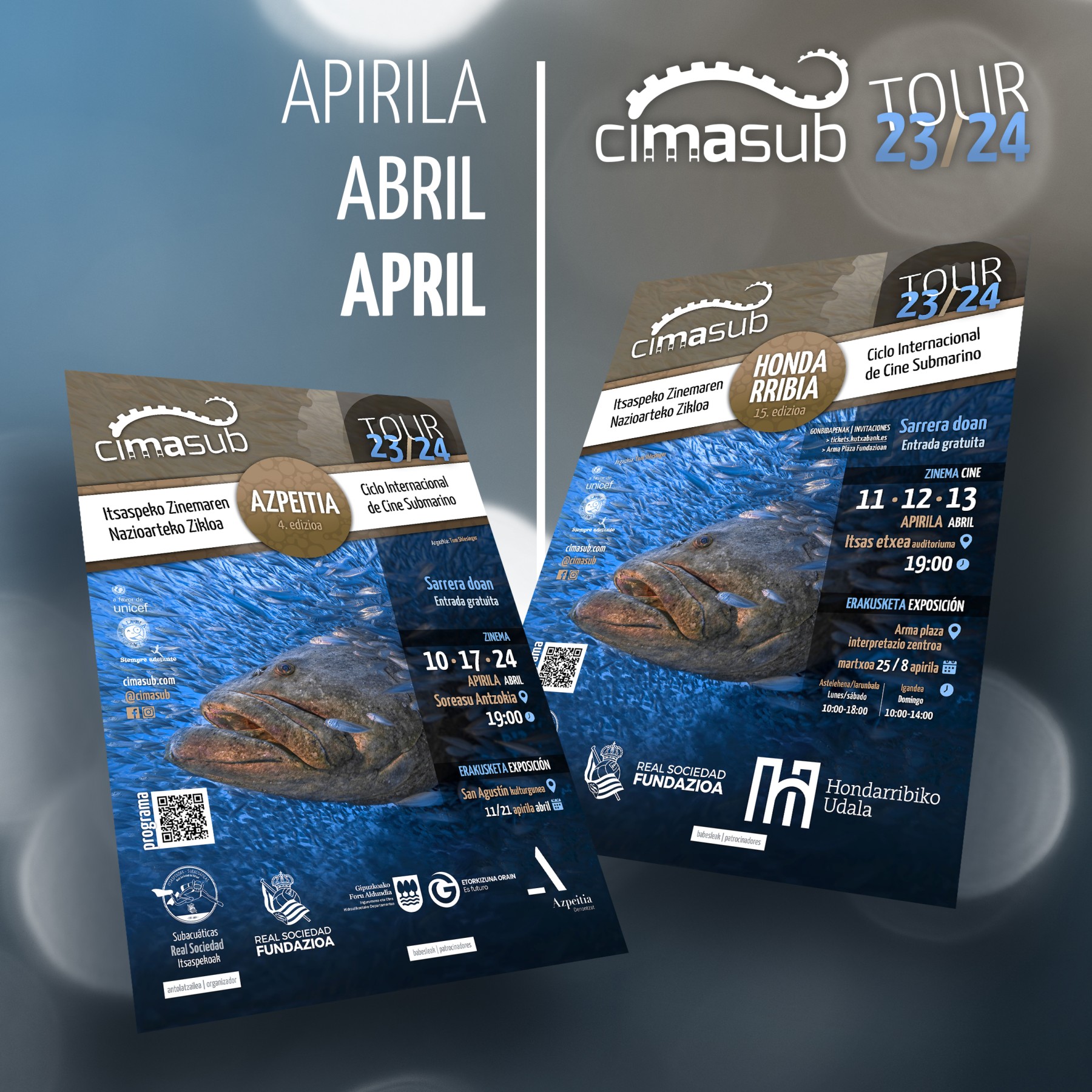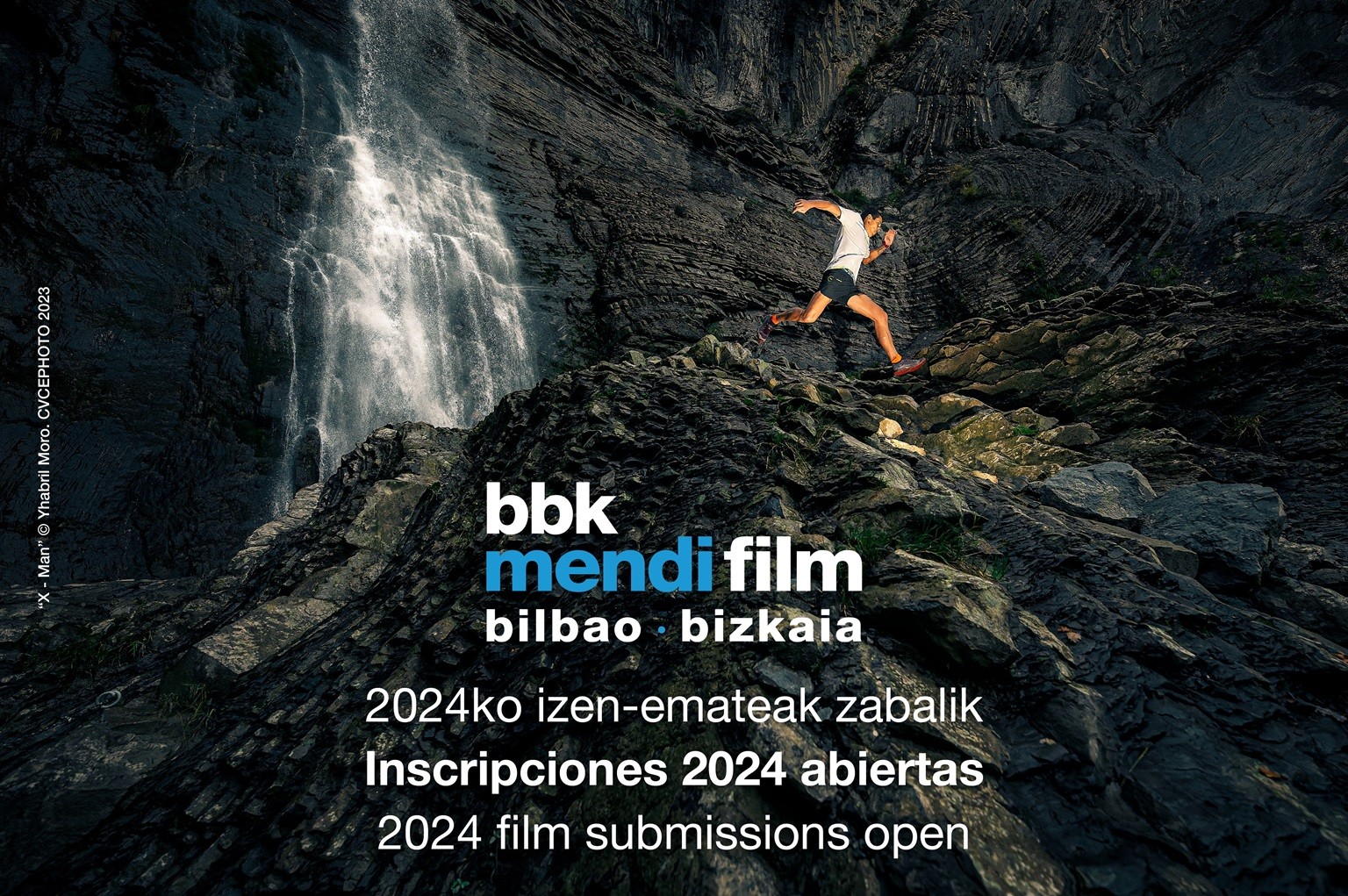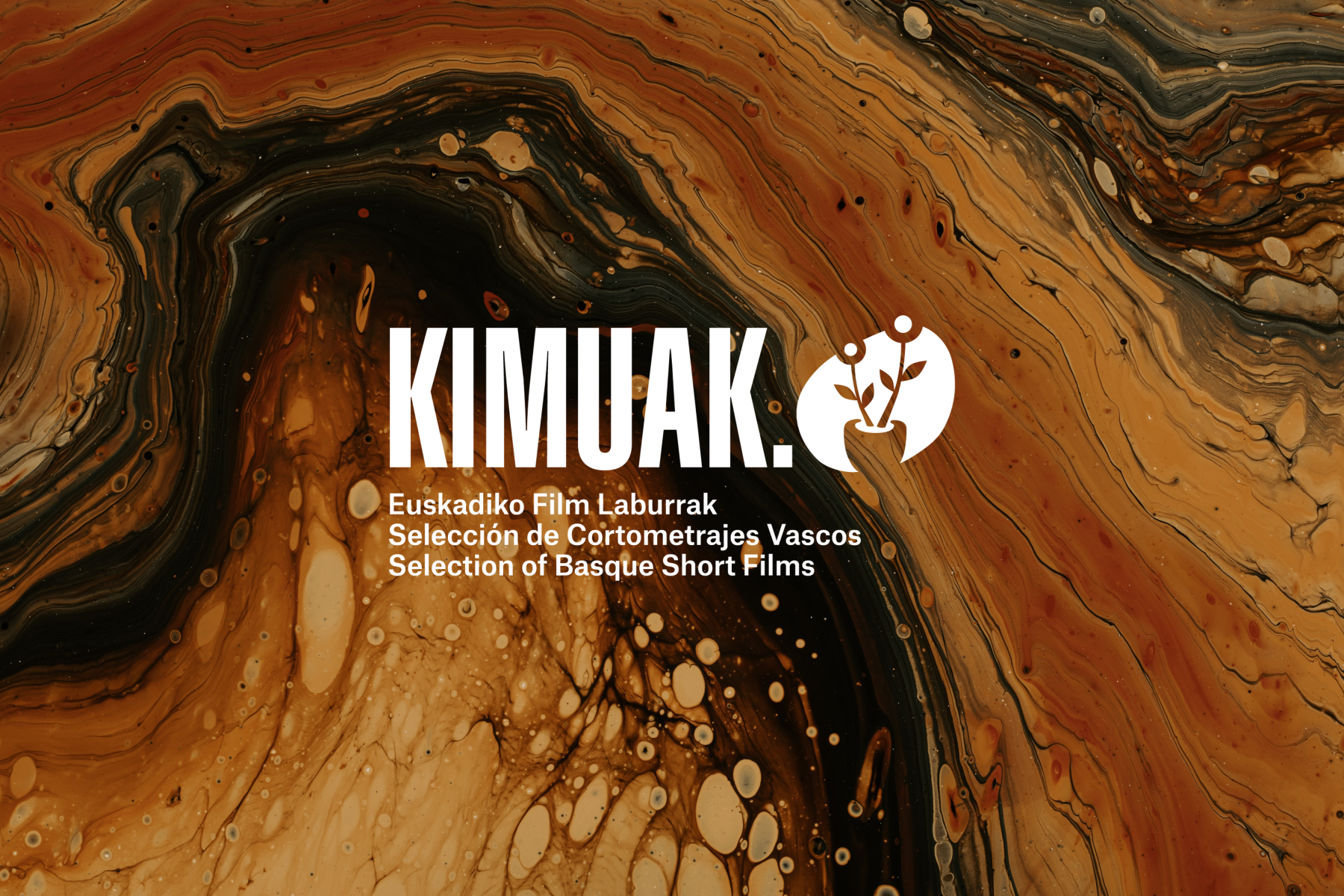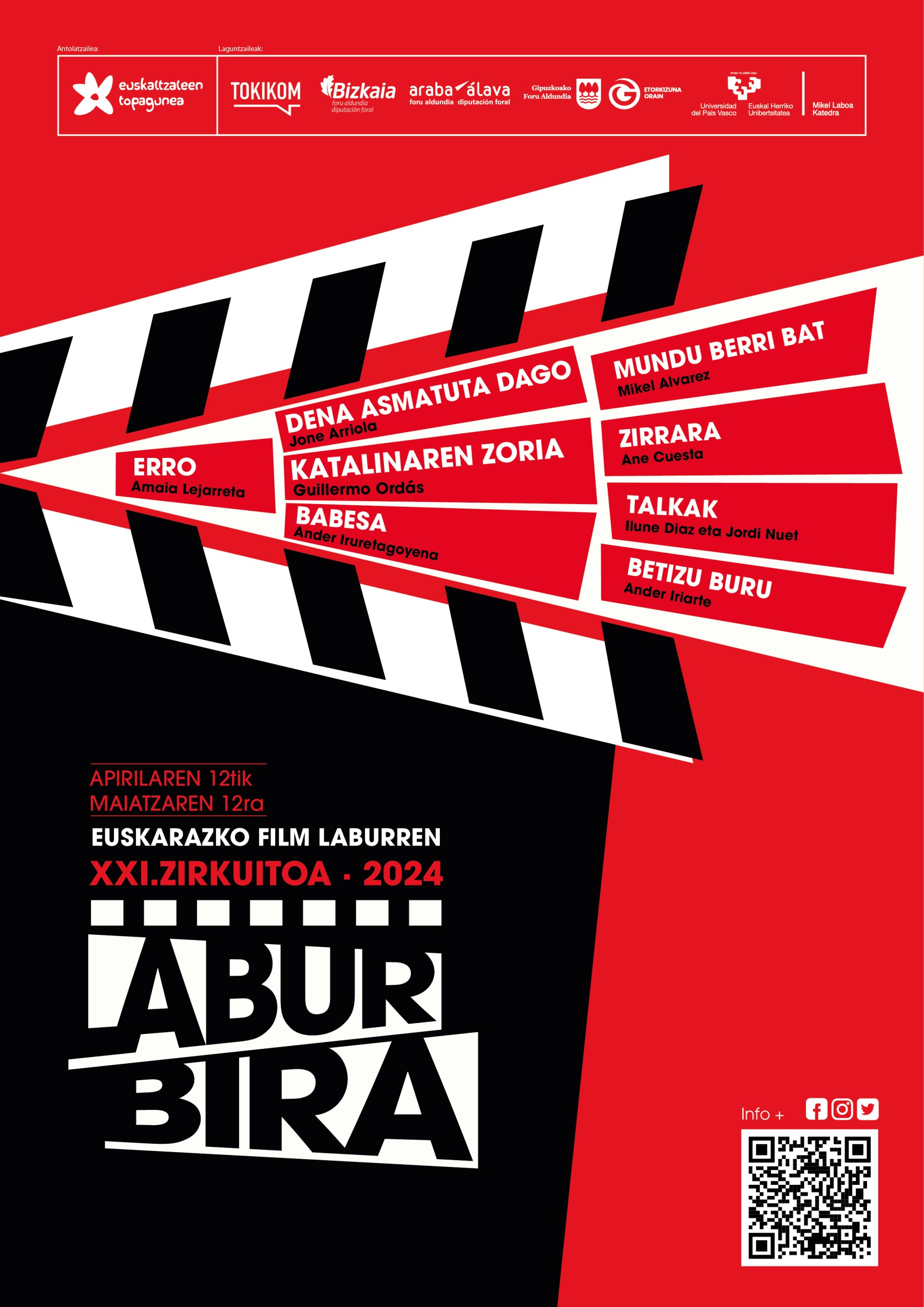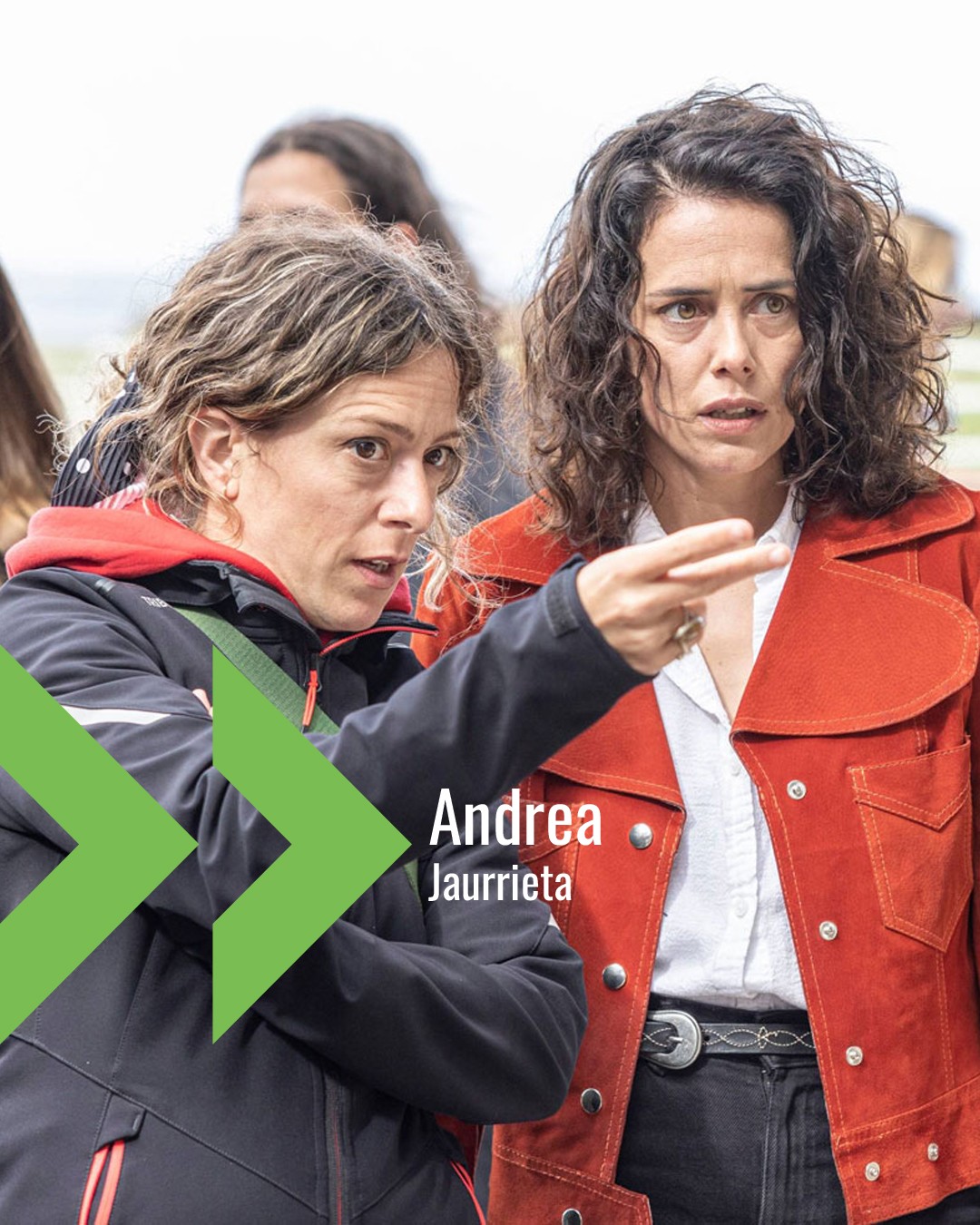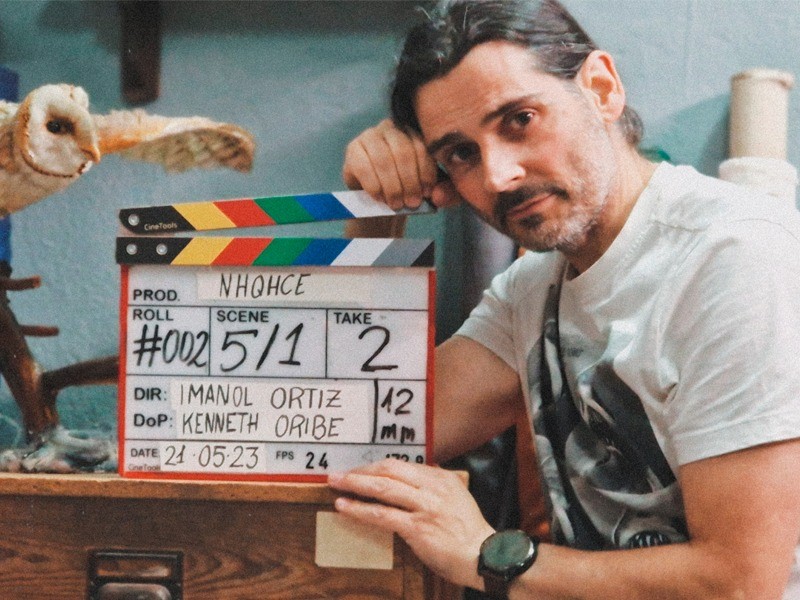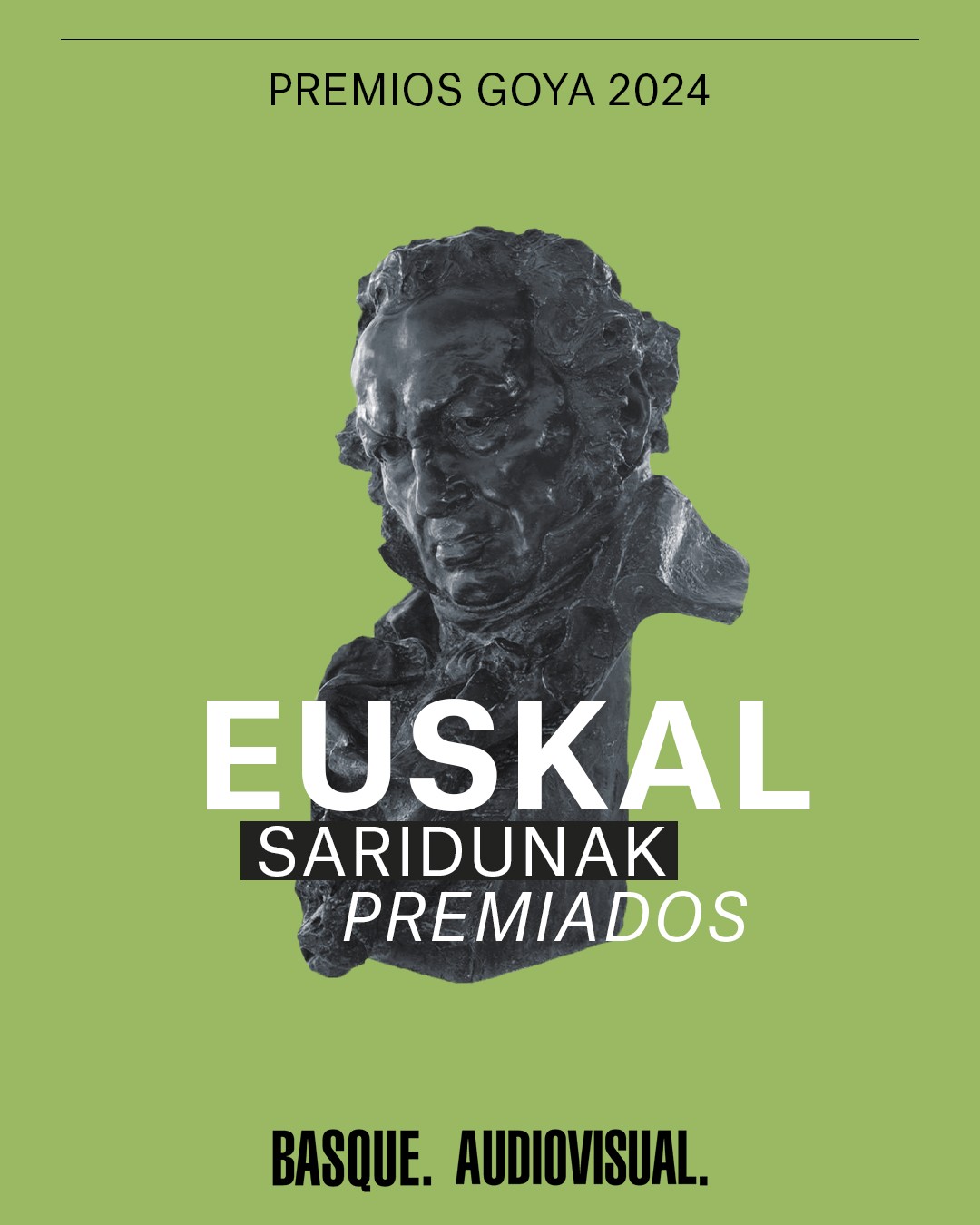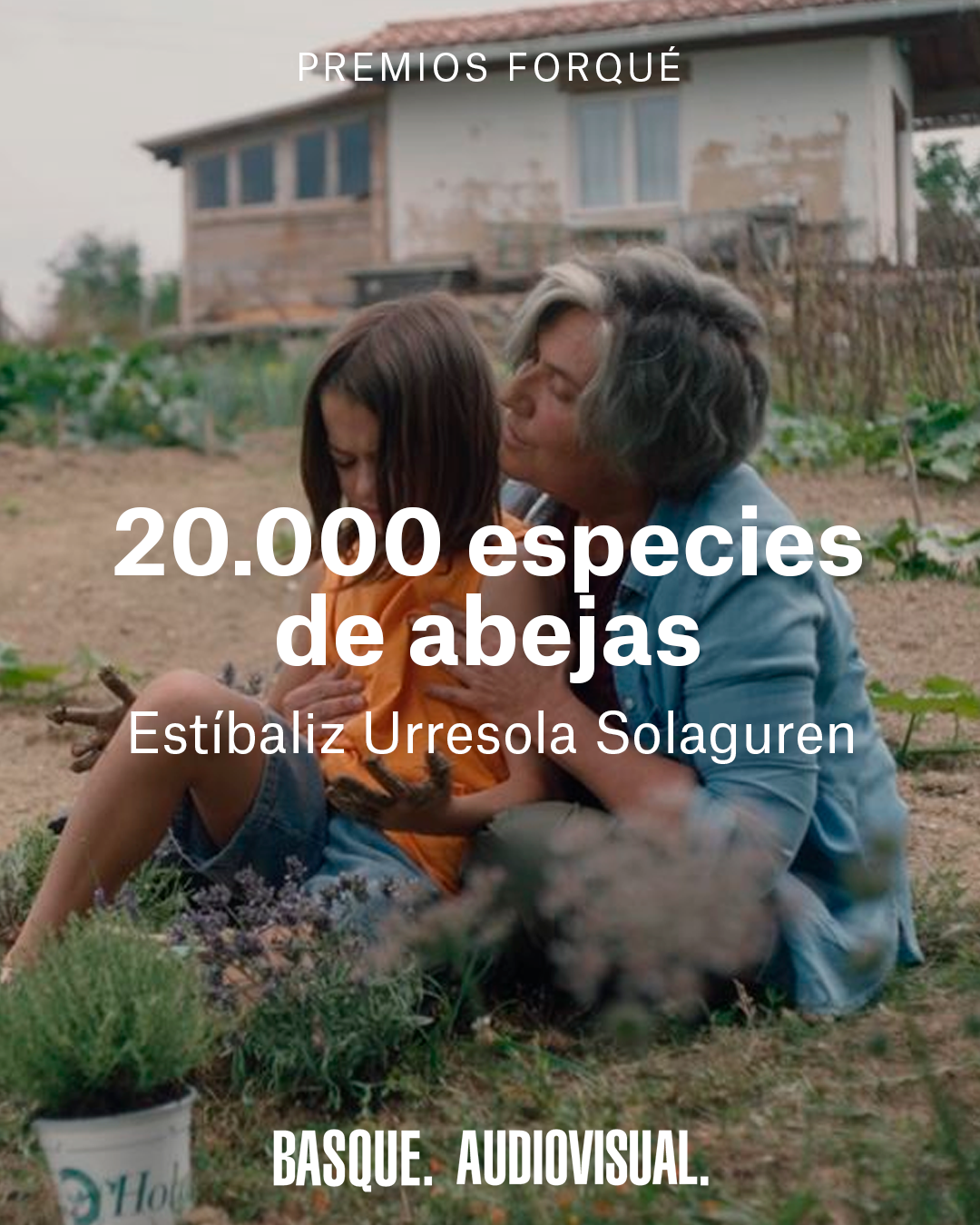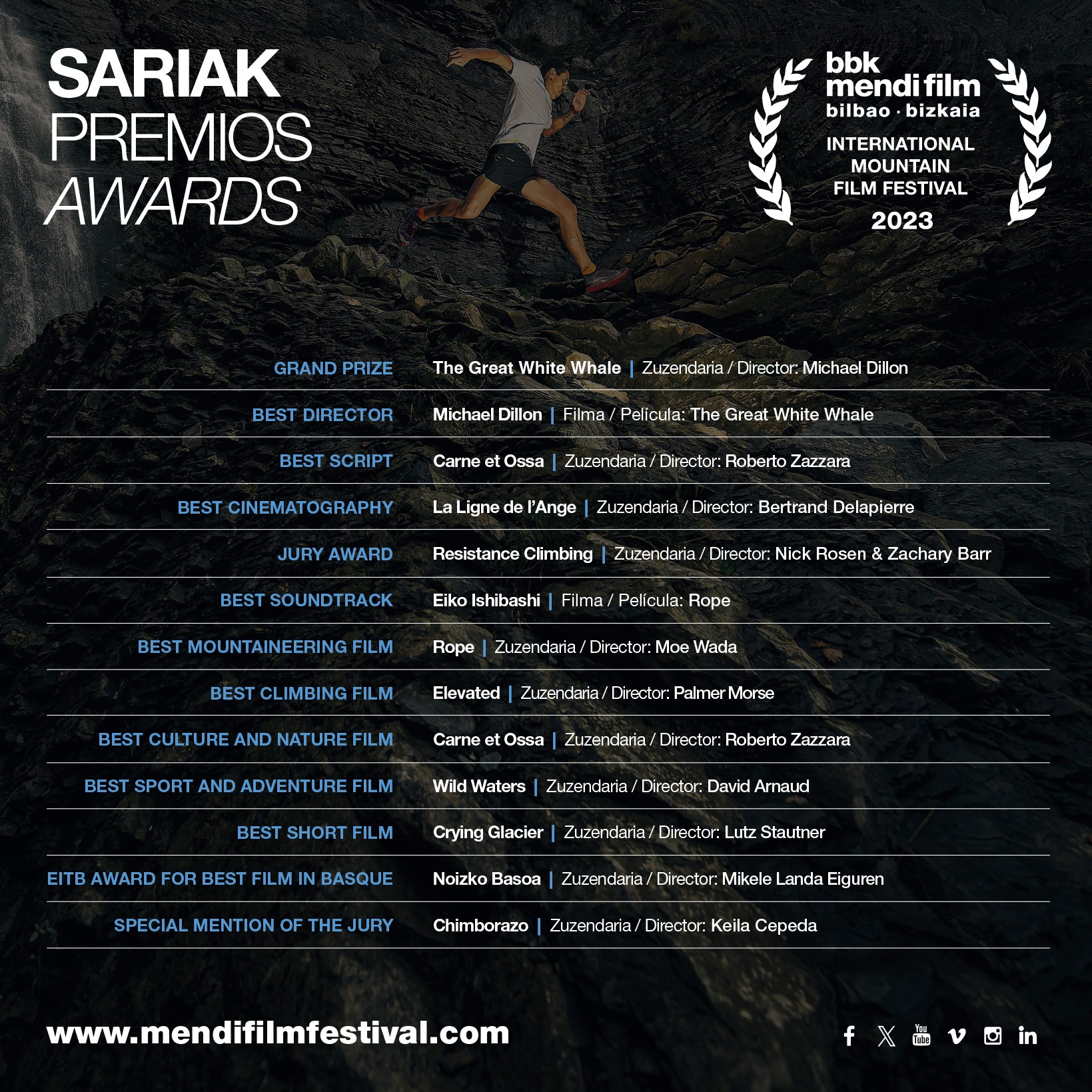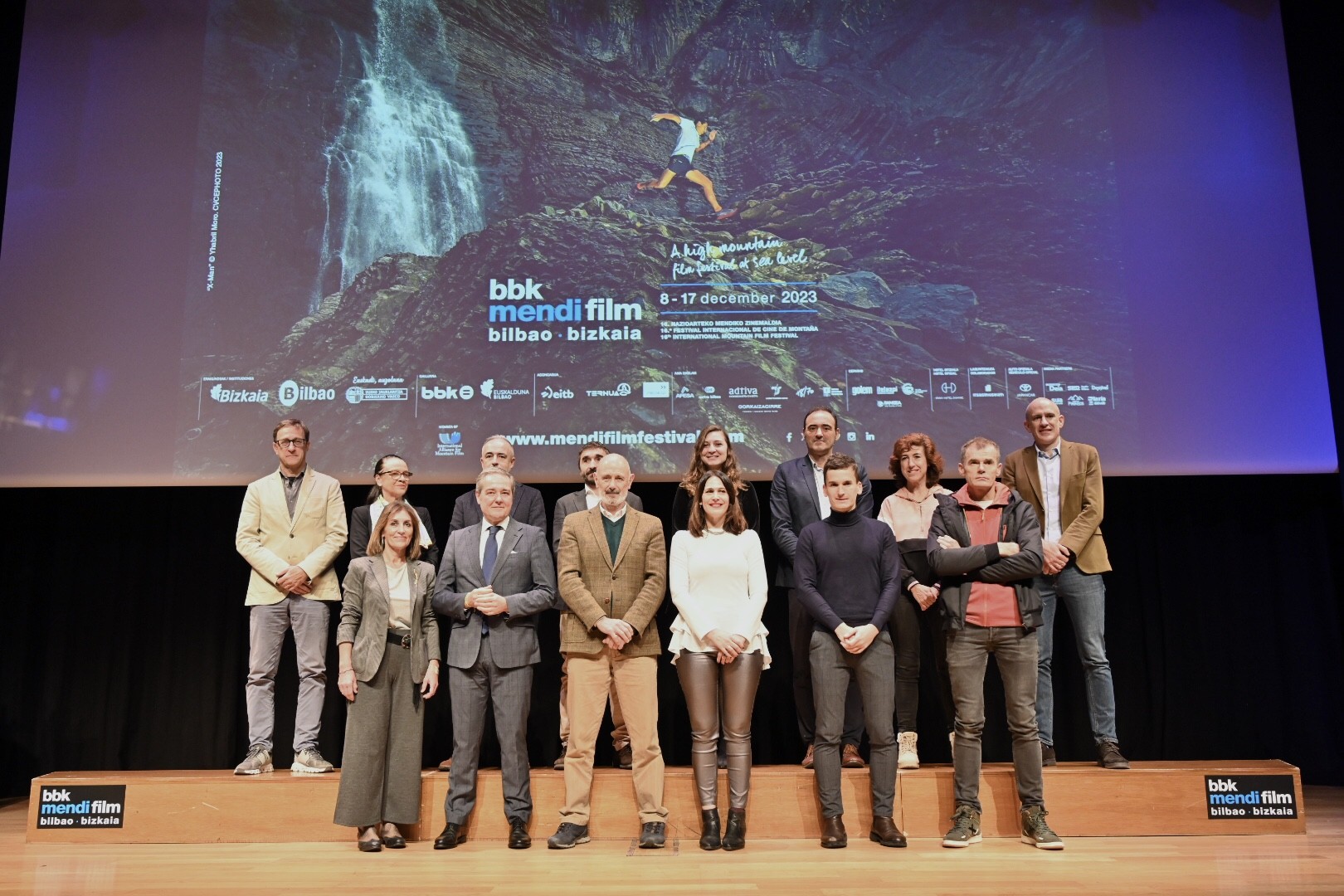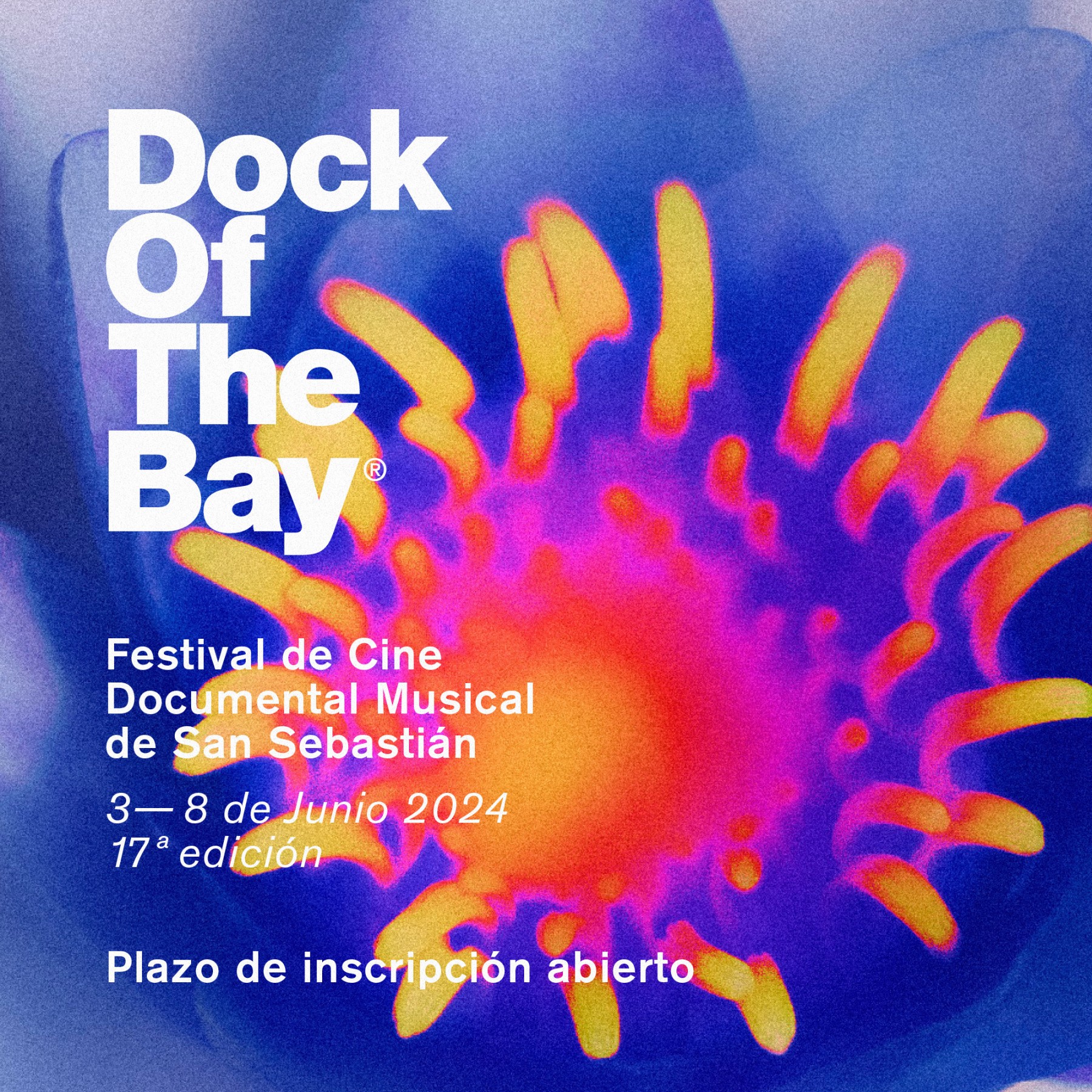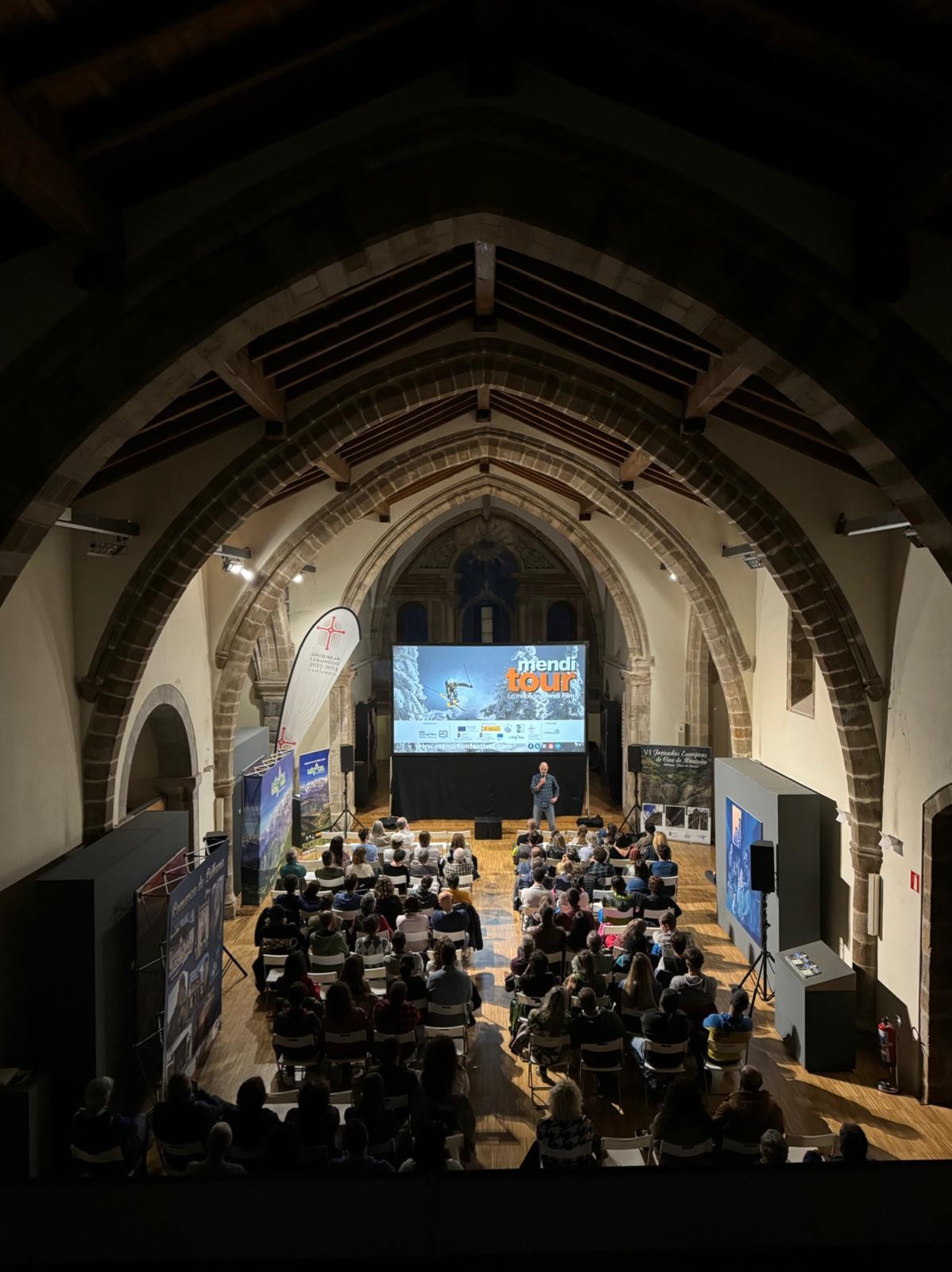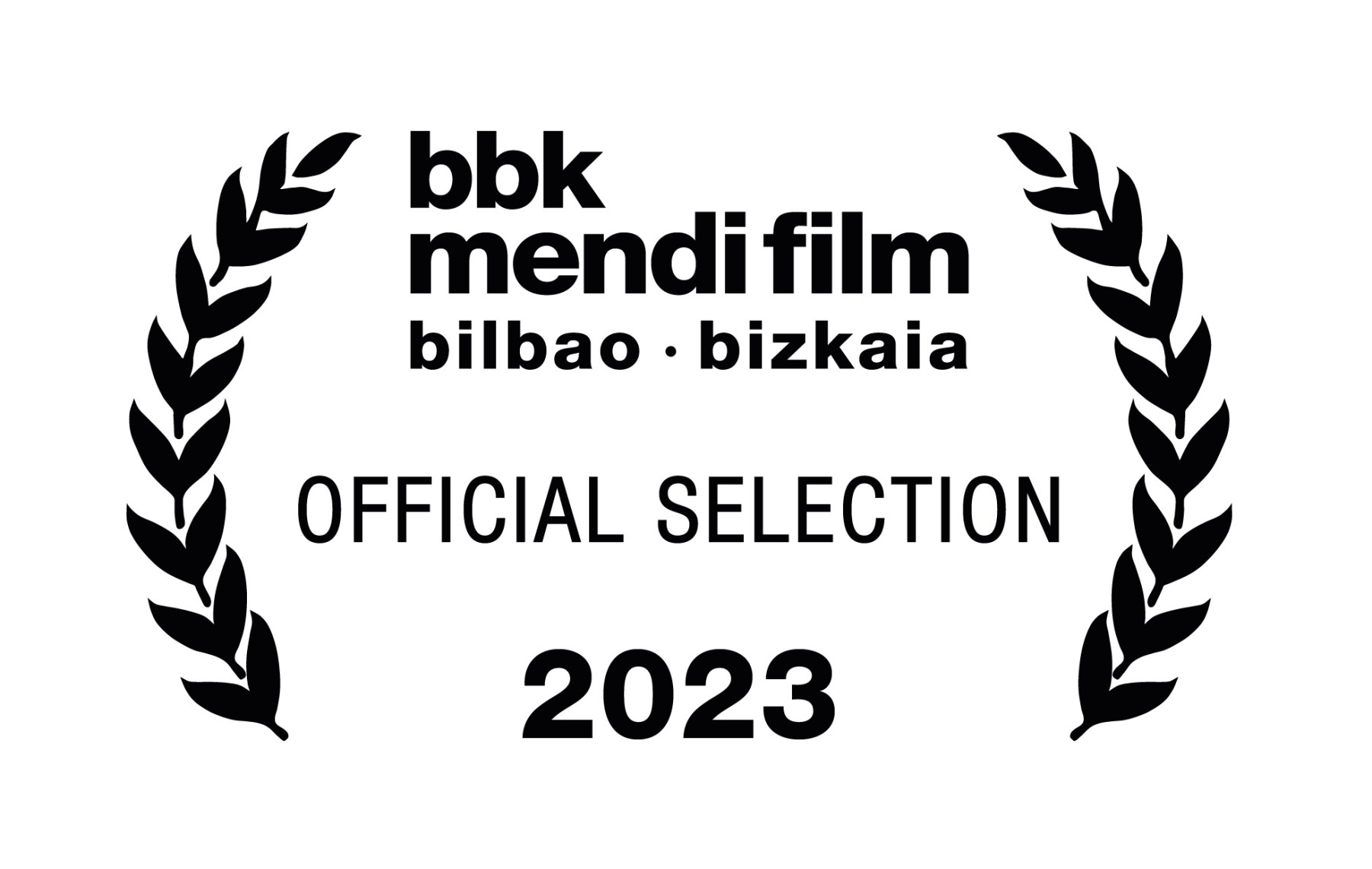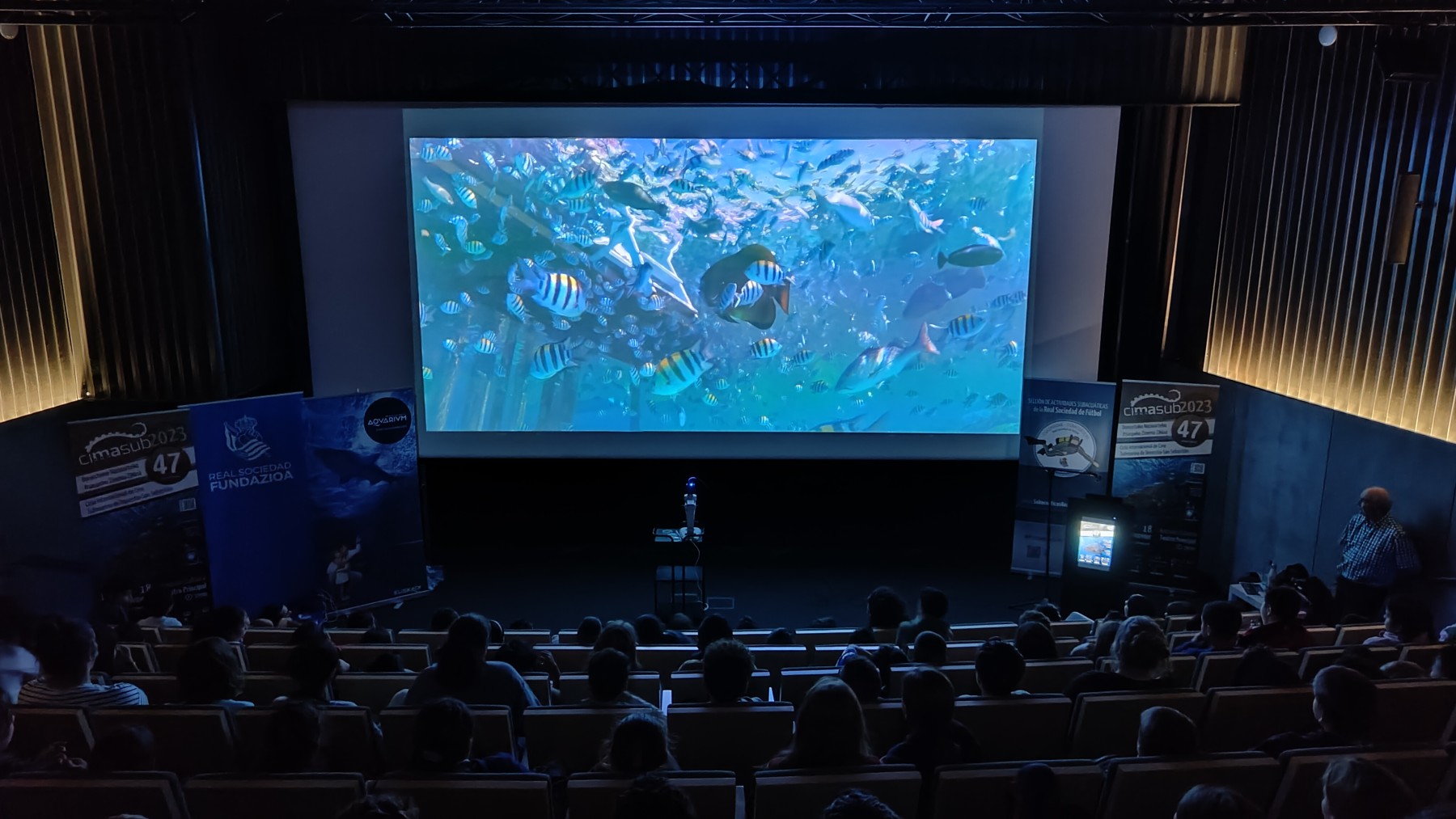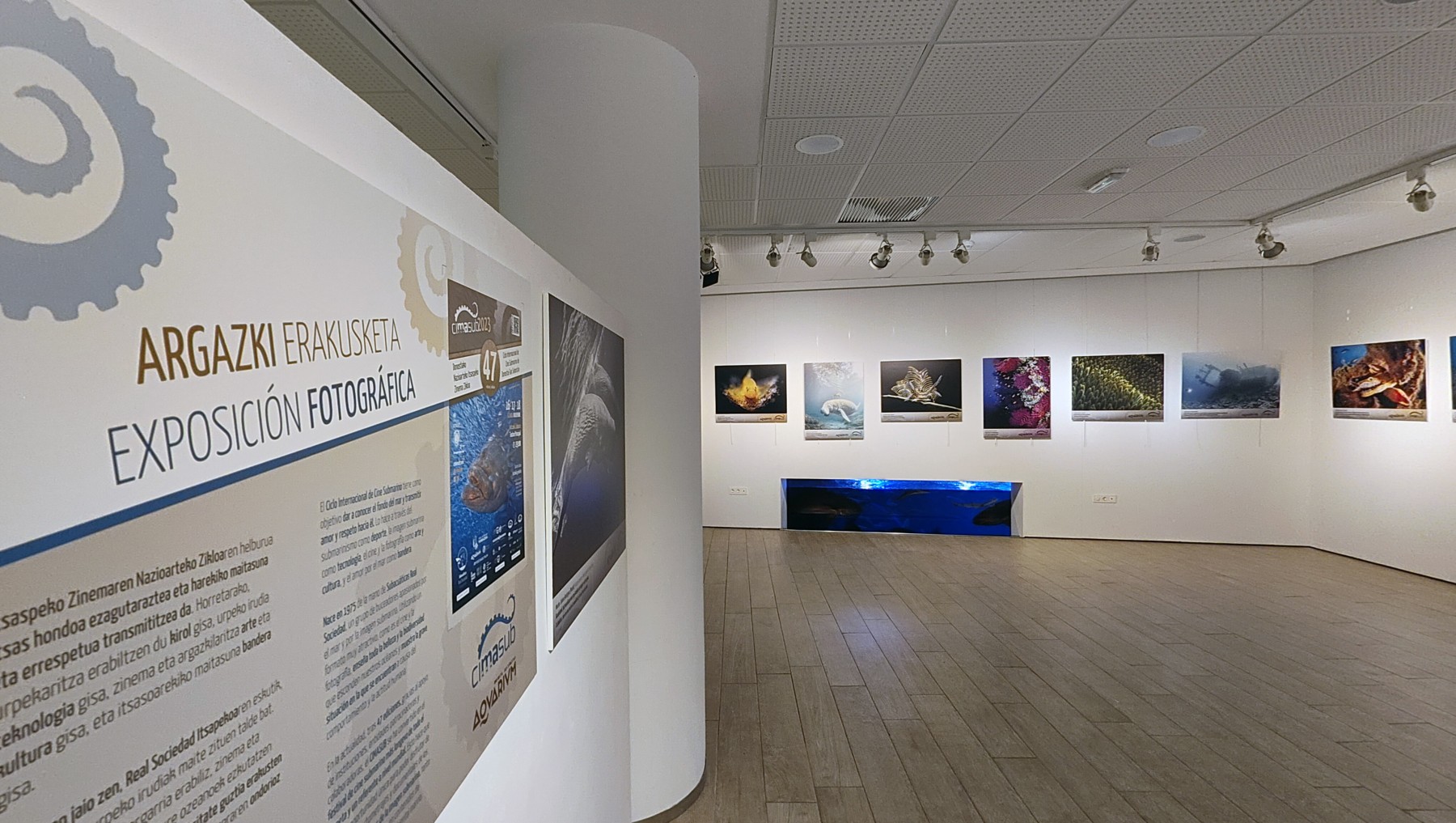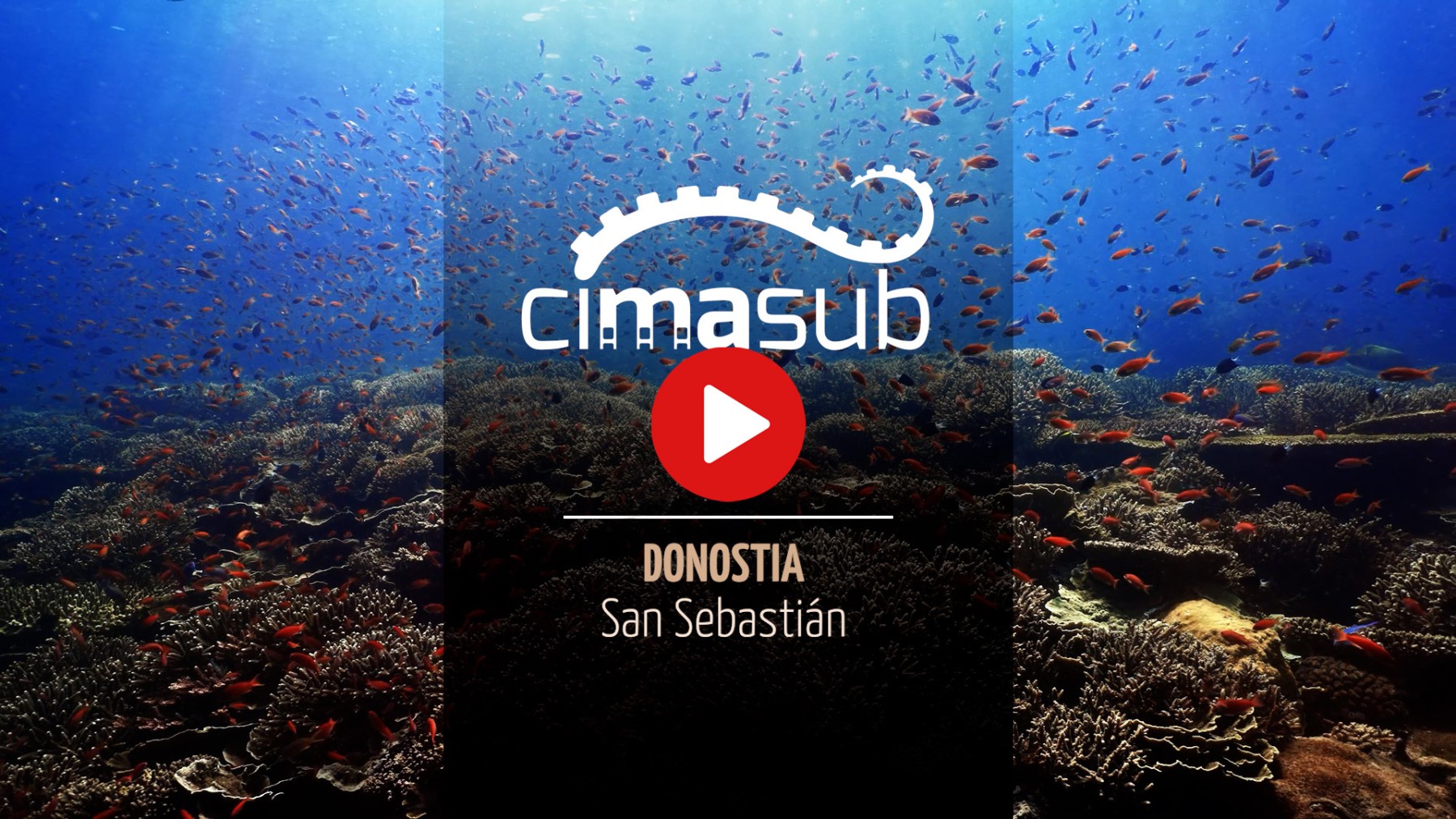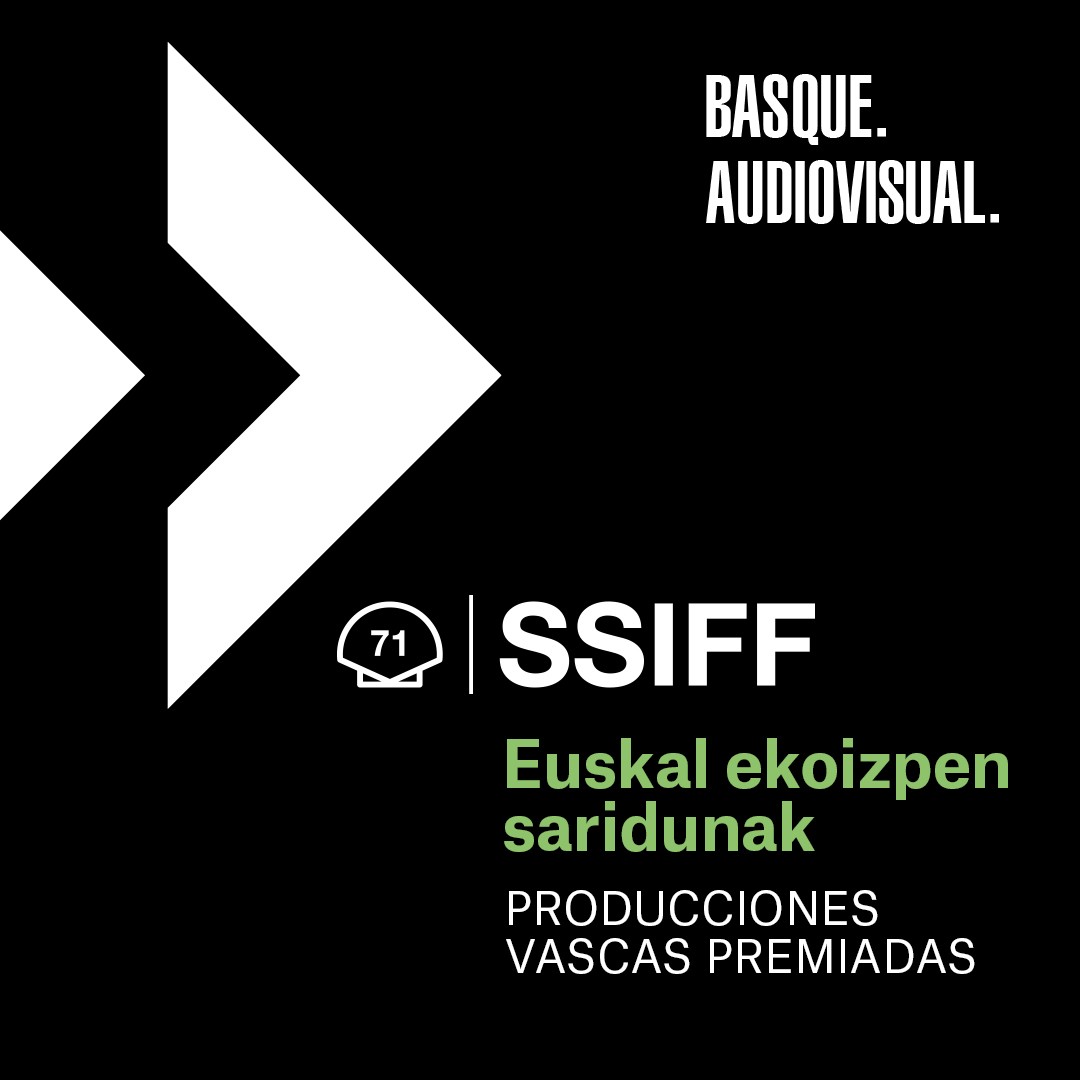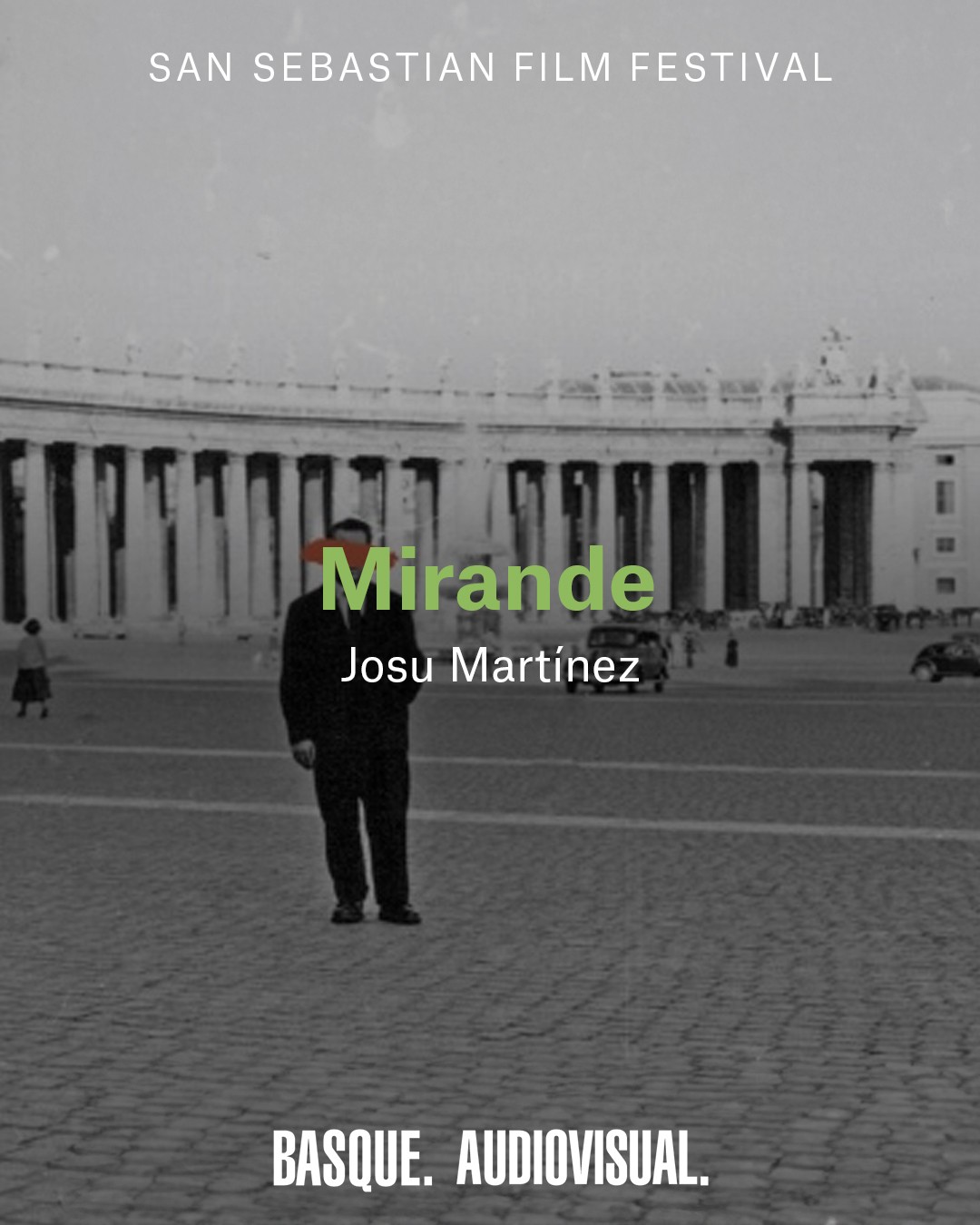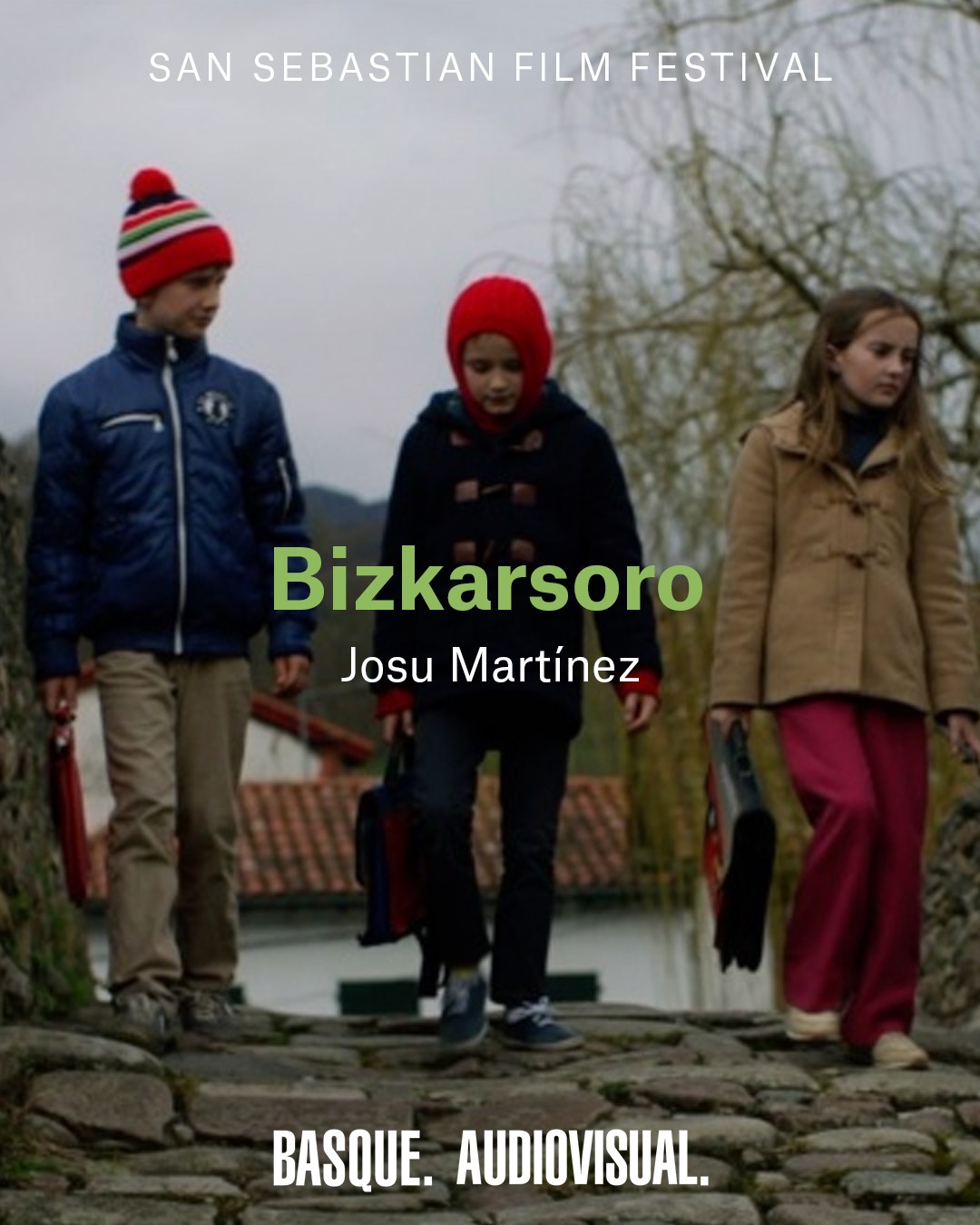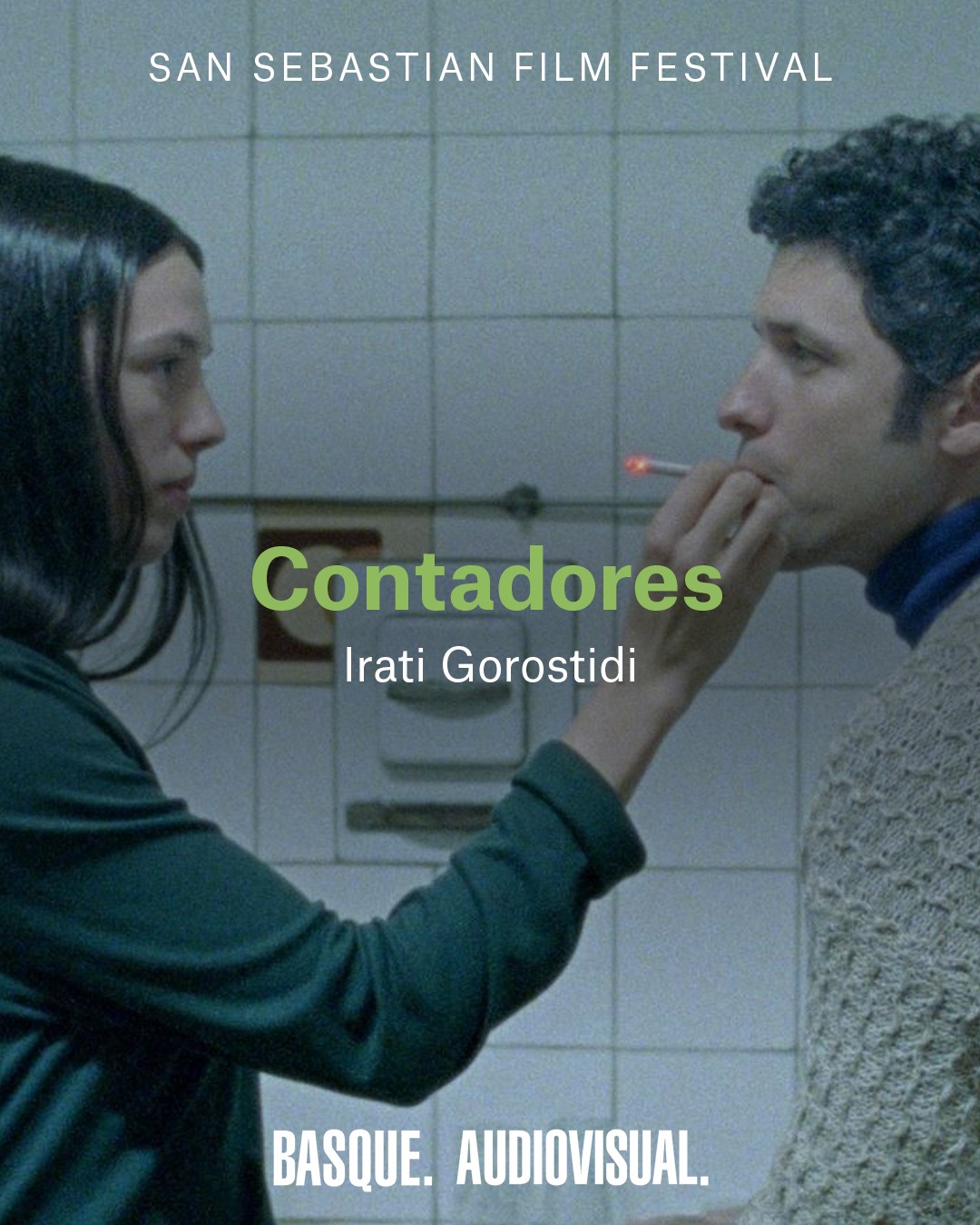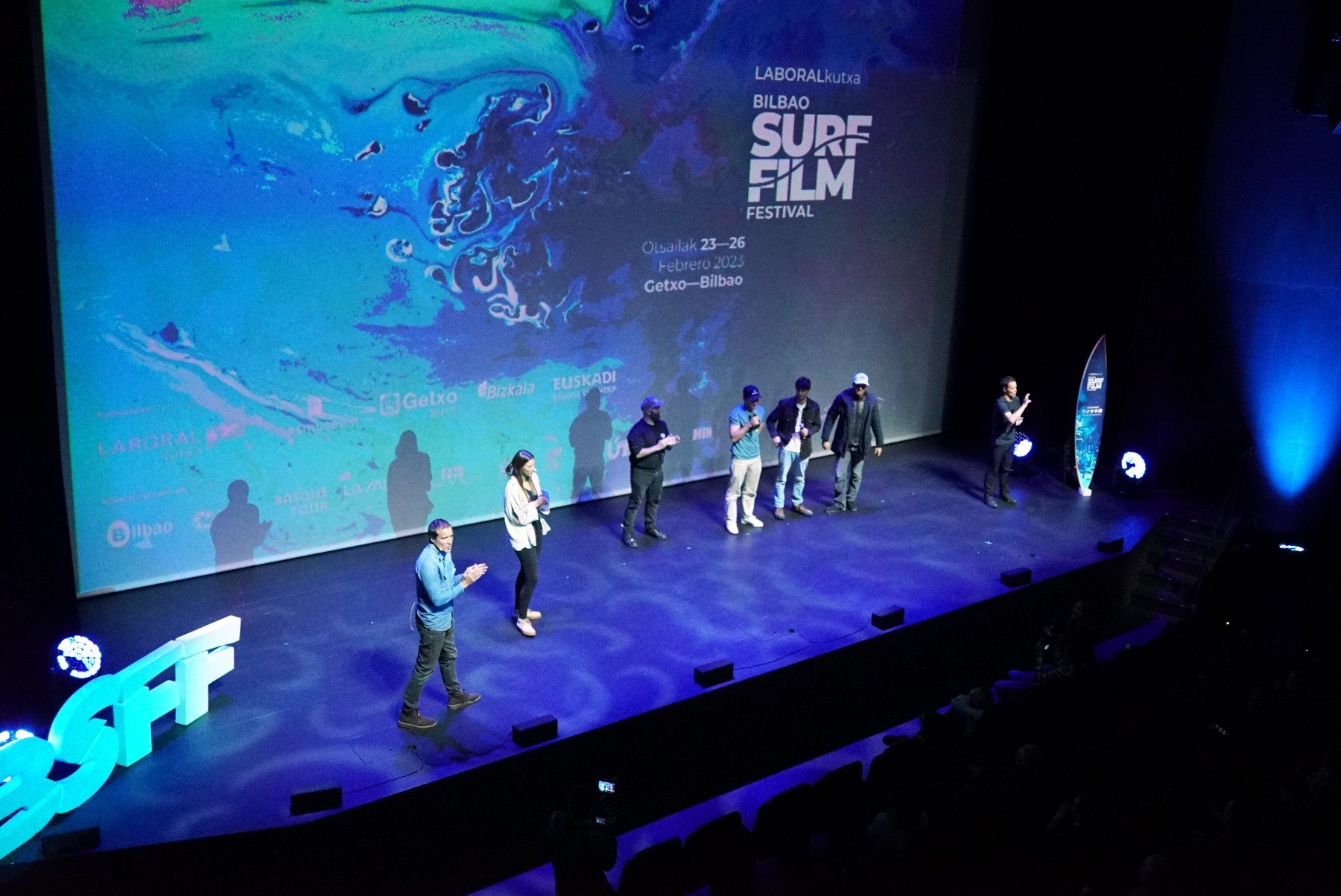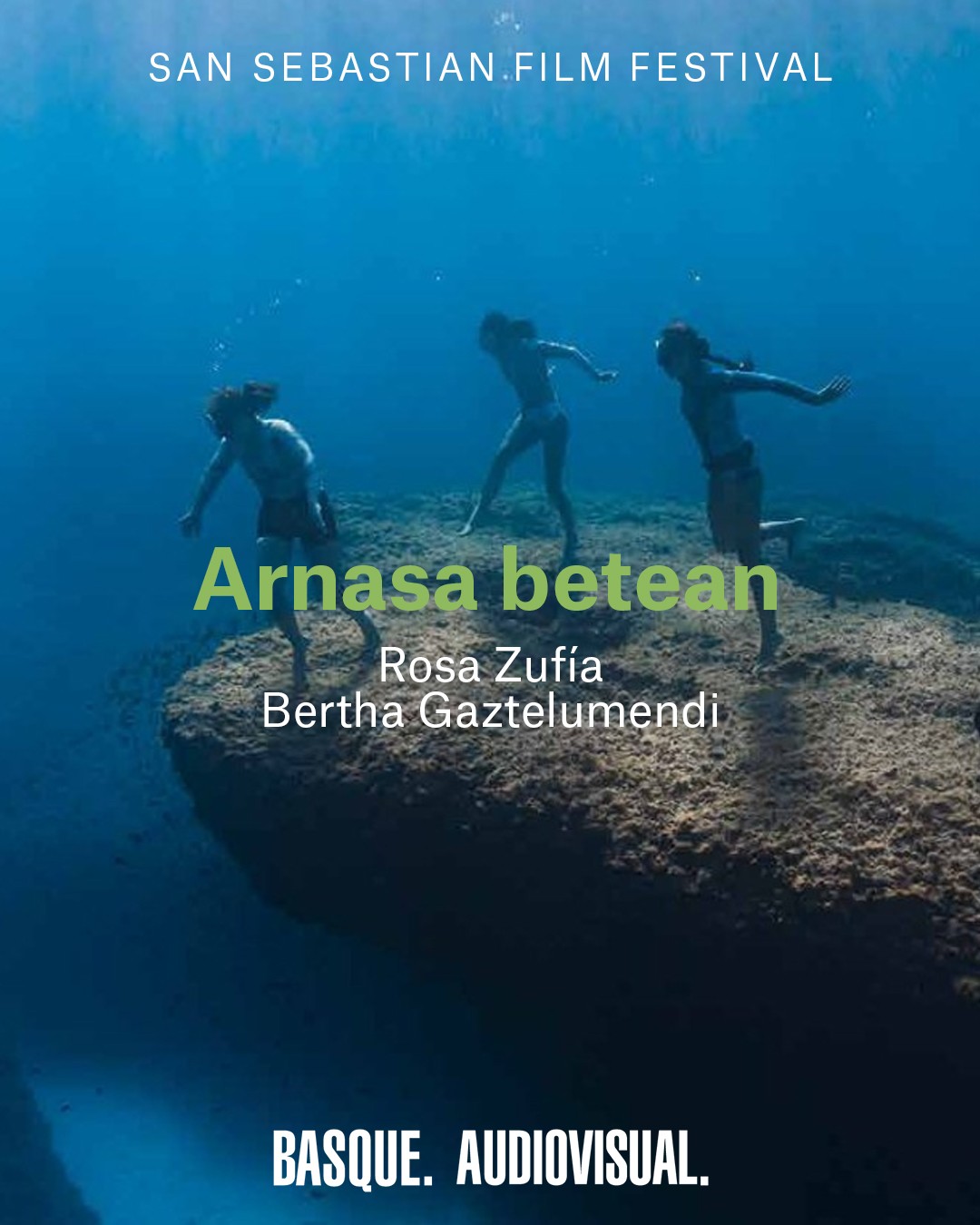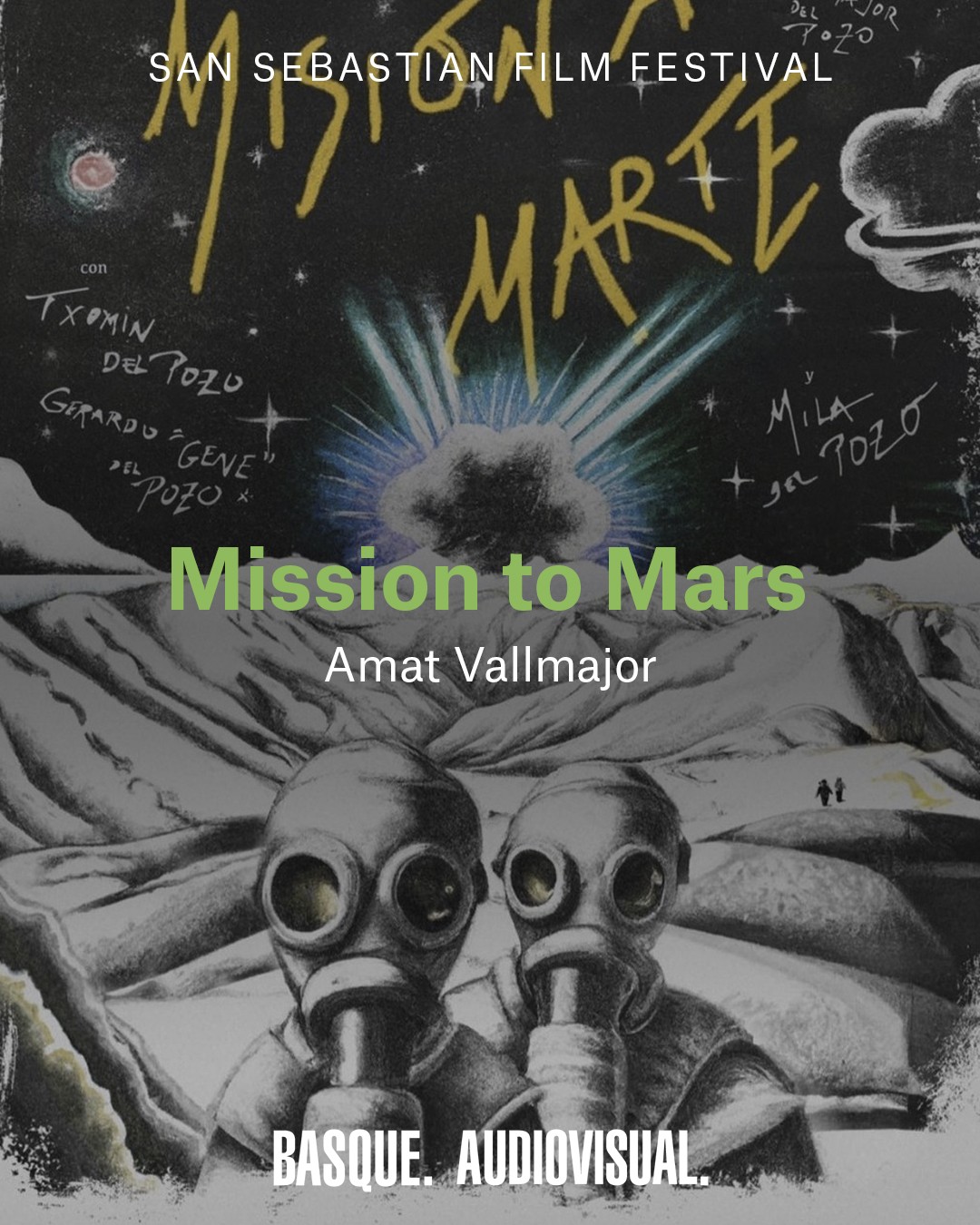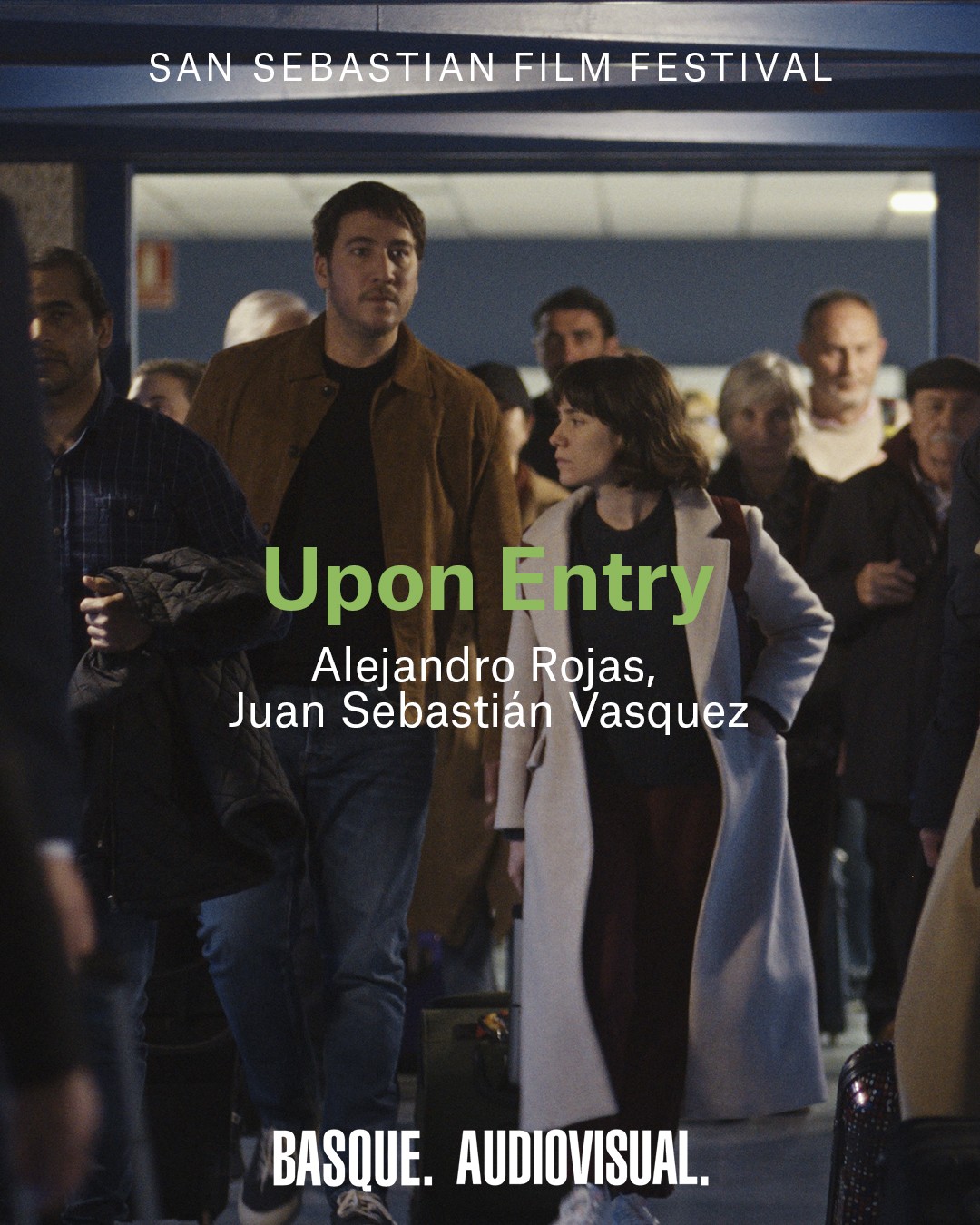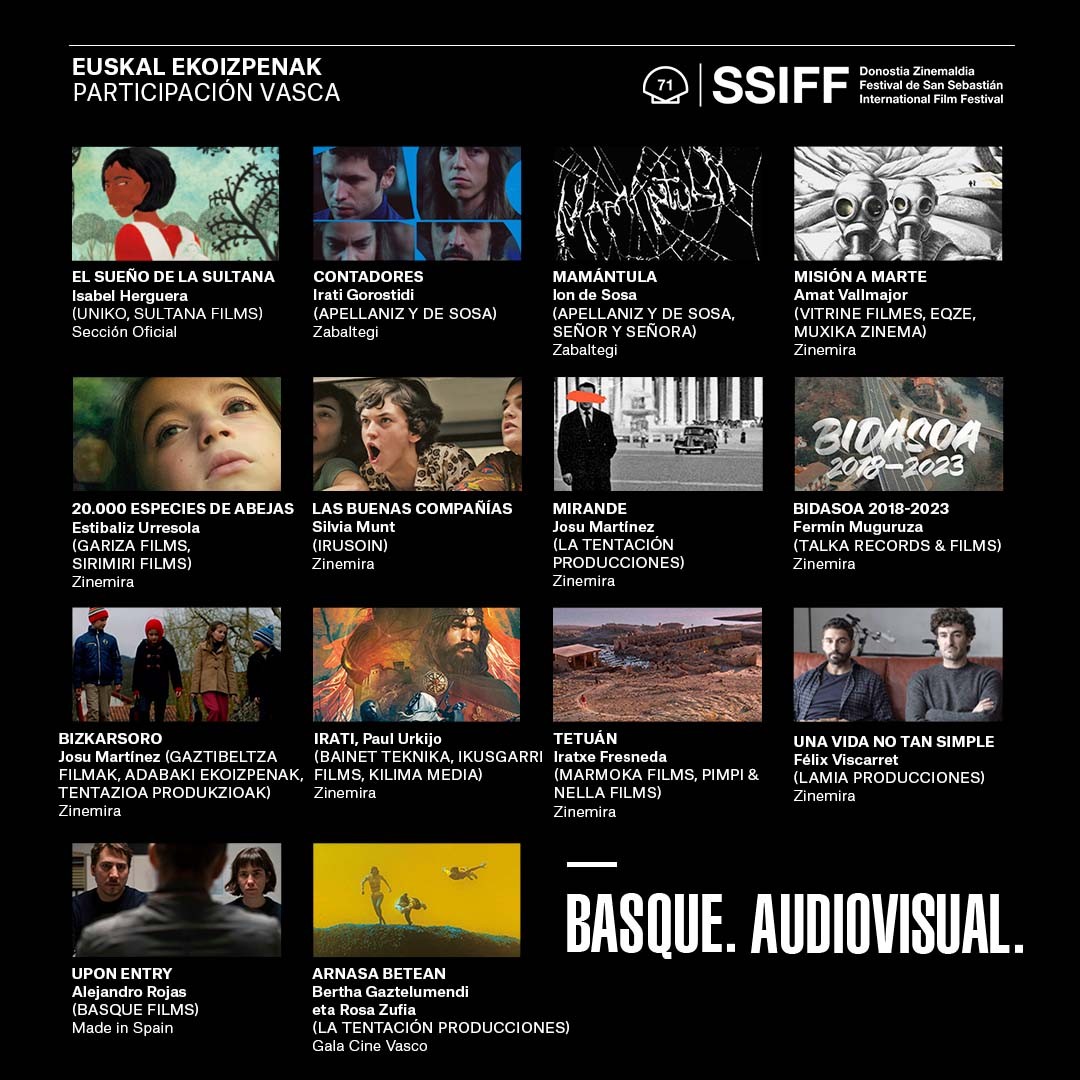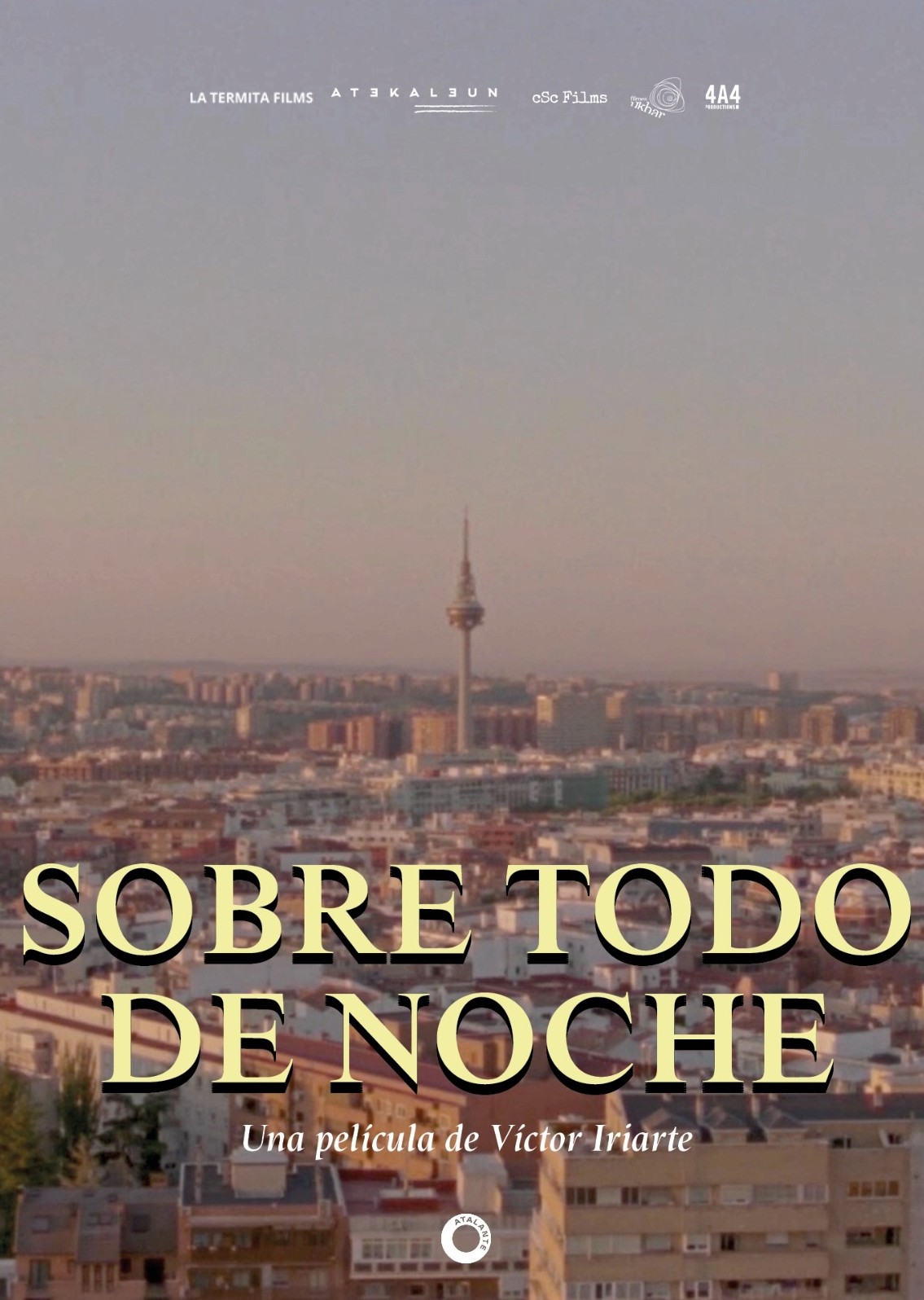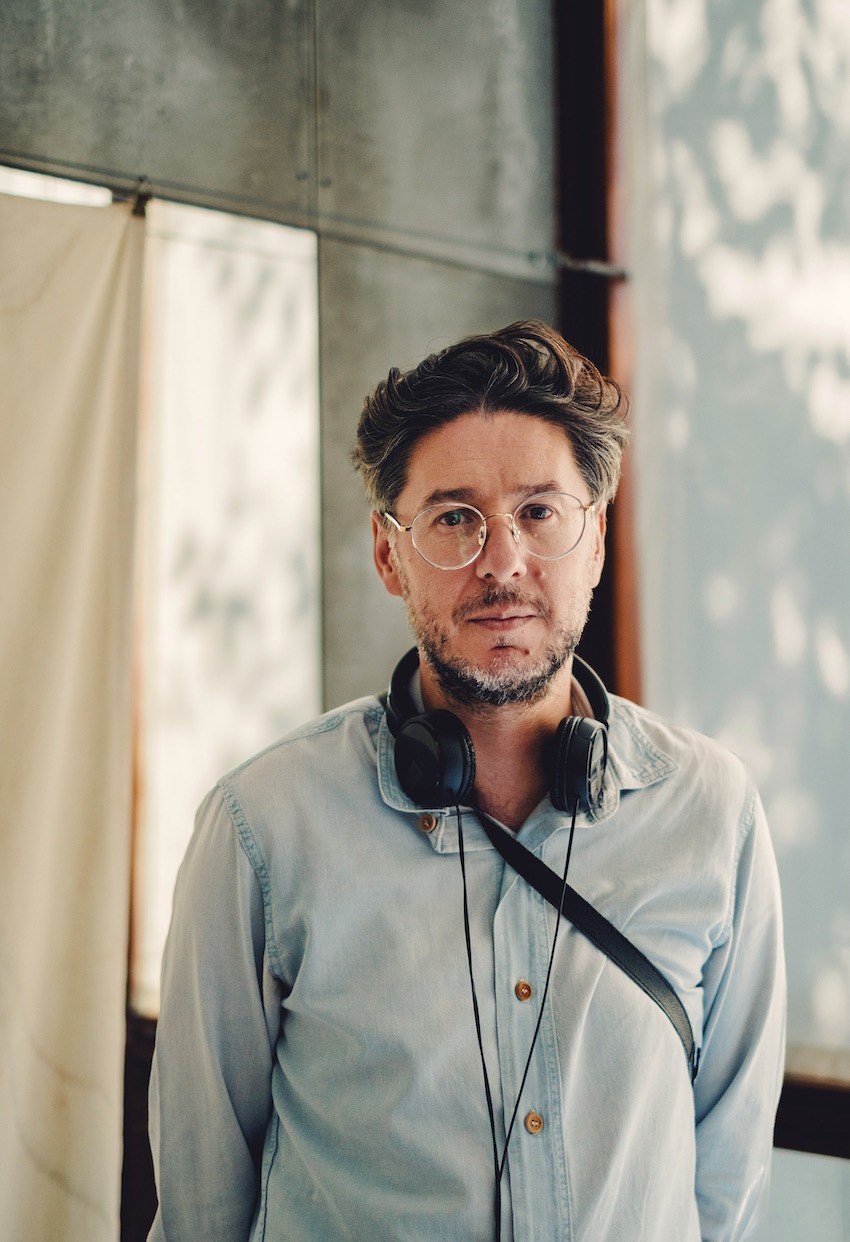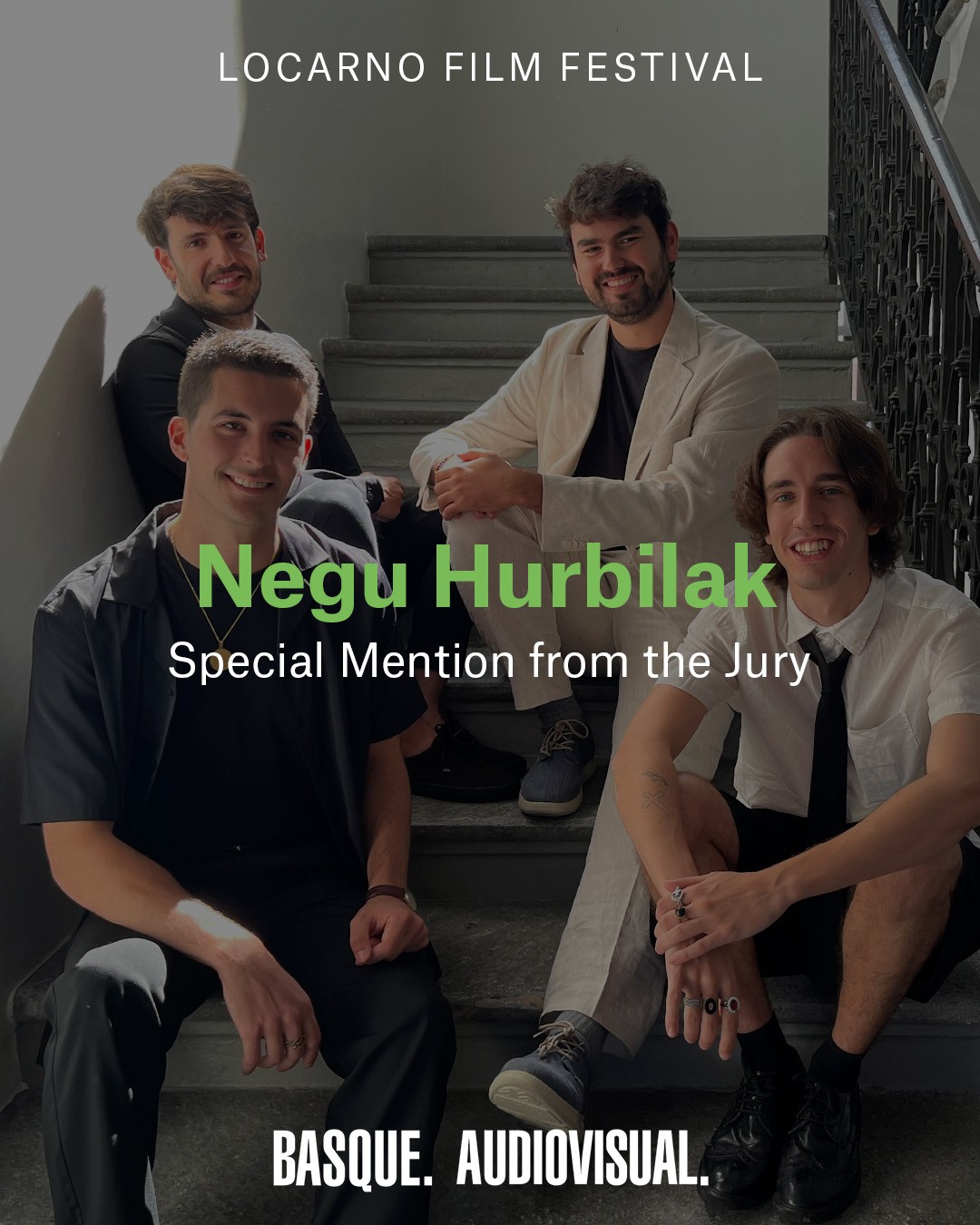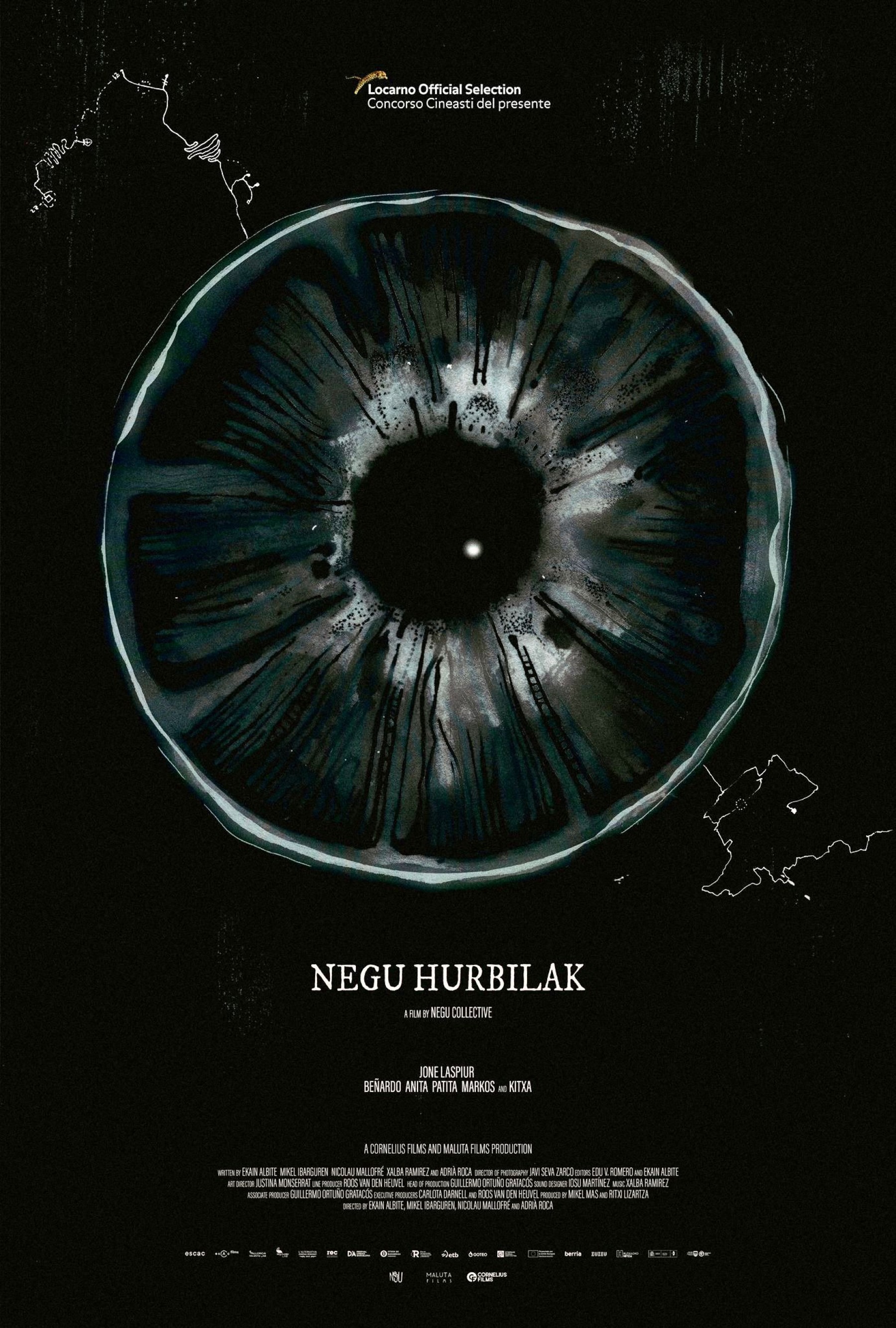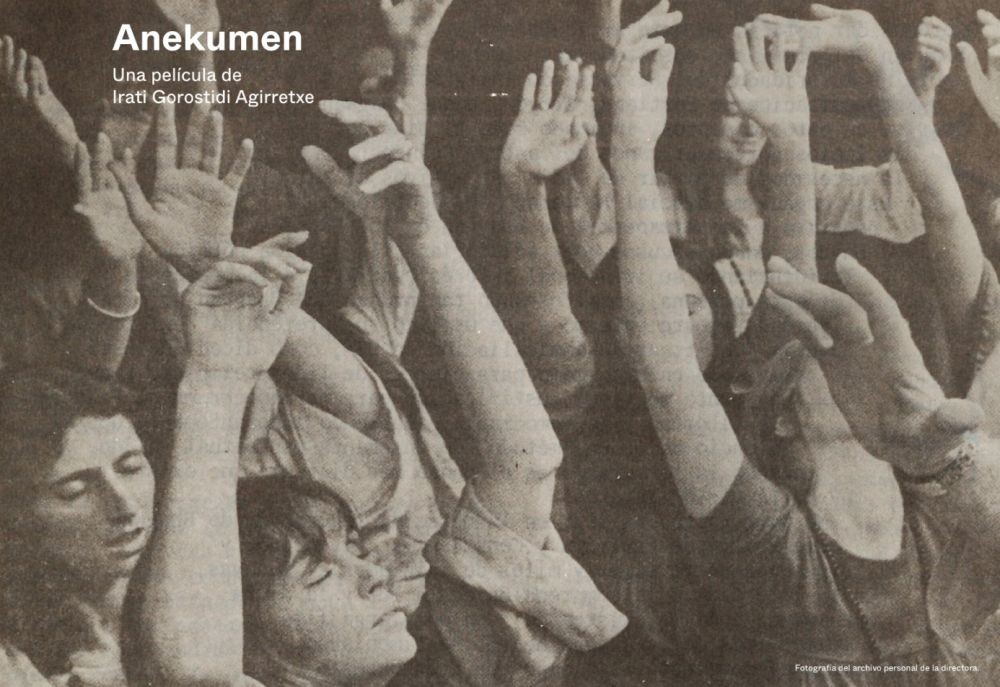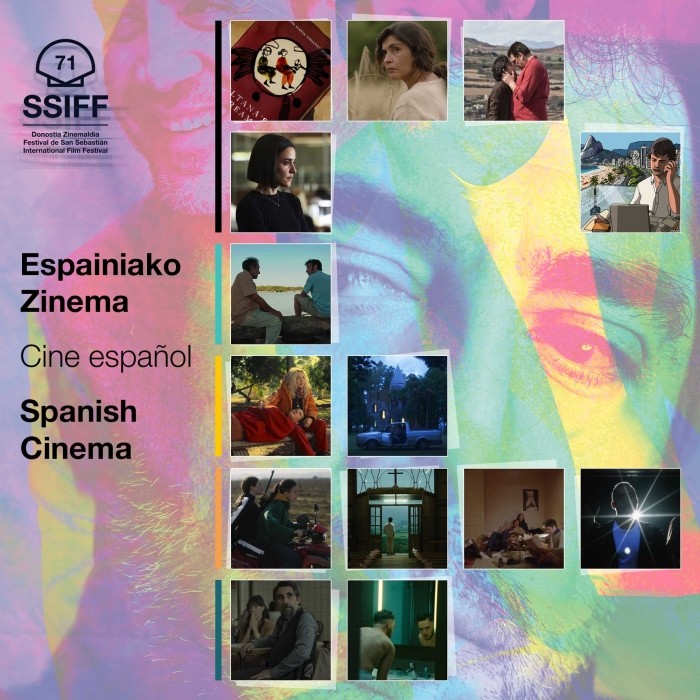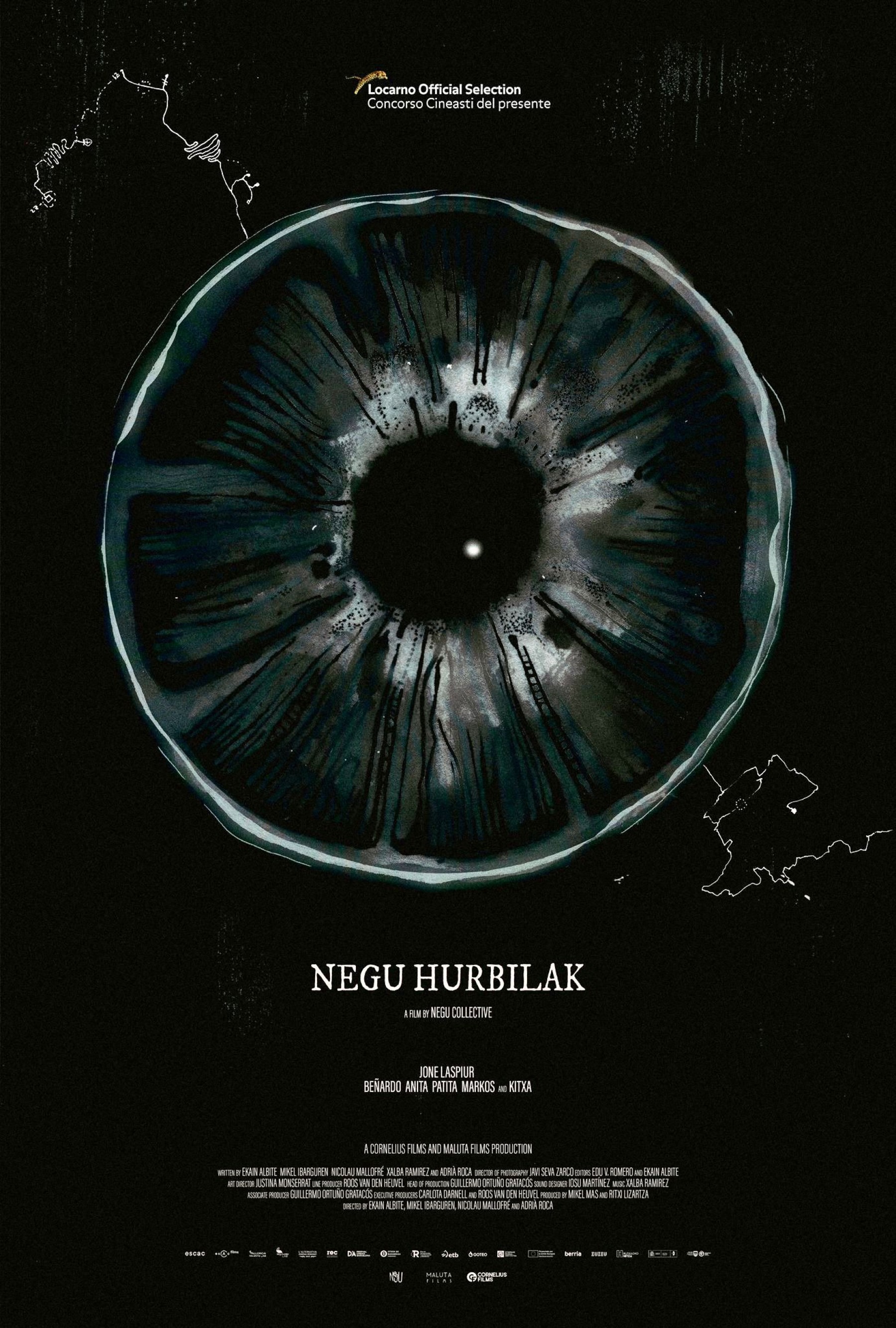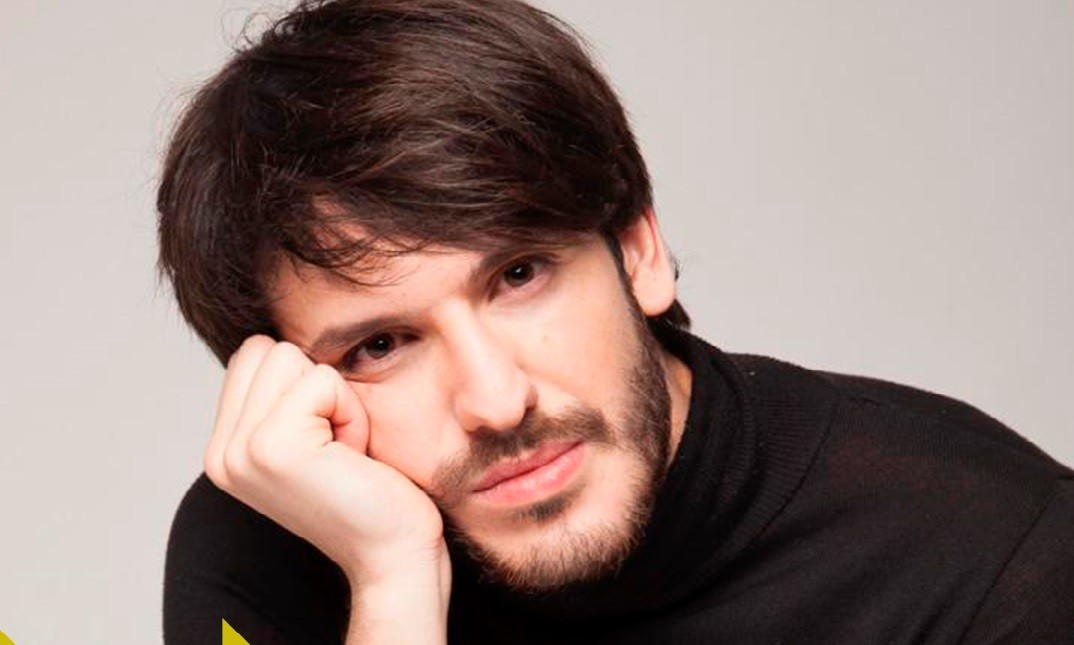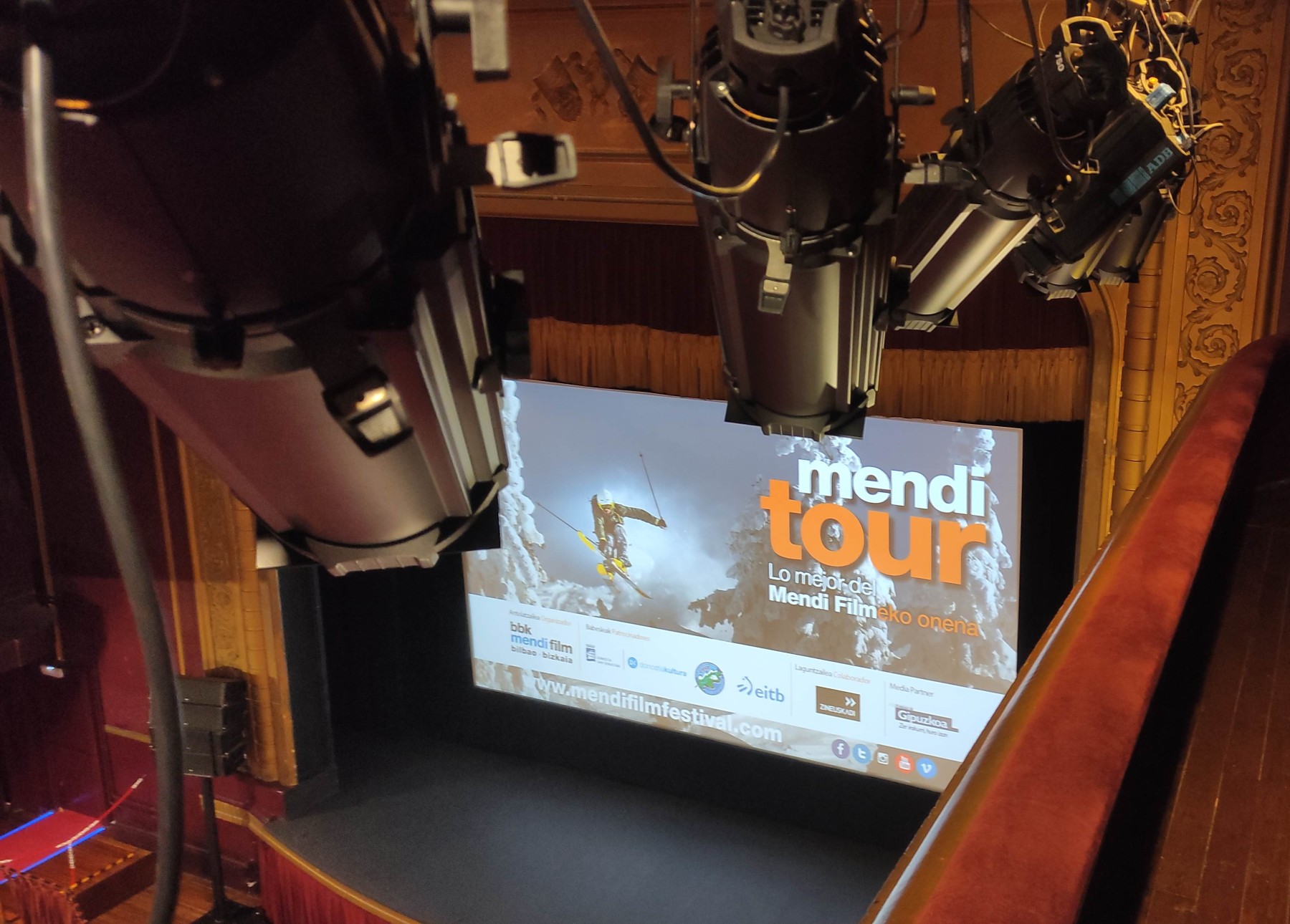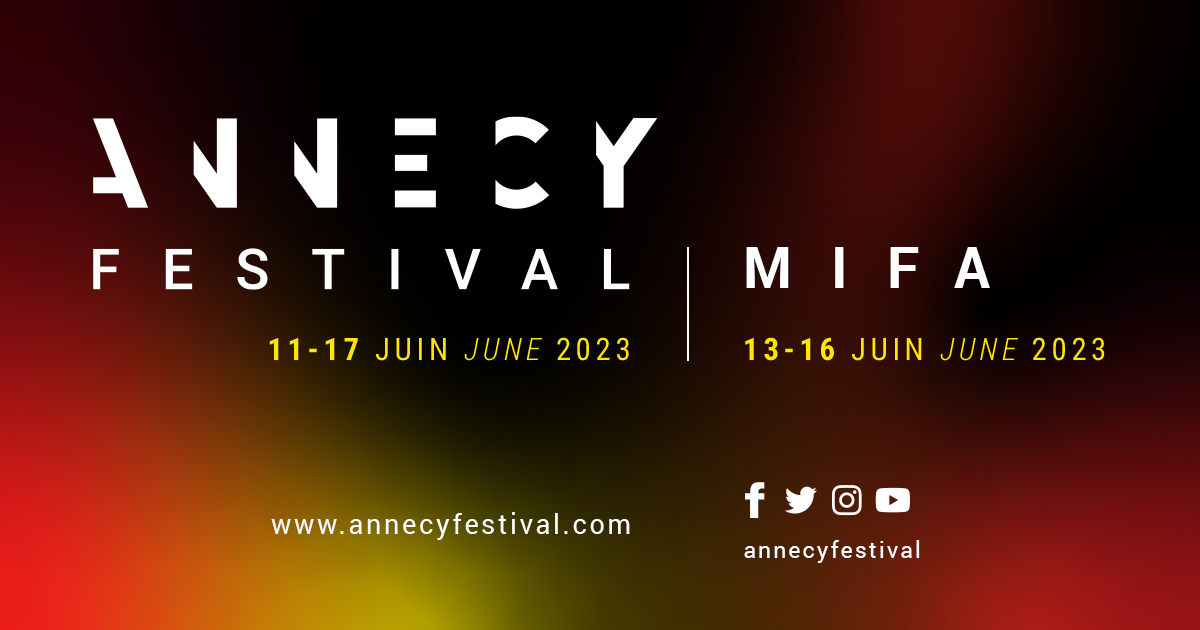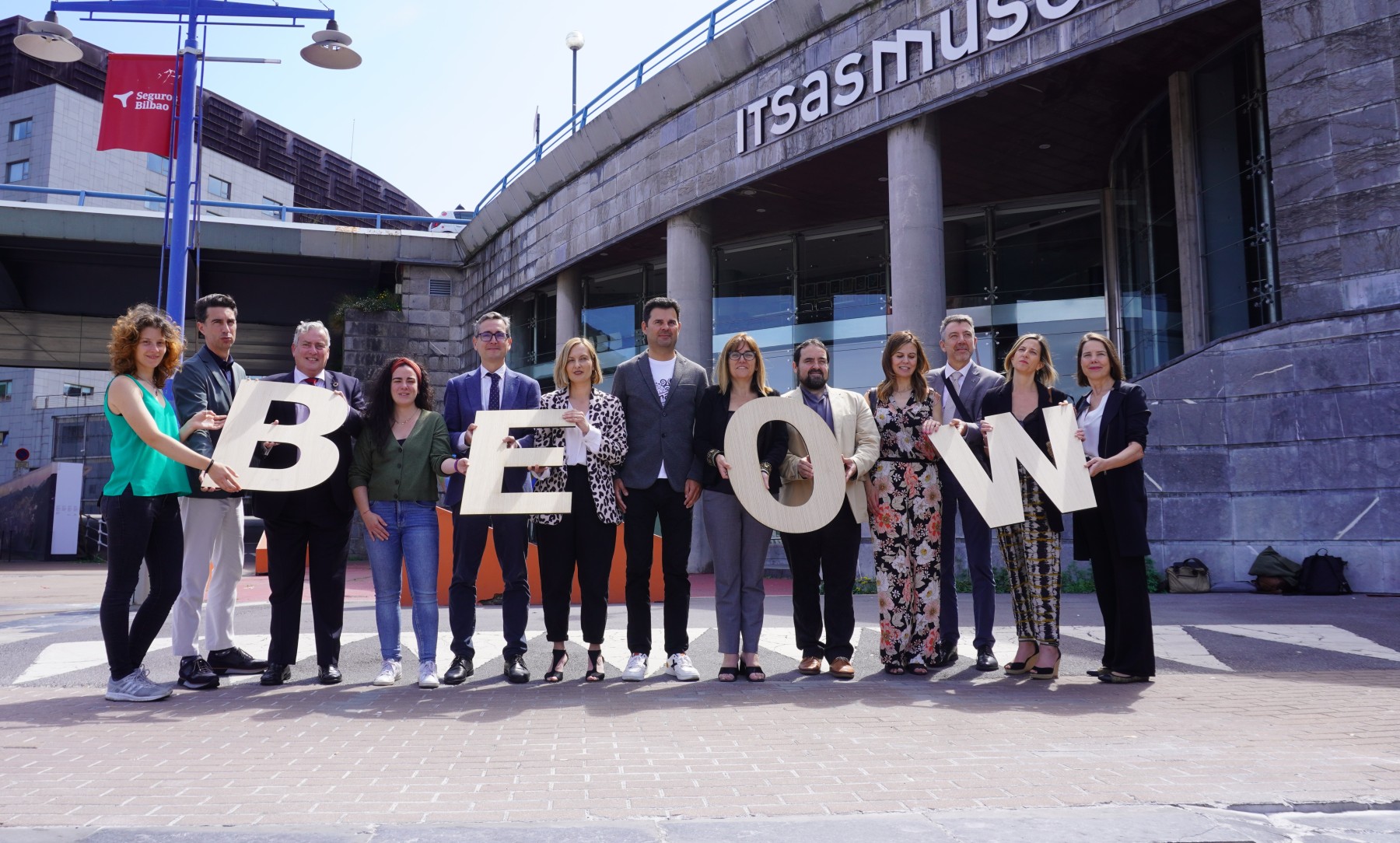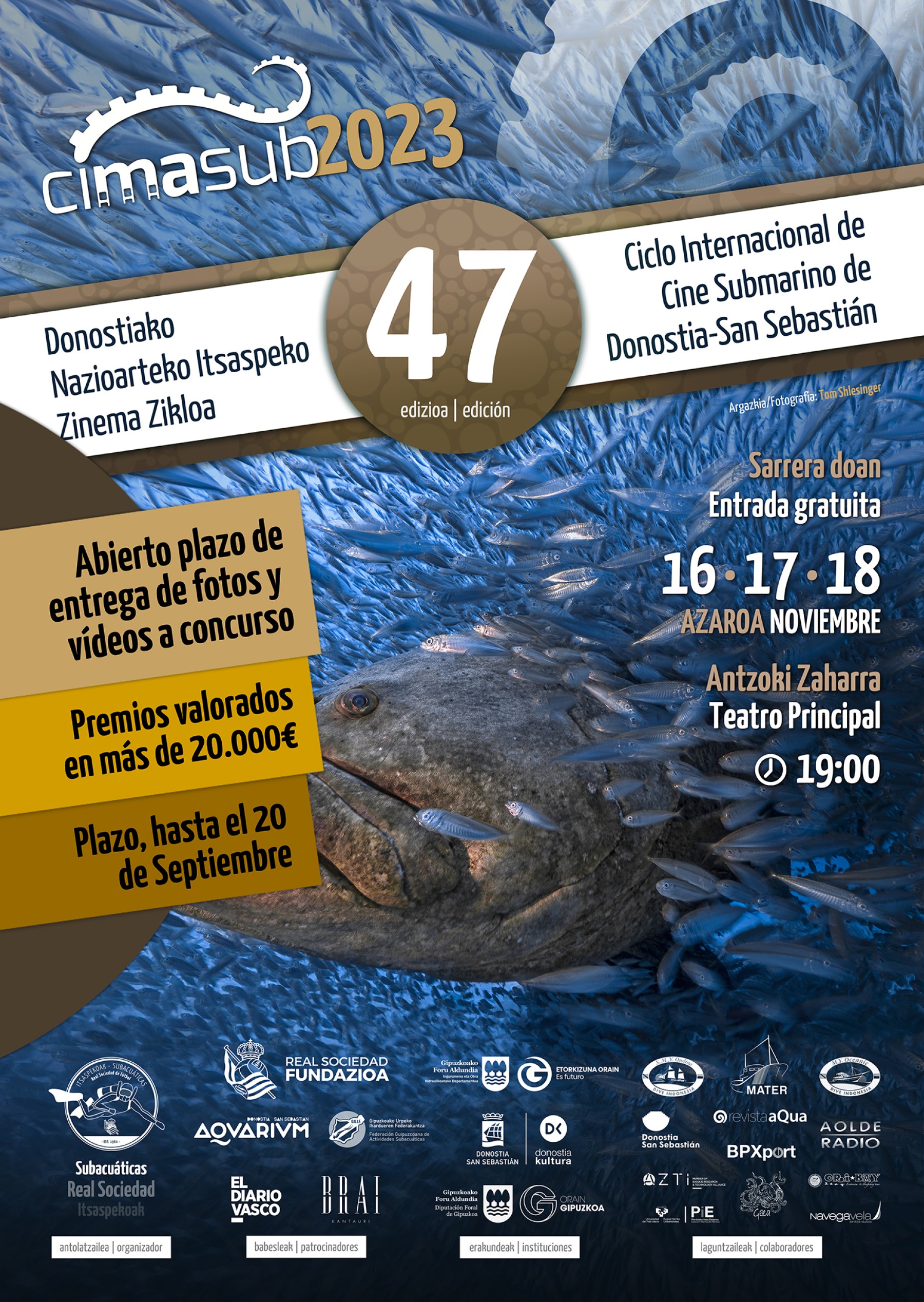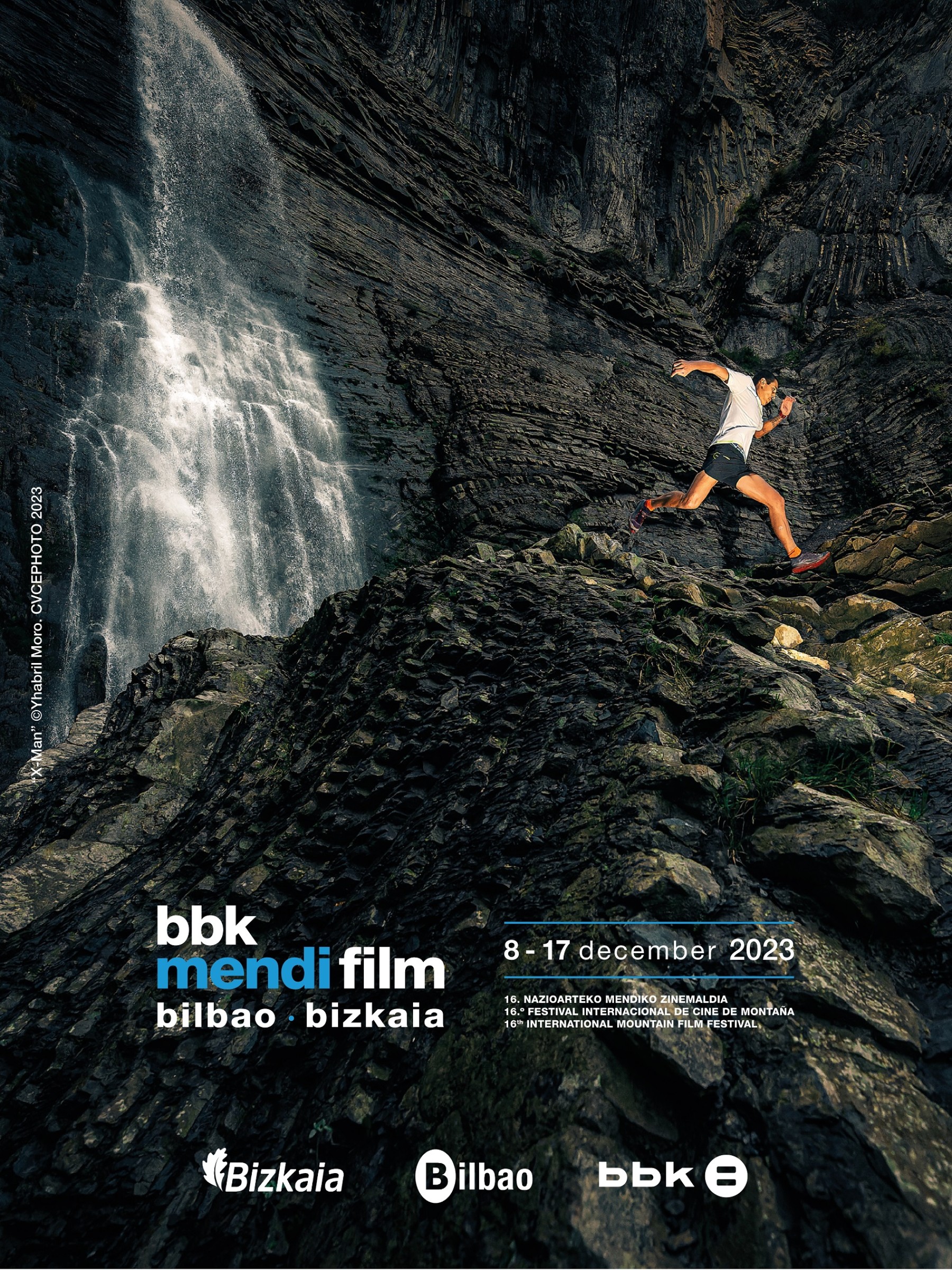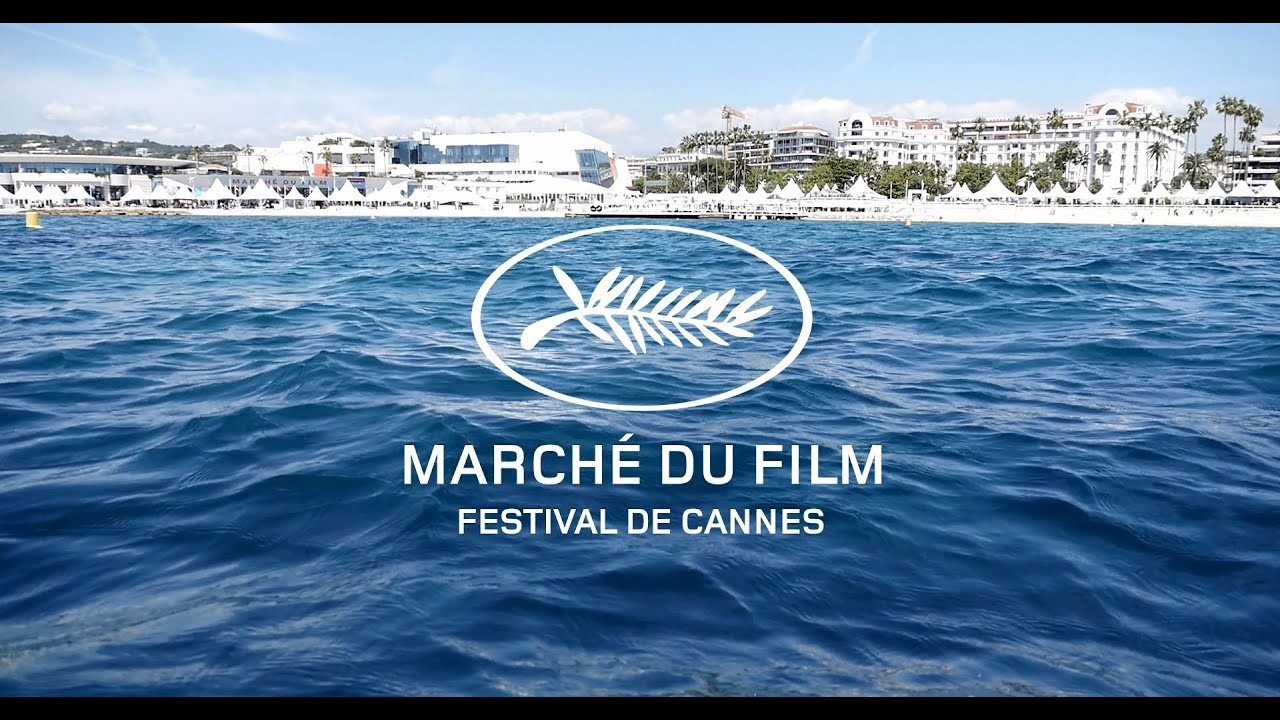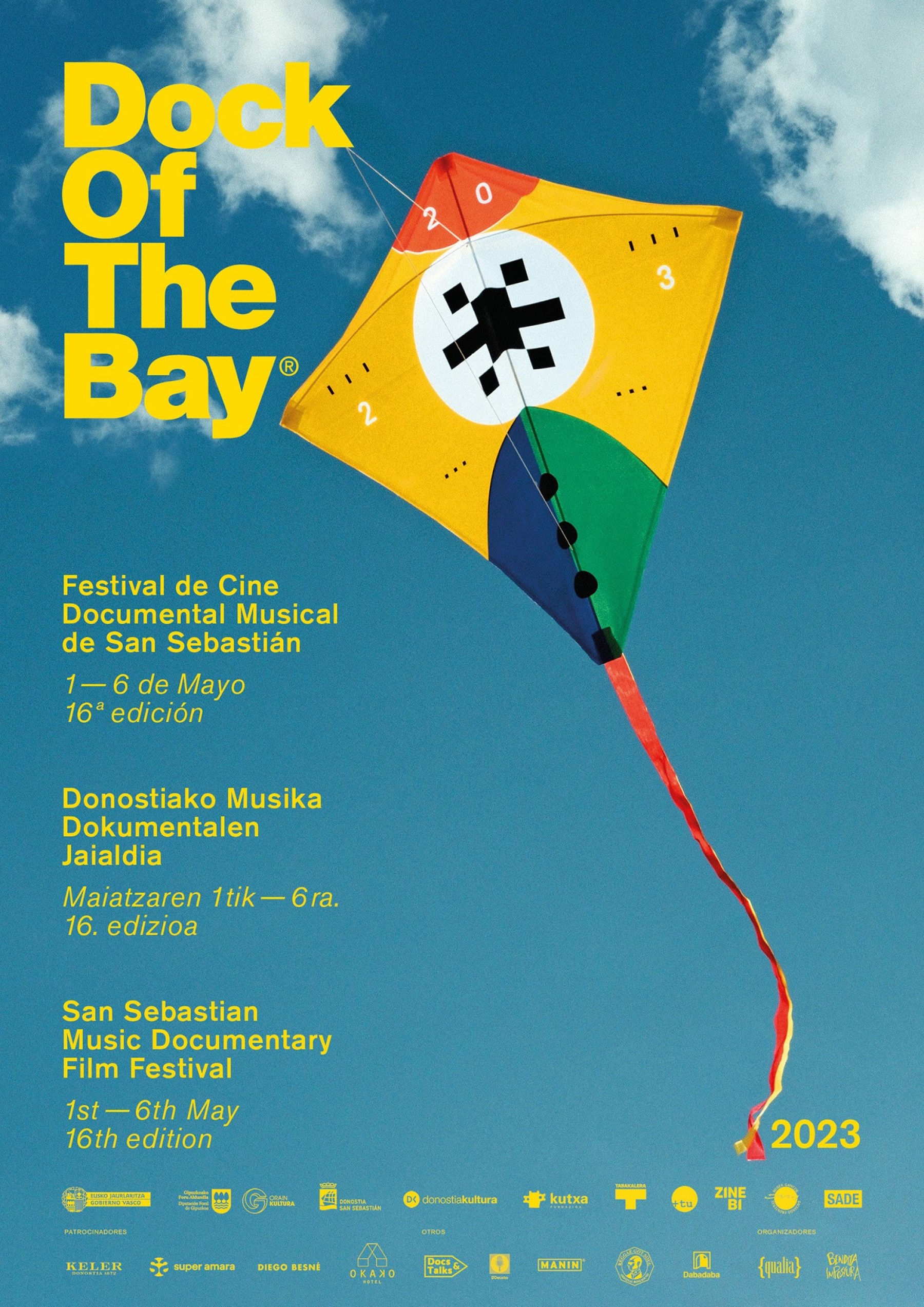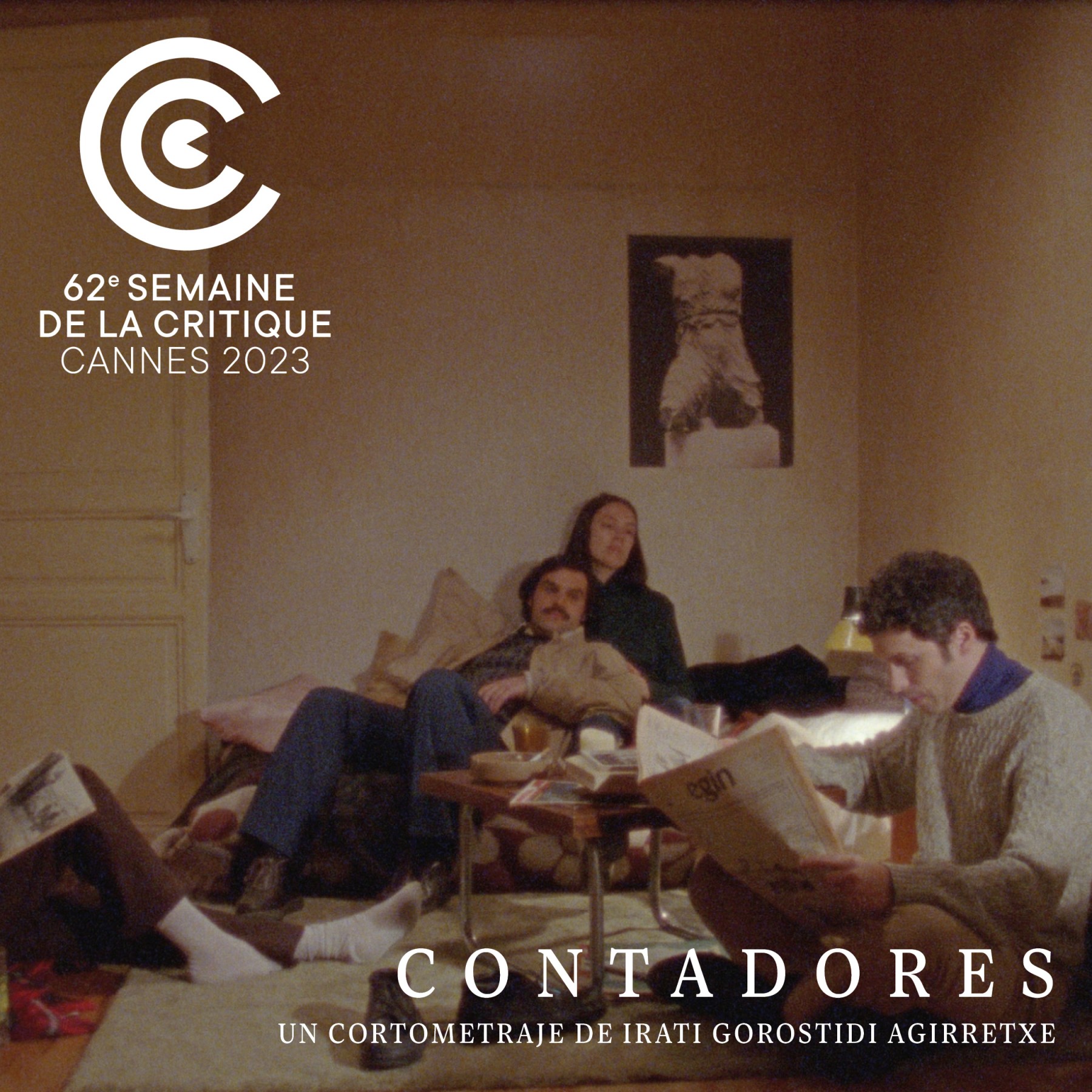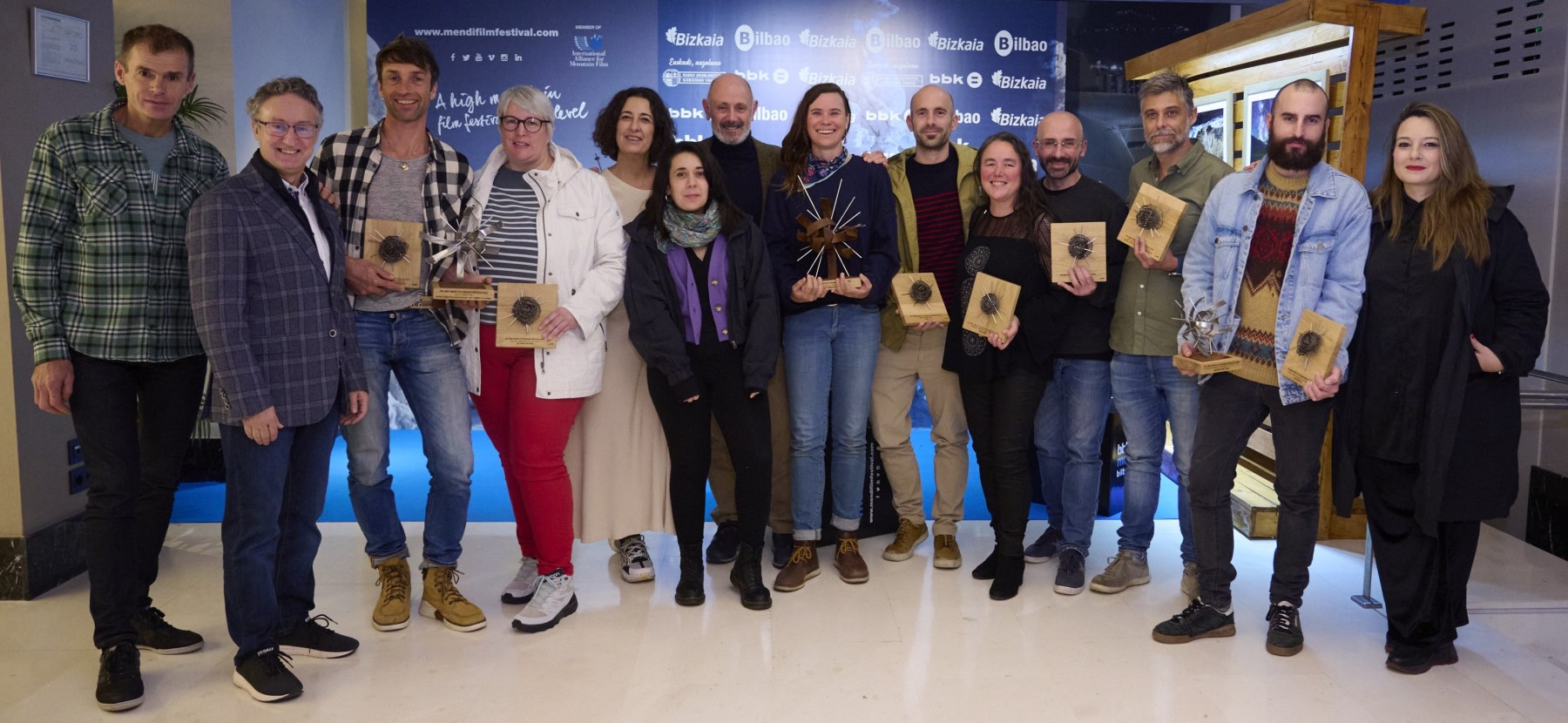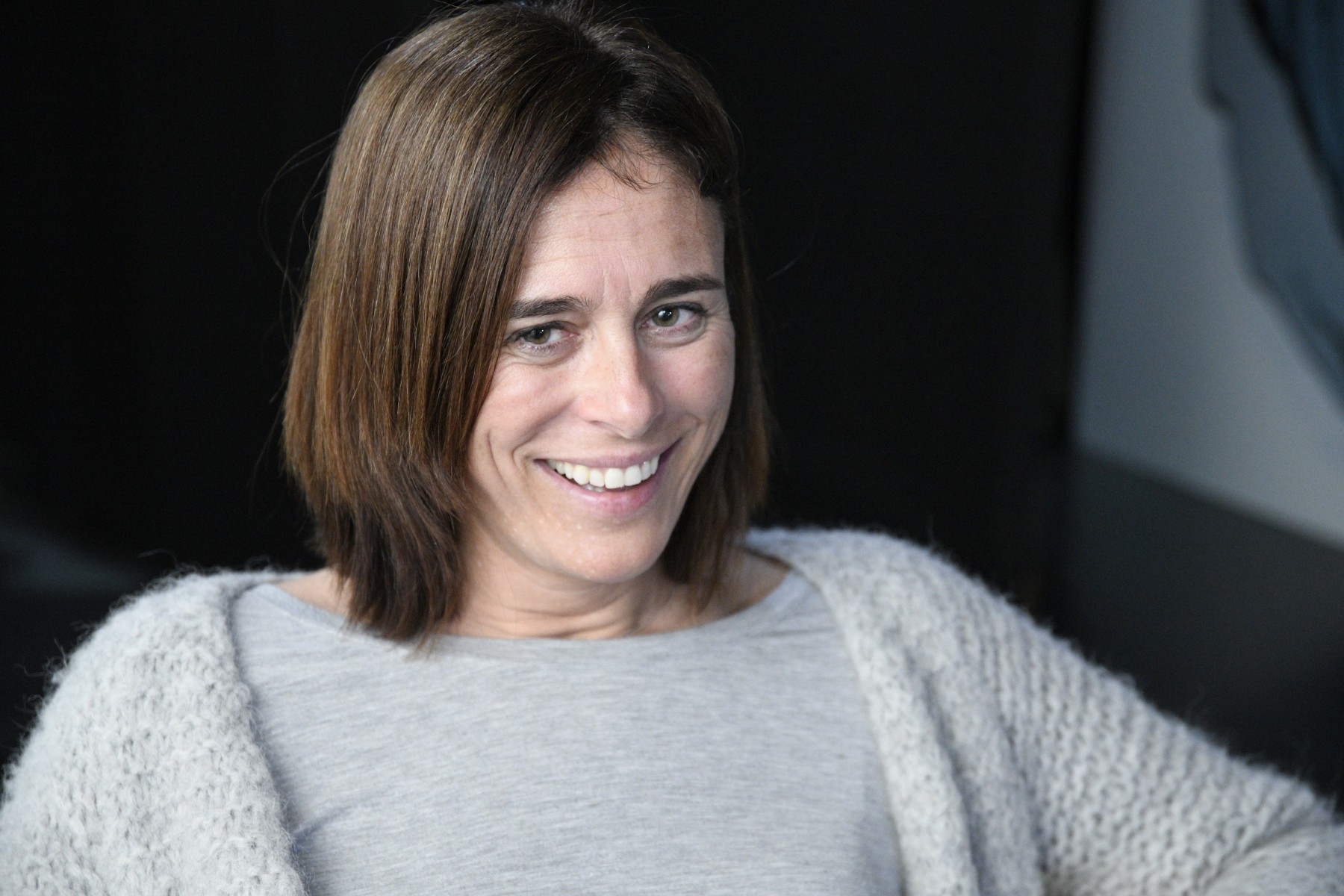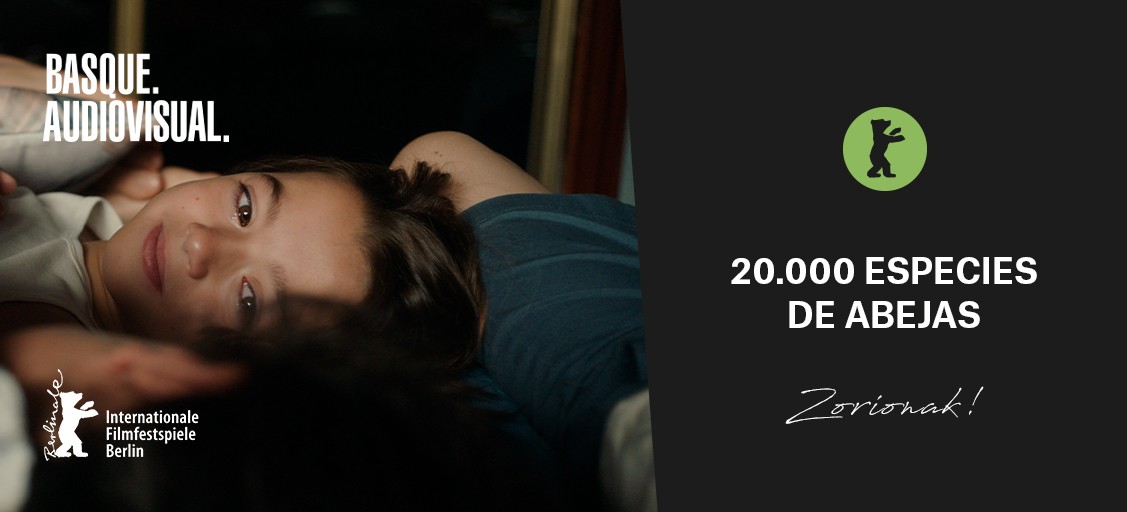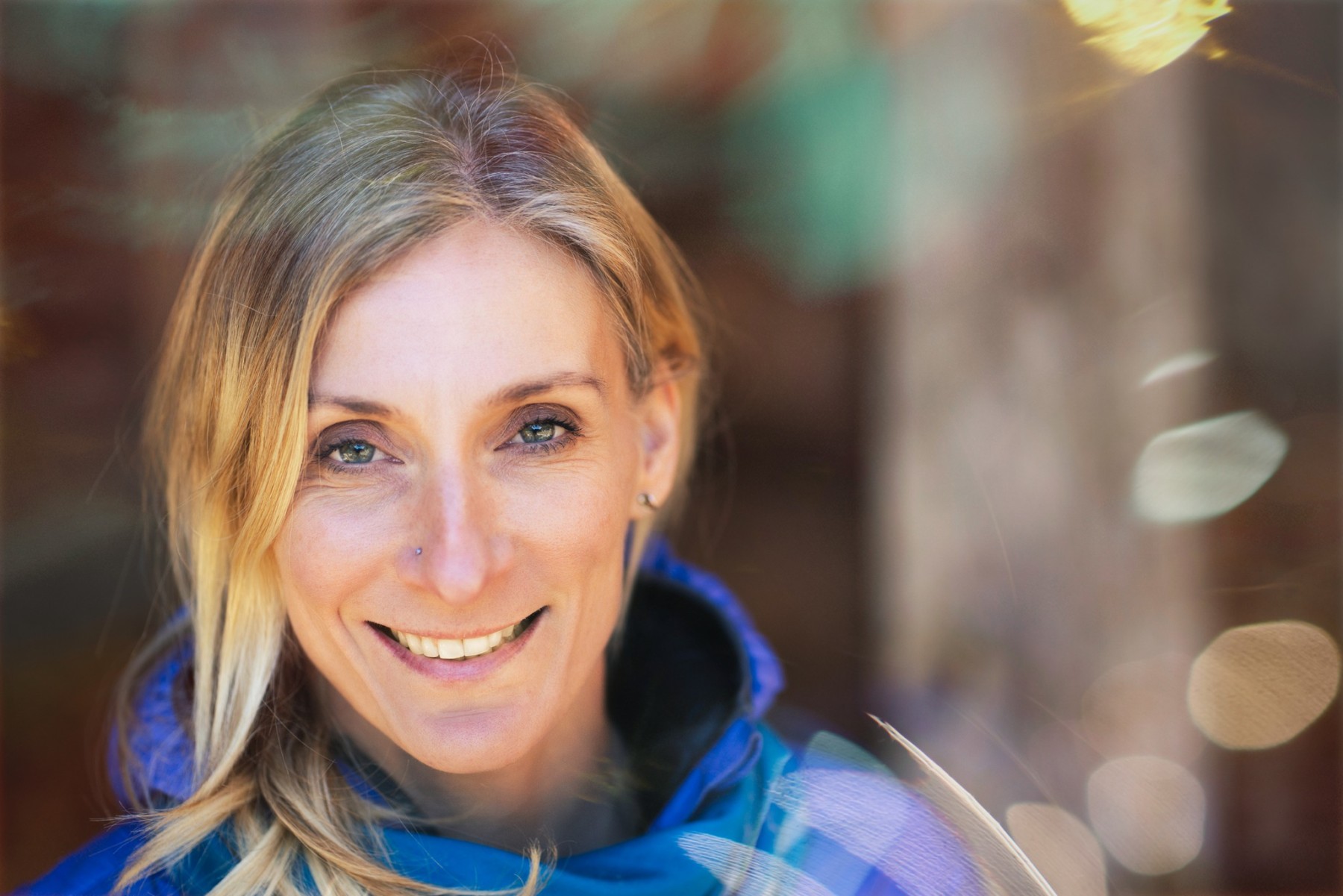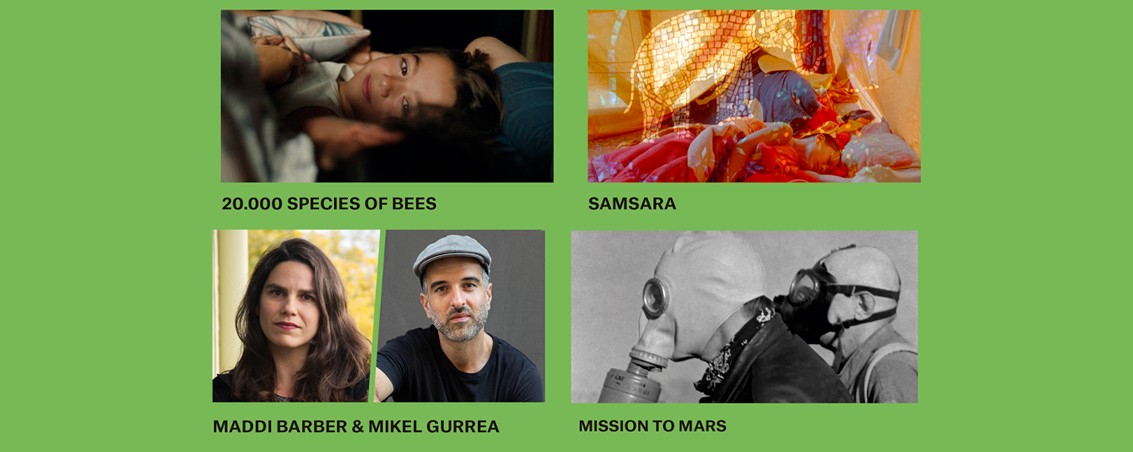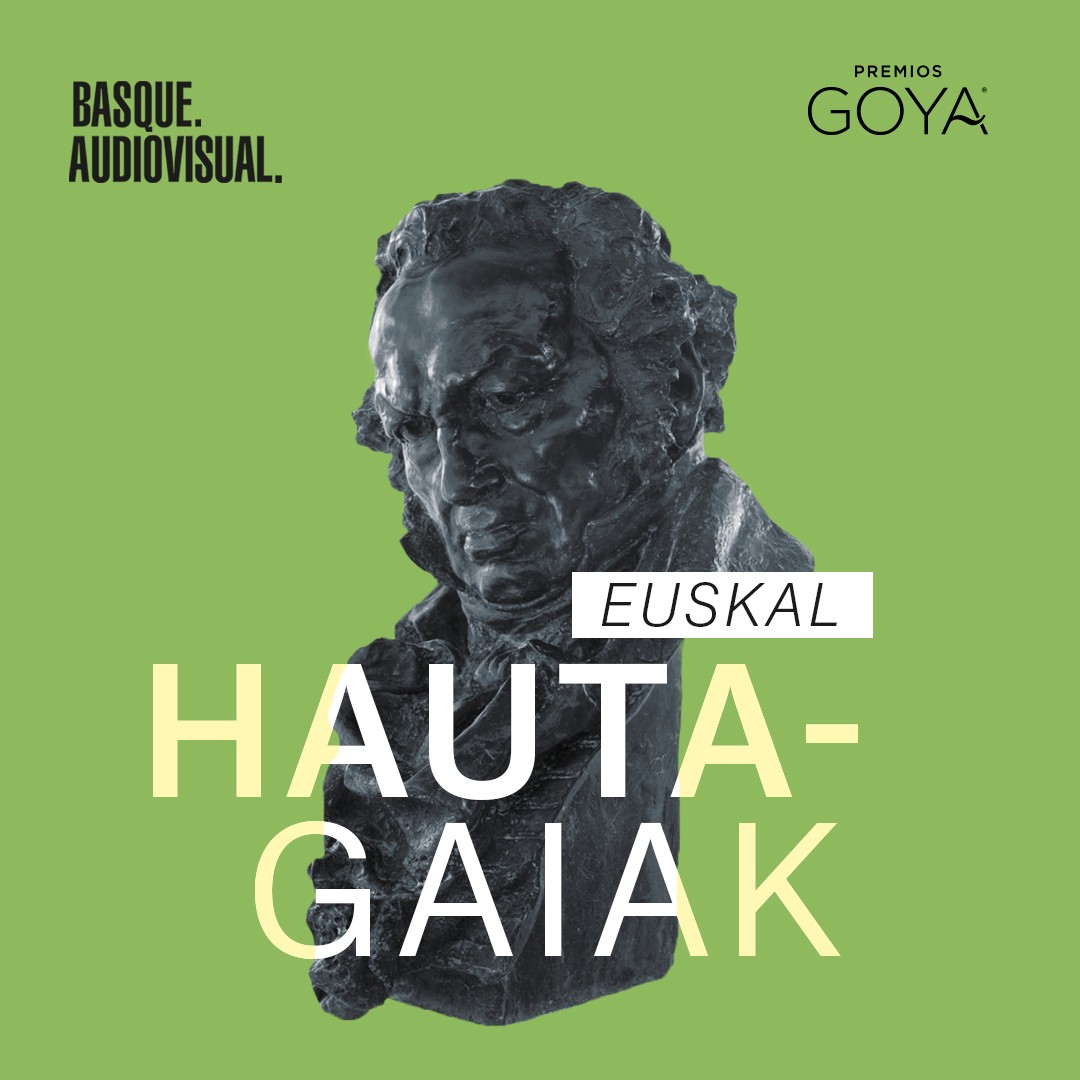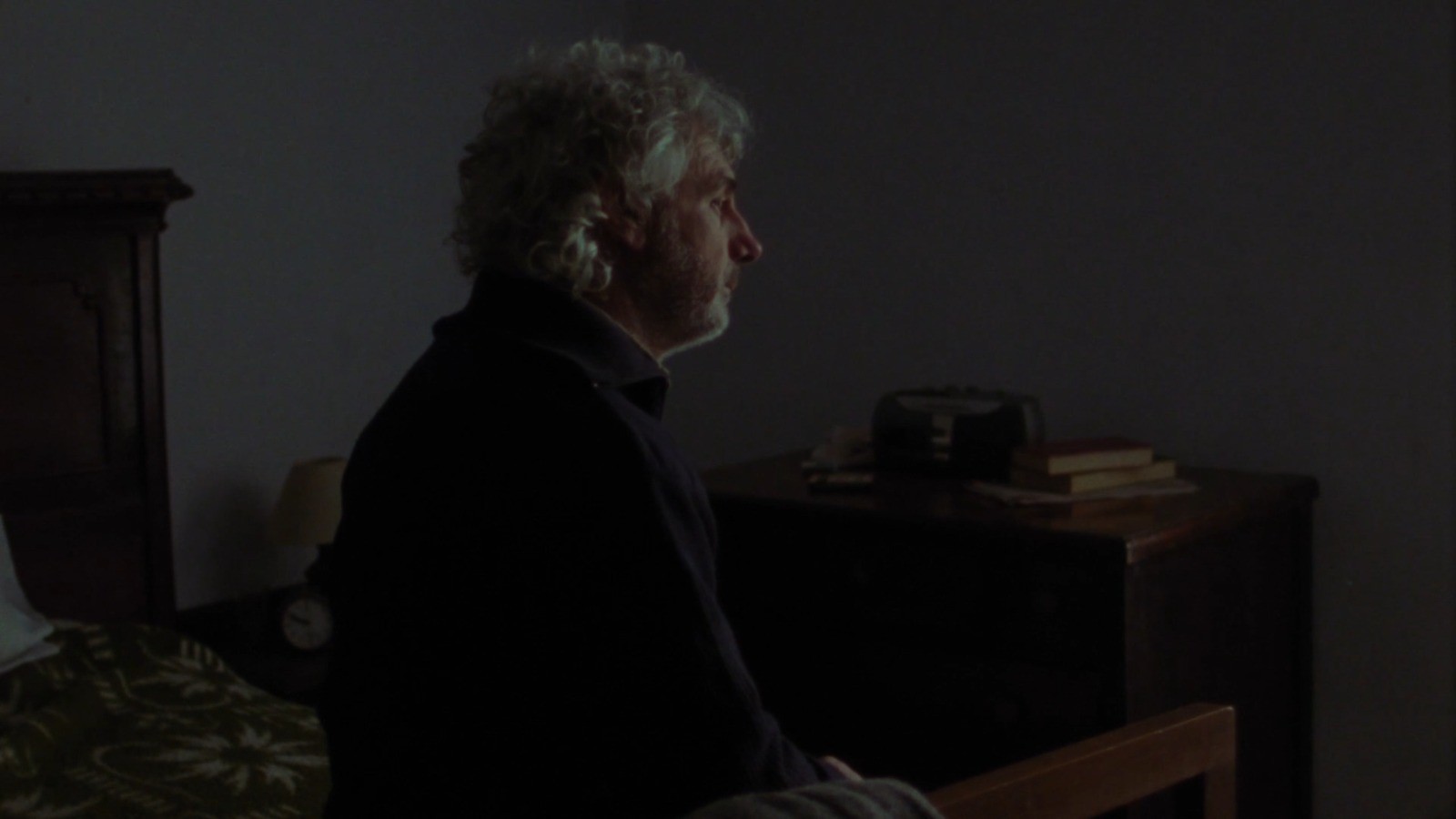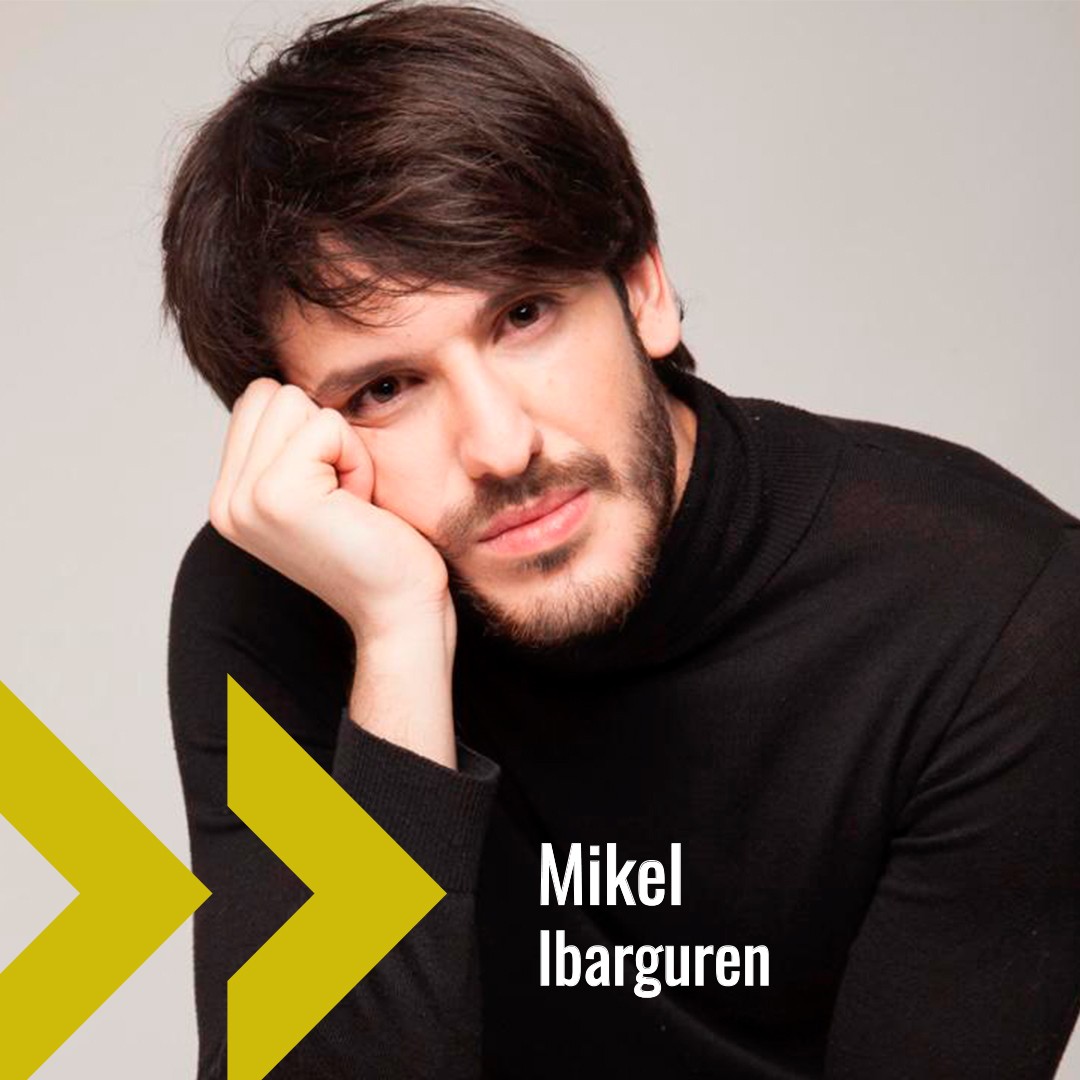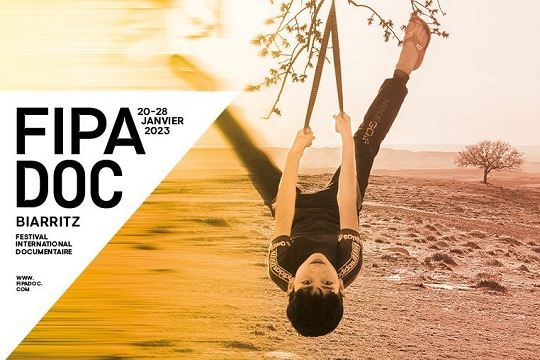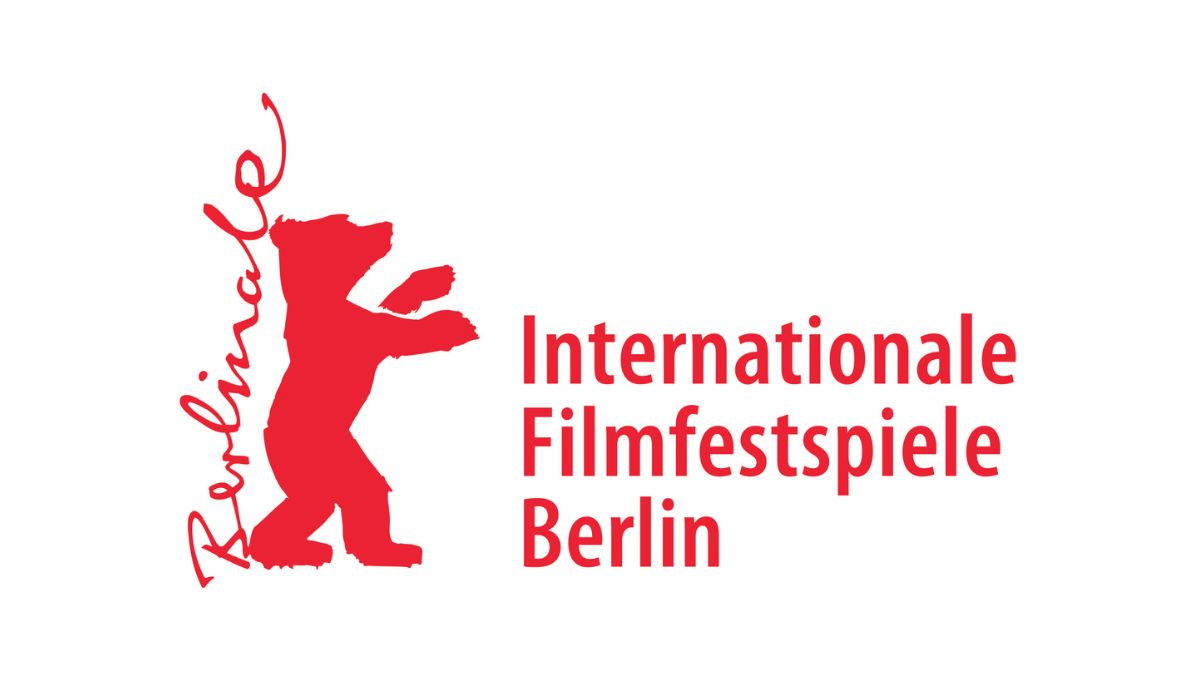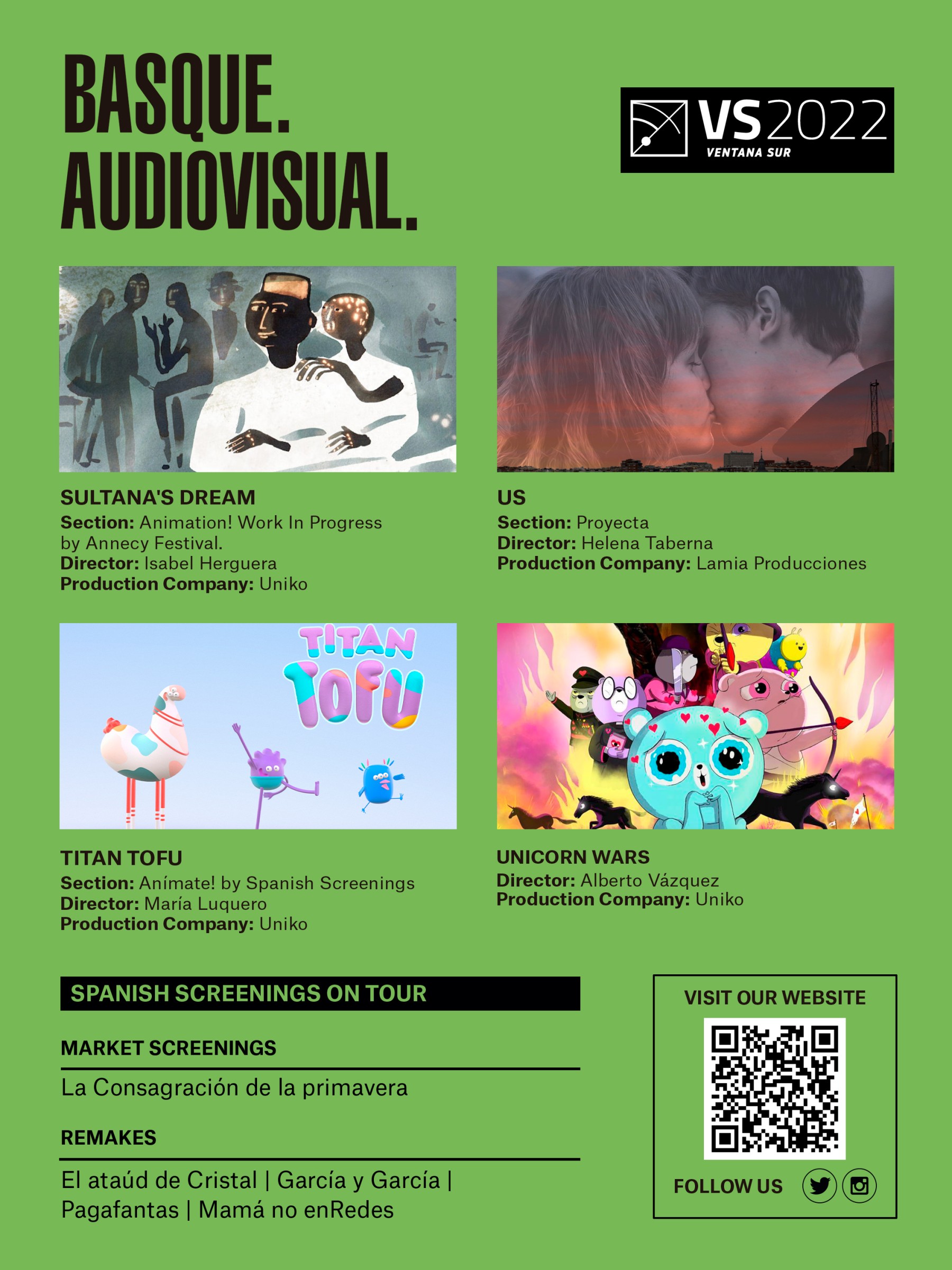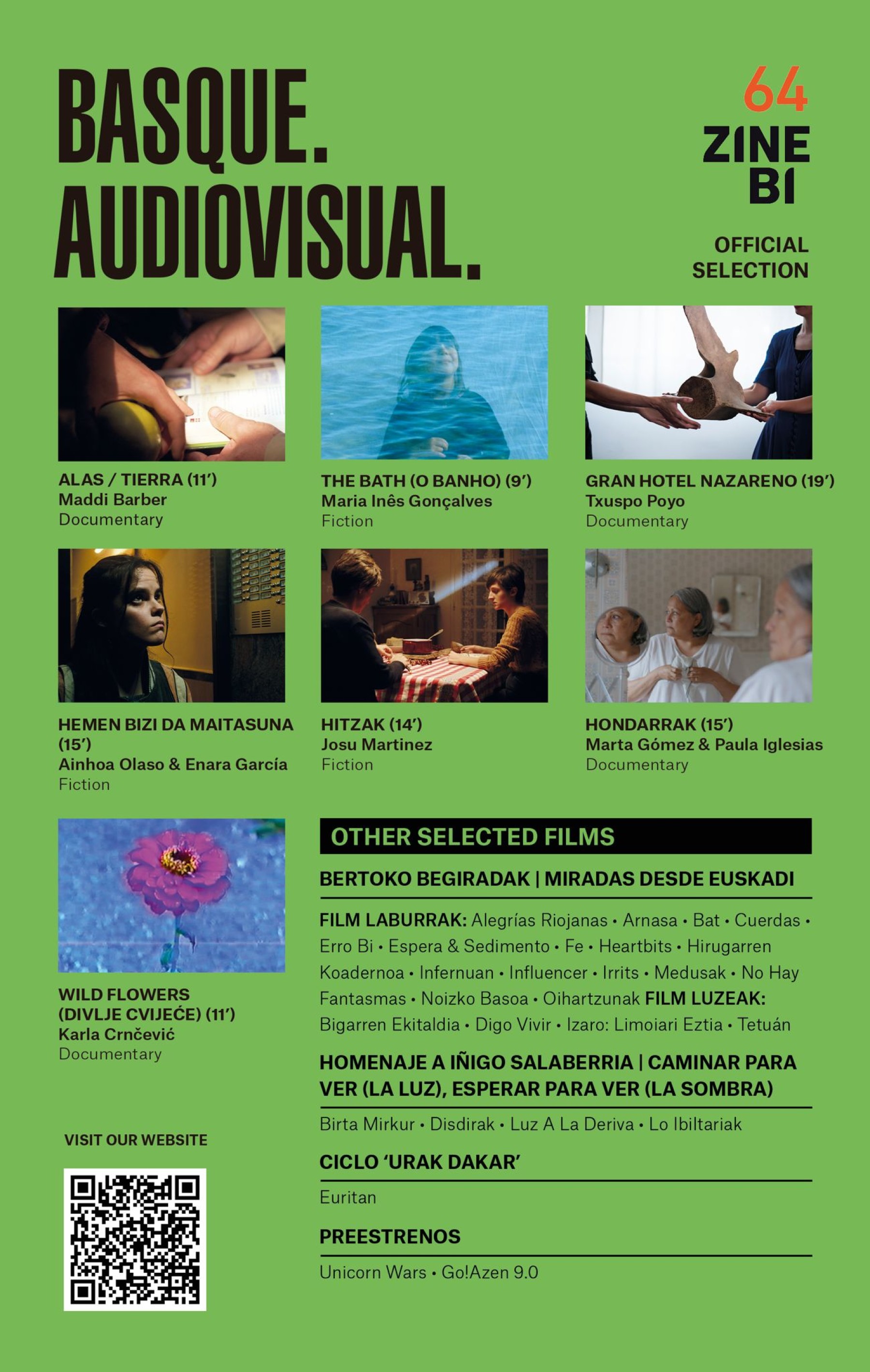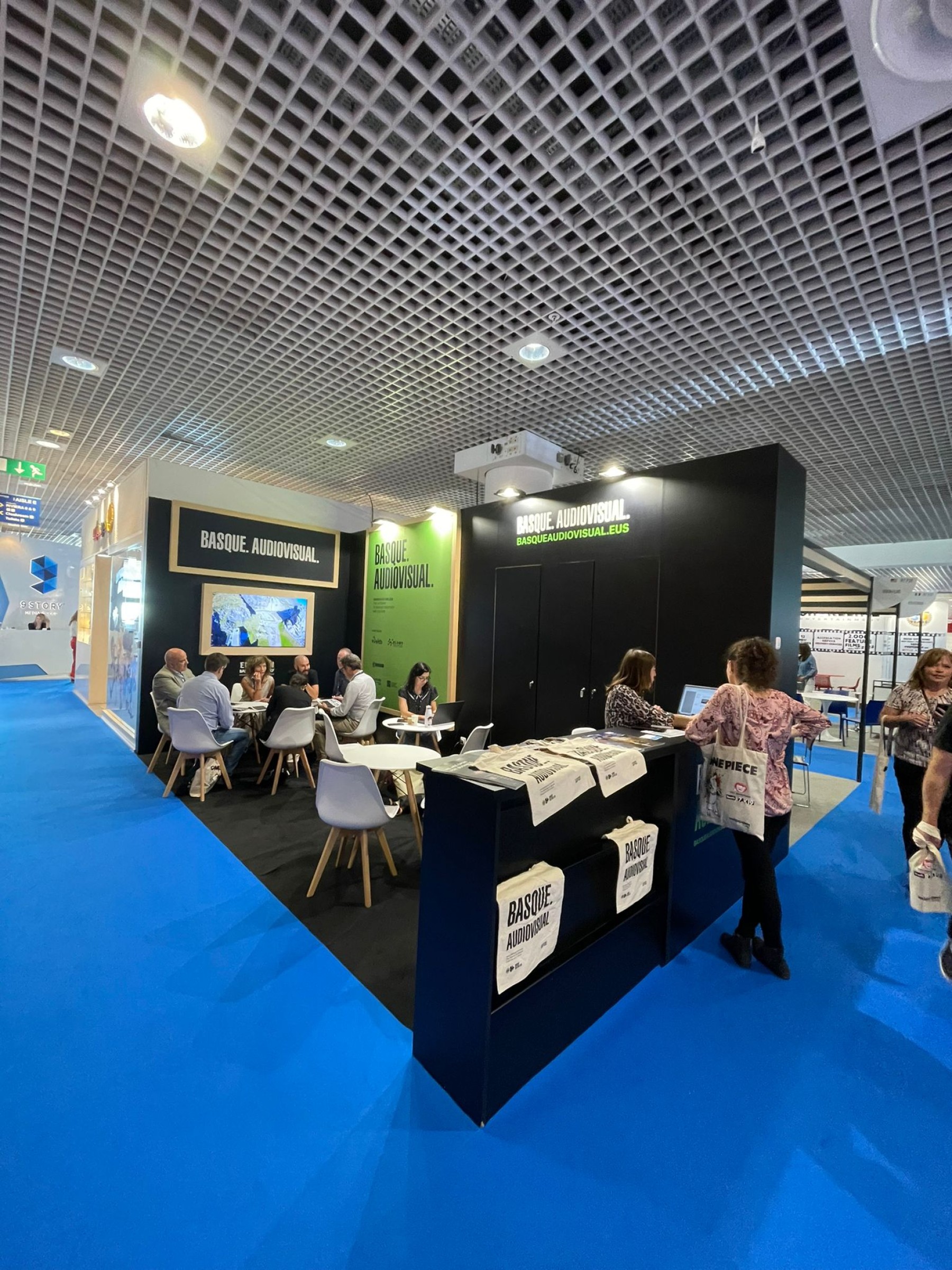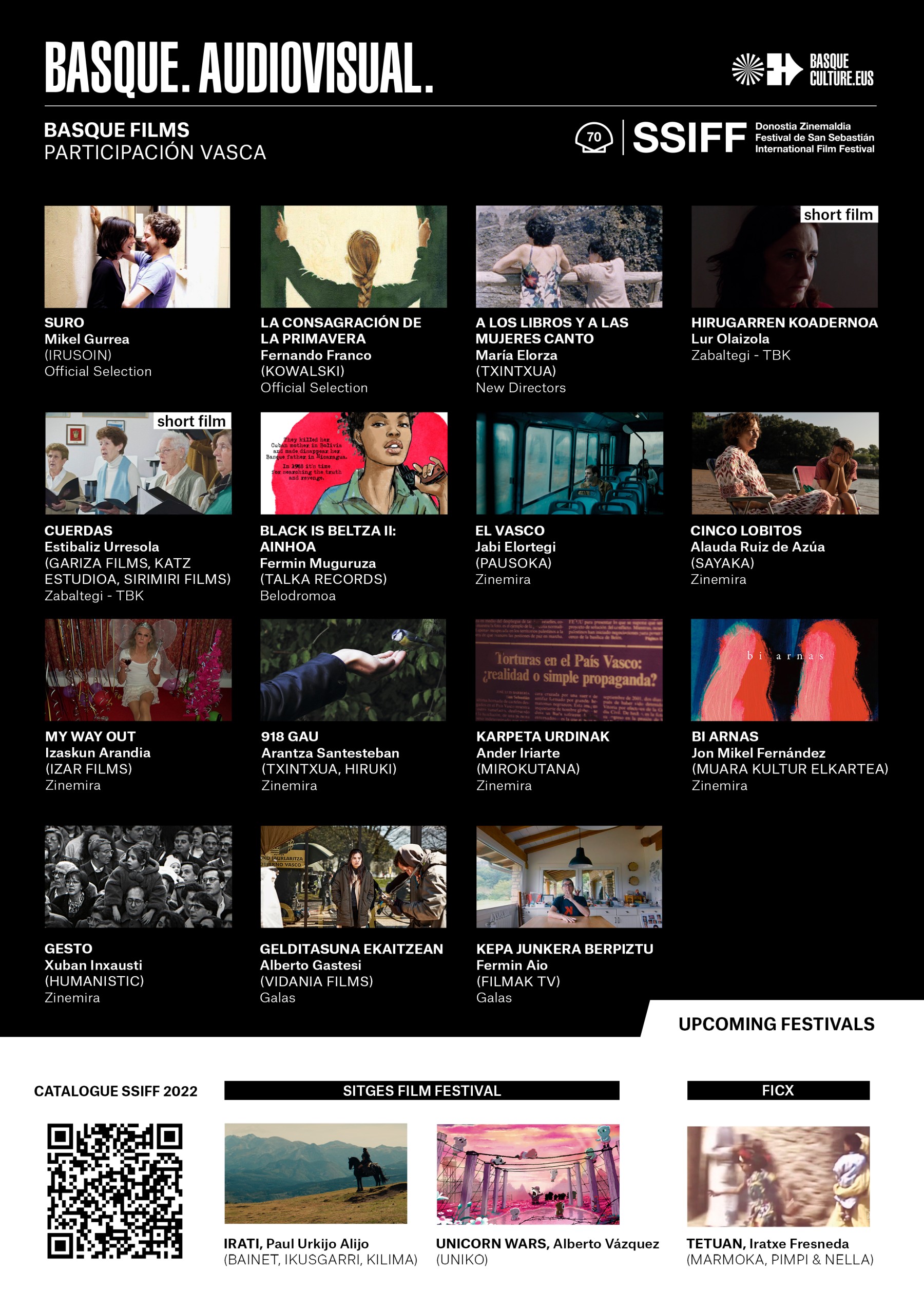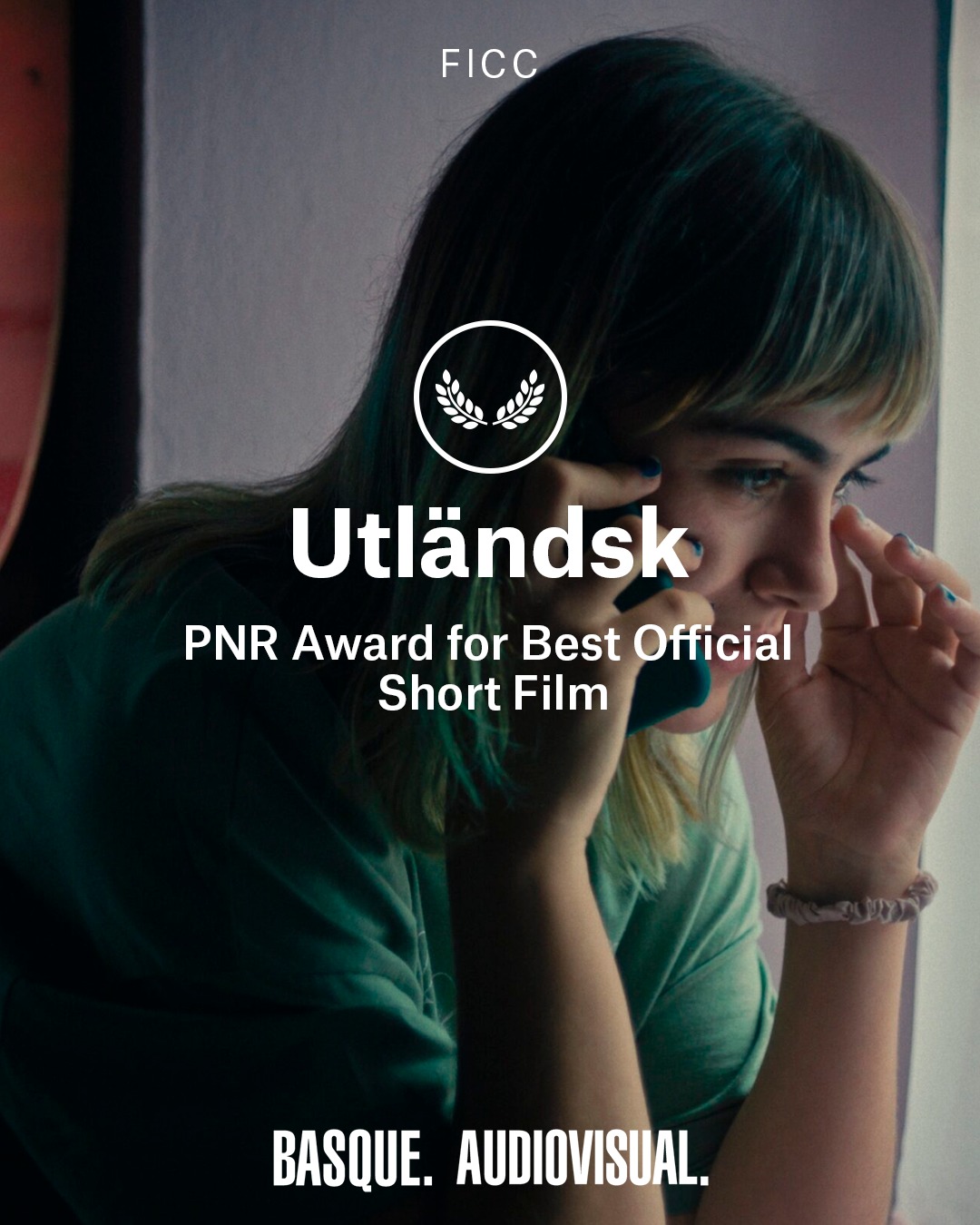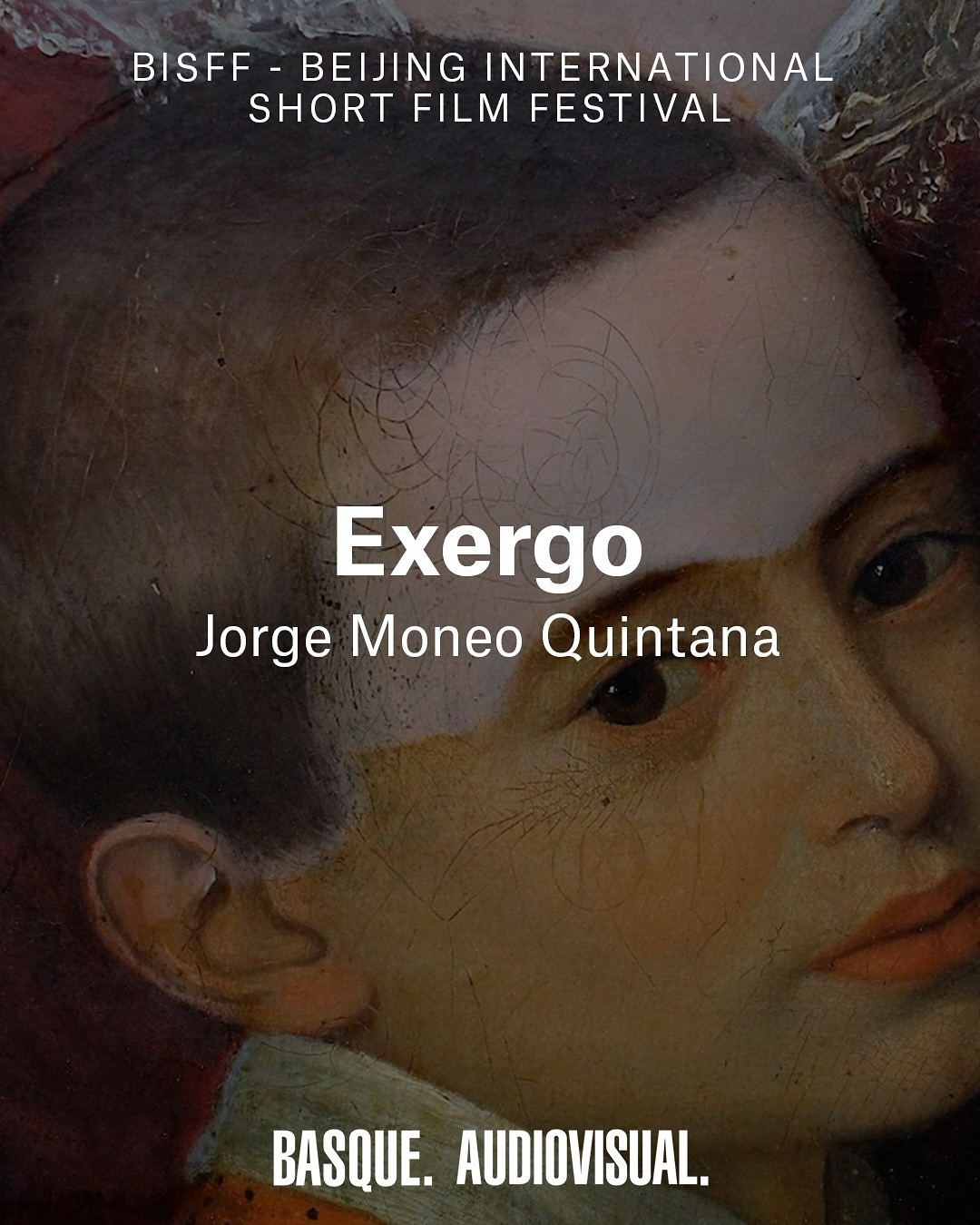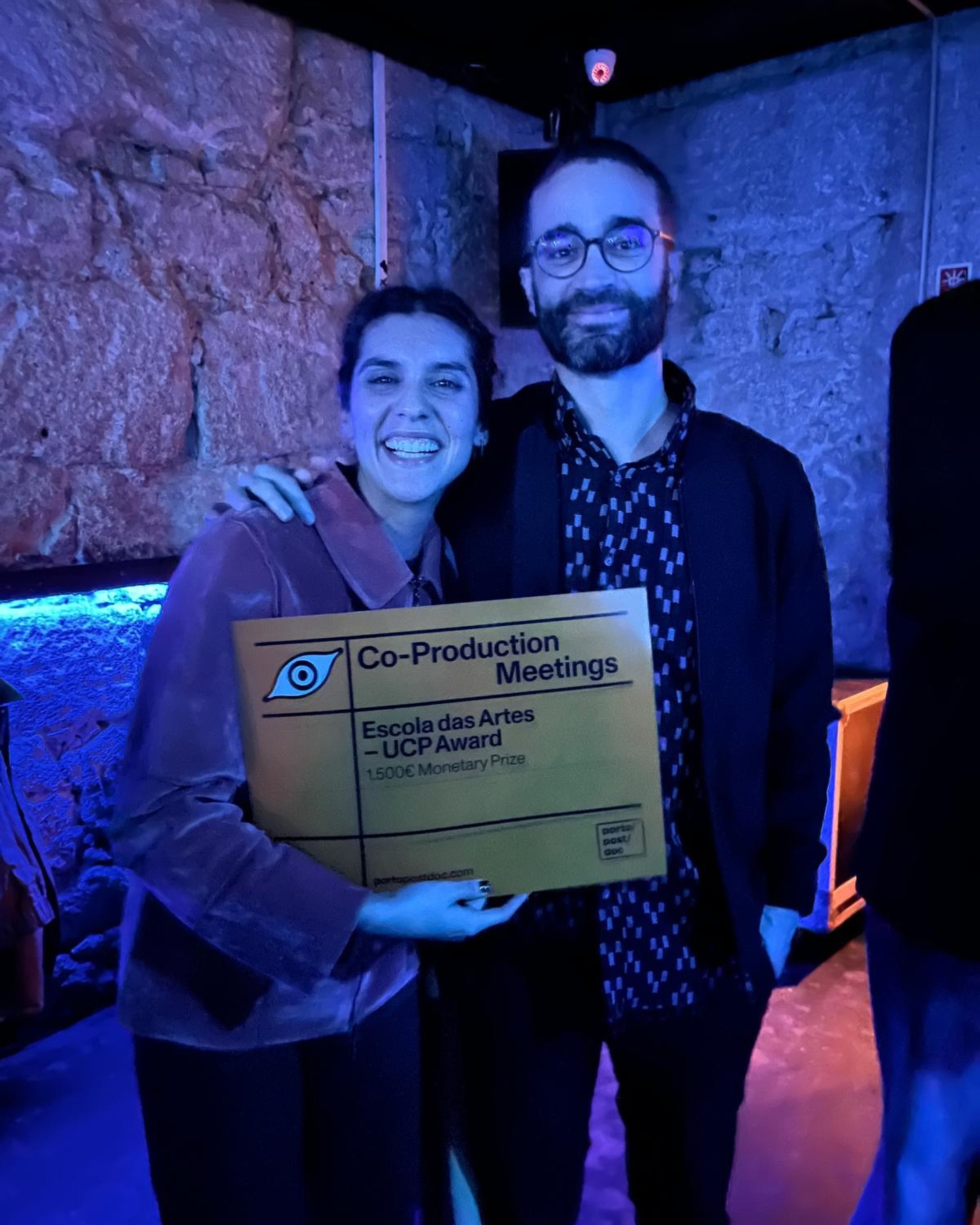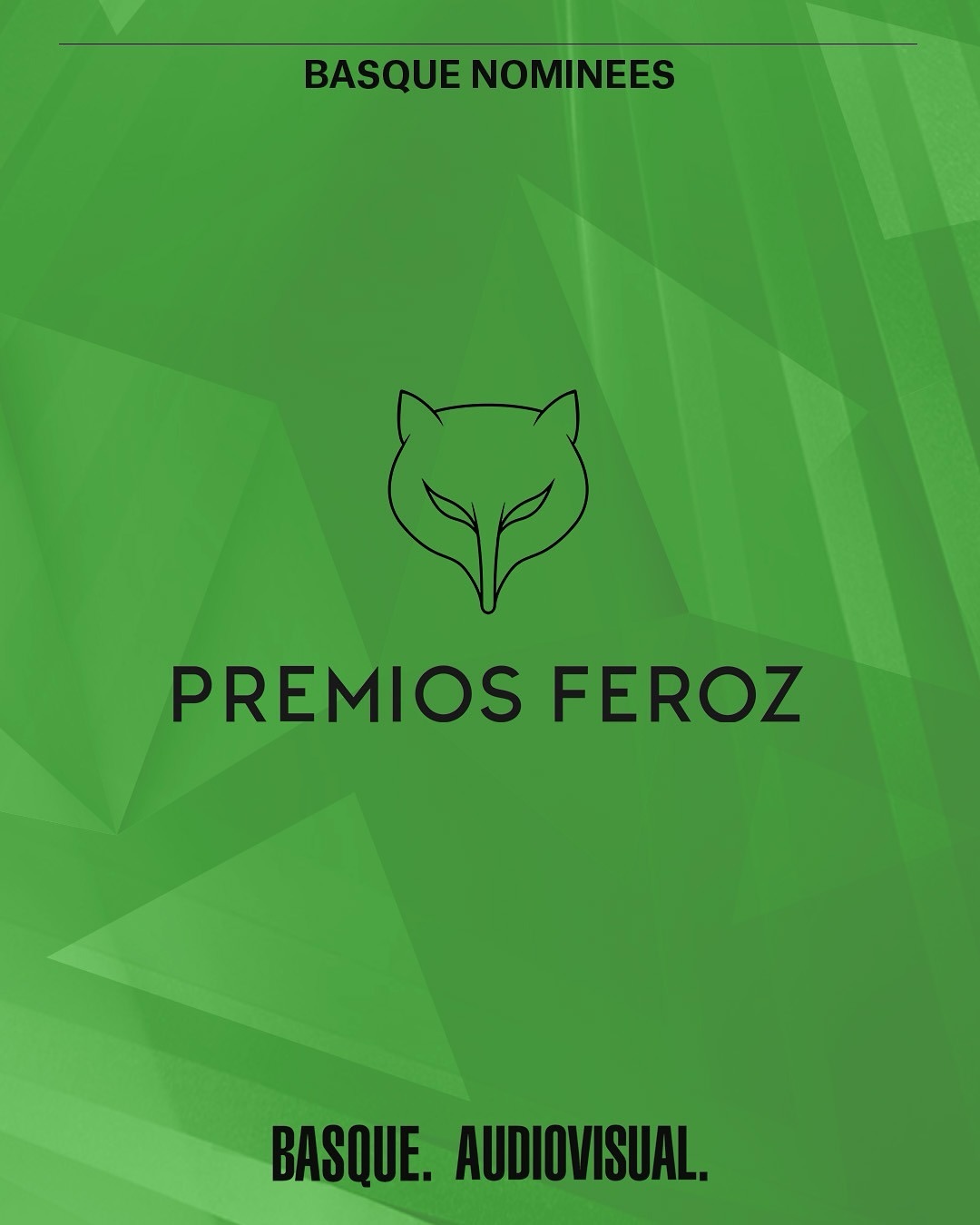2025-03-11
“There is very little fiction produced in Basque, and even less science fiction, so I wanted to take this opportunity to highlight the language’s value on a global scale”
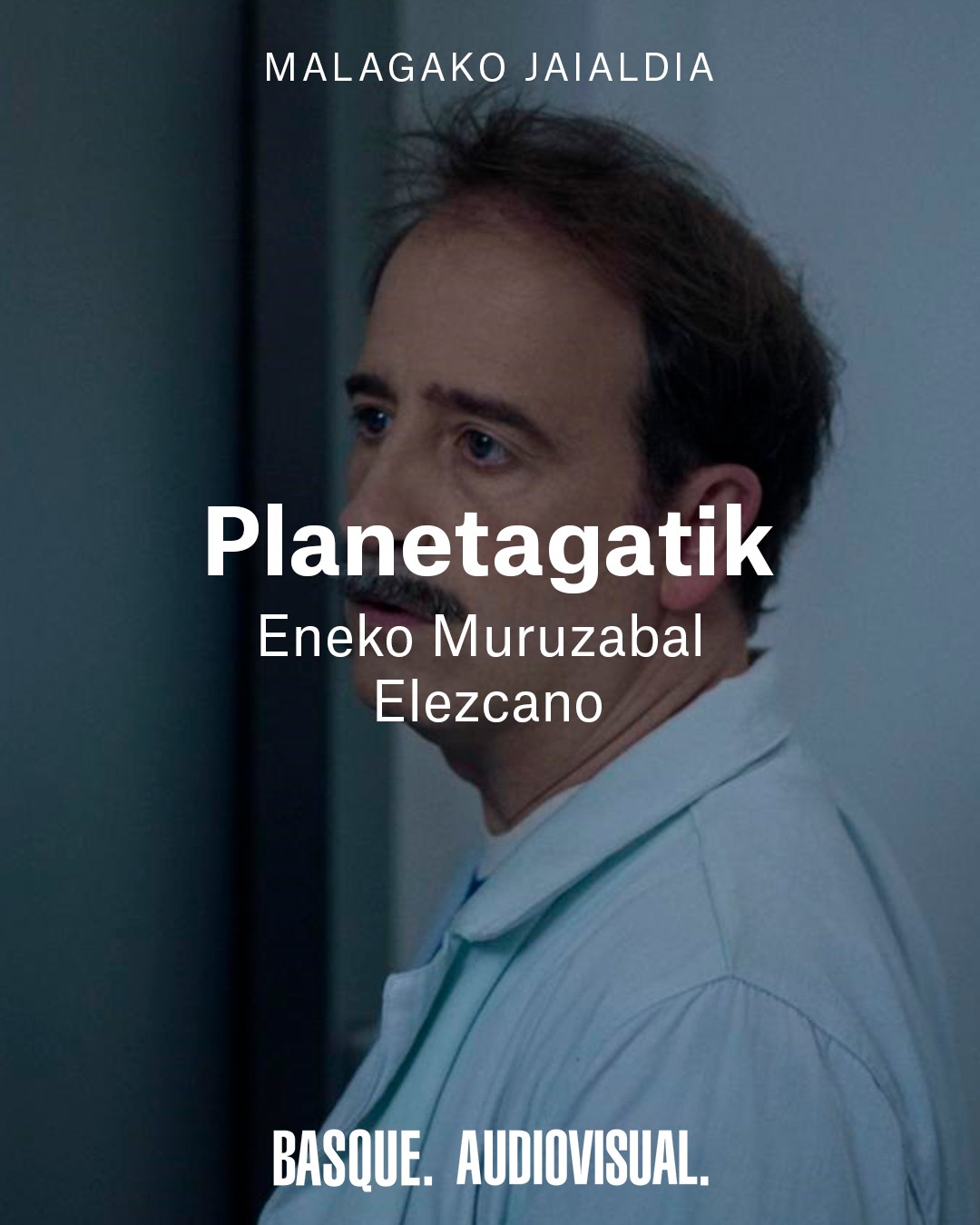
The short film ‘For The Planet’, directed by Eneko Muruzabal, blends science fiction with social critique to explore environmental commitment. Originally created for the Oihua! competition, the project has enjoyed a successful run at festivals such as ZINEBI, FICX, and the San Sebastian Horror and Fantasy Film Week. Now, its participation in the Málaga Festival marks a new milestone.
The short film ‘For The Planet’ explores environmental and social themes. How did the idea for this project come about, and what central message did you want to convey?
I originally wrote ‘For The Planet’ for the Oihua! script competition, and that’s where the project began. The competition encourages stories about the environment, and I asked myself: to what extent would we go to make a difference for the planet? What kind of situation would be needed to drive real, meaningful change?
After watching the film, each viewer will have their own interpretation, that’s my goal: to spark questions and challenge people, rather than impose a single message. At the same time, I also wanted it to offer a fun and exciting cinematic experience.
Why did you choose this title, and what significance does the Basque language have in this story?
‘For The Planet’ is the slogan of the company featured in the film. At first, it appears to be just another marketing campaign, but it holds multiple layers of meaning, allowing the audience to interpret it in their own way.
For me, incorporating Basque was fundamental. I only recently started making short films, and in some ways, I still feel like an outsider in the industry. However, I was certain that if I were to create fiction, it would be in Basque. There is very little fiction produced in Basque, and even less science fiction, so I wanted to take this opportunity to highlight the language’s value on a global scale.
What were the main challenges in directing the short film?
The biggest challenge was working with such a large team. My previous short film was much smaller and simpler, but this time, the production was on a much bigger scale. All the department heads were professionals, each bringing their own expertise, which really enriched the film. They did an incredible job, truly.
For me, one of the greatest challenges was directing actors. Fortunately, Iñigo Aranburu, Ainhoa Artetxe, and Maria Cruickshank are outstanding professionals, they made the process much easier for me, and their performances took the film to another level.
Another rewarding challenge was seamlessly integrating visual effects and 3D elements. Using these techniques is always complex, but I’m really pleased with the final result.
Finally, what I’m most proud of is managing to complete everything as planned within the time we had, while ensuring that everyone on the team could finish on time and leave feeling happy. It was an experience I’d love to repeat.
How has the short film’s journey been so far?
The film’s run has been fantastic. We premiered at the San Sebastian Horror and Fantasy Film Week, and since then, it has been selected for several major festivals in Spain, including ZINEBI, FICX, and Aguilar, among others.
Our international premiere is scheduled for April at a festival within the Méliès network. We can’t reveal the details just yet, but I can say that it will take place in South America. By autumn 2025, we hope to be part of even more international festivals.
What does ‘For The Planet’ film’s participation in a renowned festival like Malaga mean to you?
It’s a real honour for us and a fantastic opportunity to gain more exposure, reach new audiences, and increase our chances of being selected for other festivals. Malaga provides great visibility for short films, so we’re delighted to be part of it.
Additionally, Ainhoa Artetxe and I will be heading to Malaga to present the film, and we’re excited to enjoy the experience. I also see it as a valuable chance to build connections and open doors for future projects.
How has the short film been received at festivals and previous screenings?
I’d say the reception has been positive. The goal is to make people think while ensuring they have a good time. Although the film has a humorous tone, it explores human contradictions and doesn’t deliver a single, clear-cut message.
As a result, audiences often approach us with their own reflections, sparking discussions and debates. I really enjoy creating these kinds of conversations, so I’m very happy with the reactions we’ve been receiving.
Are you working on any new projects you can share with us?
Yes, I’ve written another short film, and we’re now starting to look for funding. It will be in Basque, and once again, we’ll be working within the science fiction genre.
This time, I want to explore the dramatic possibilities of an ecotopia and experiment with new storytelling techniques and archetypes. I’m also keen to increase the use of practical special effects.


